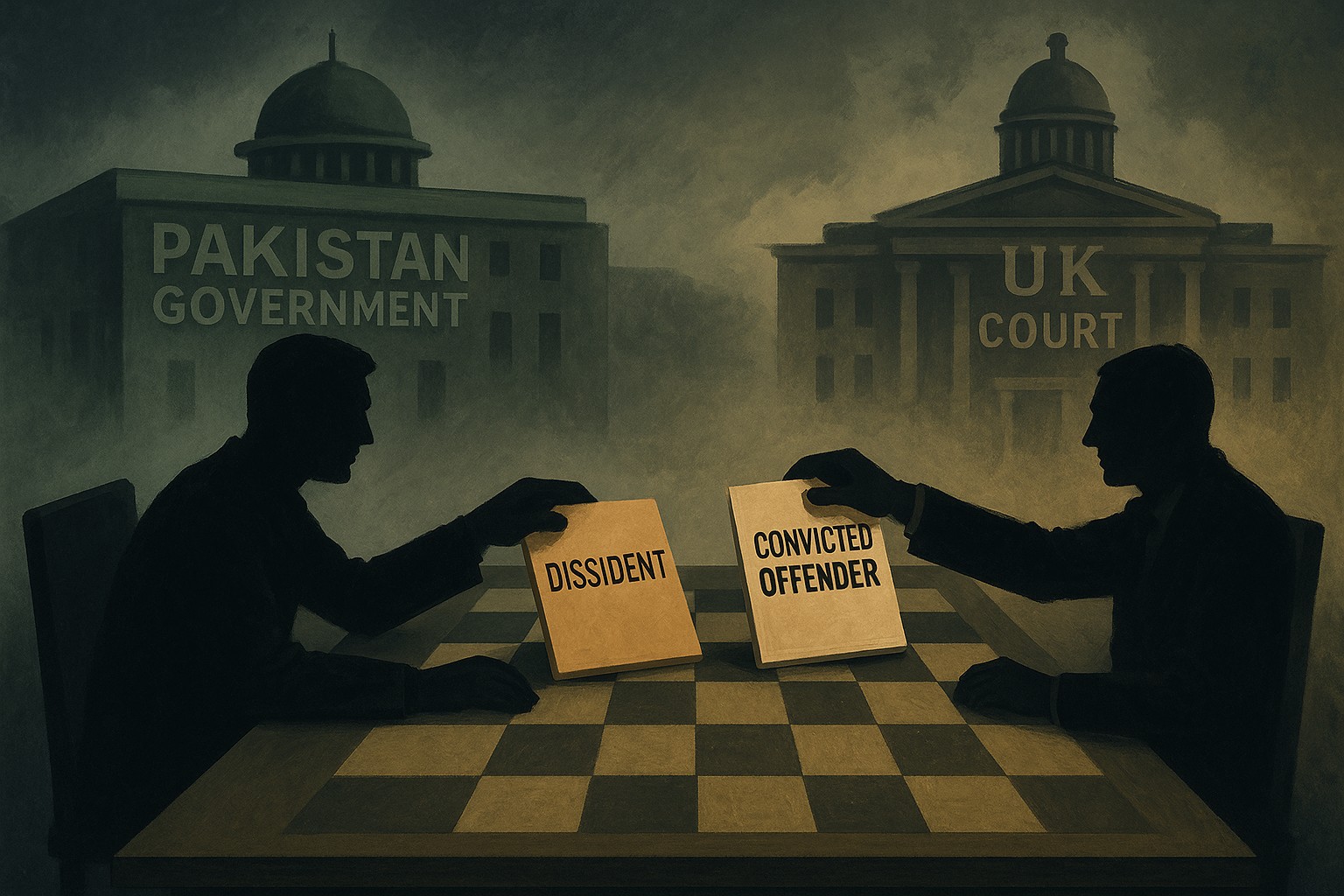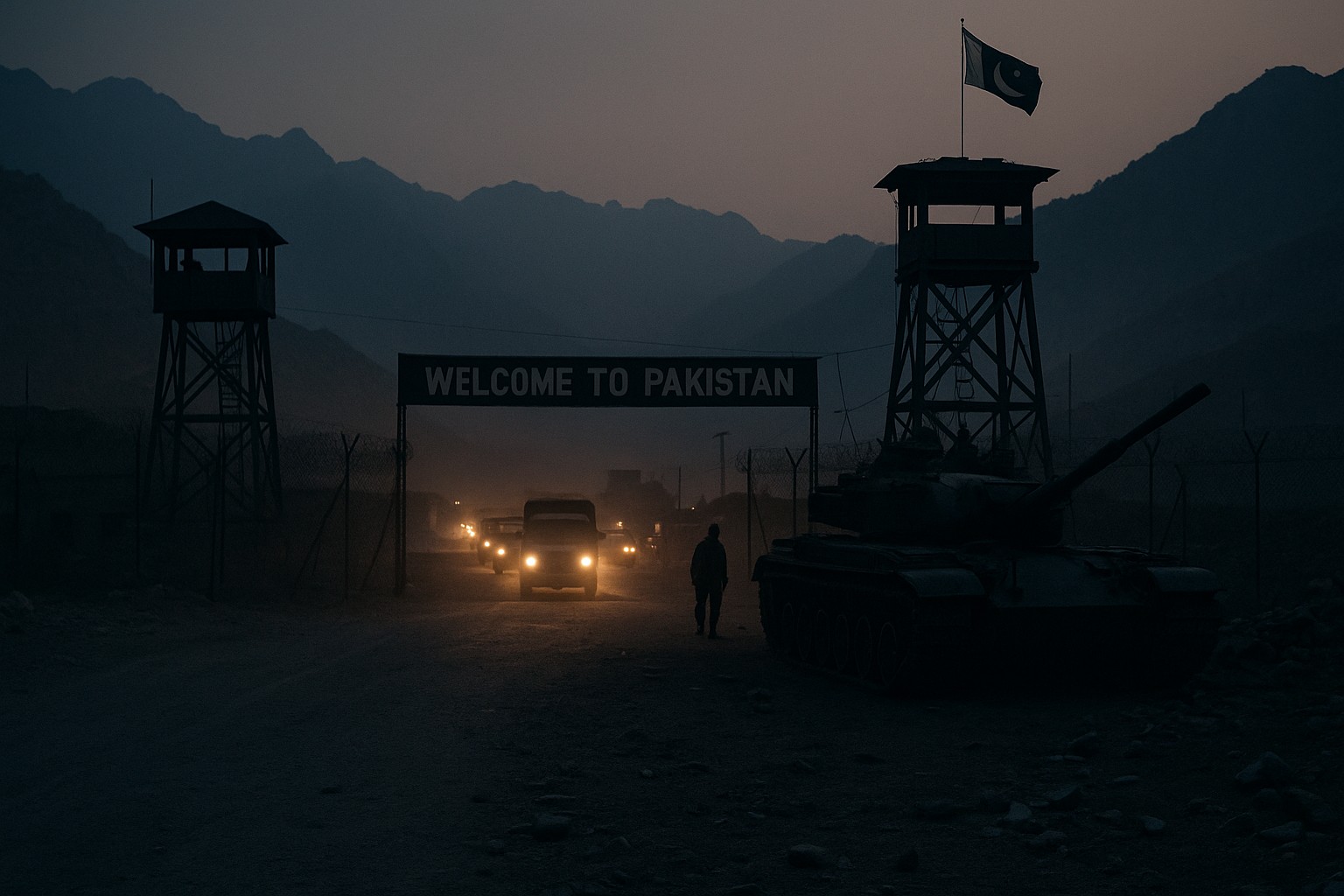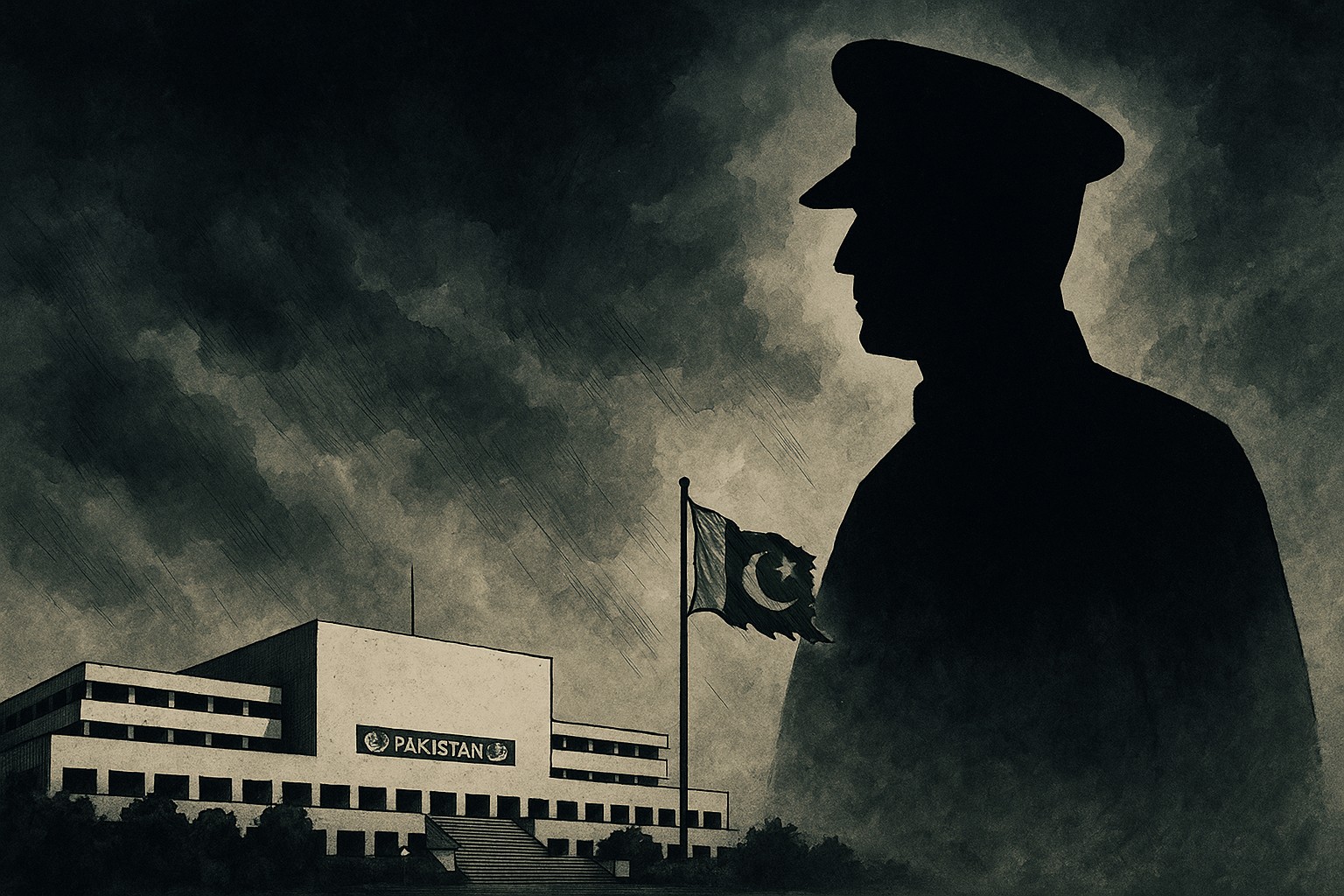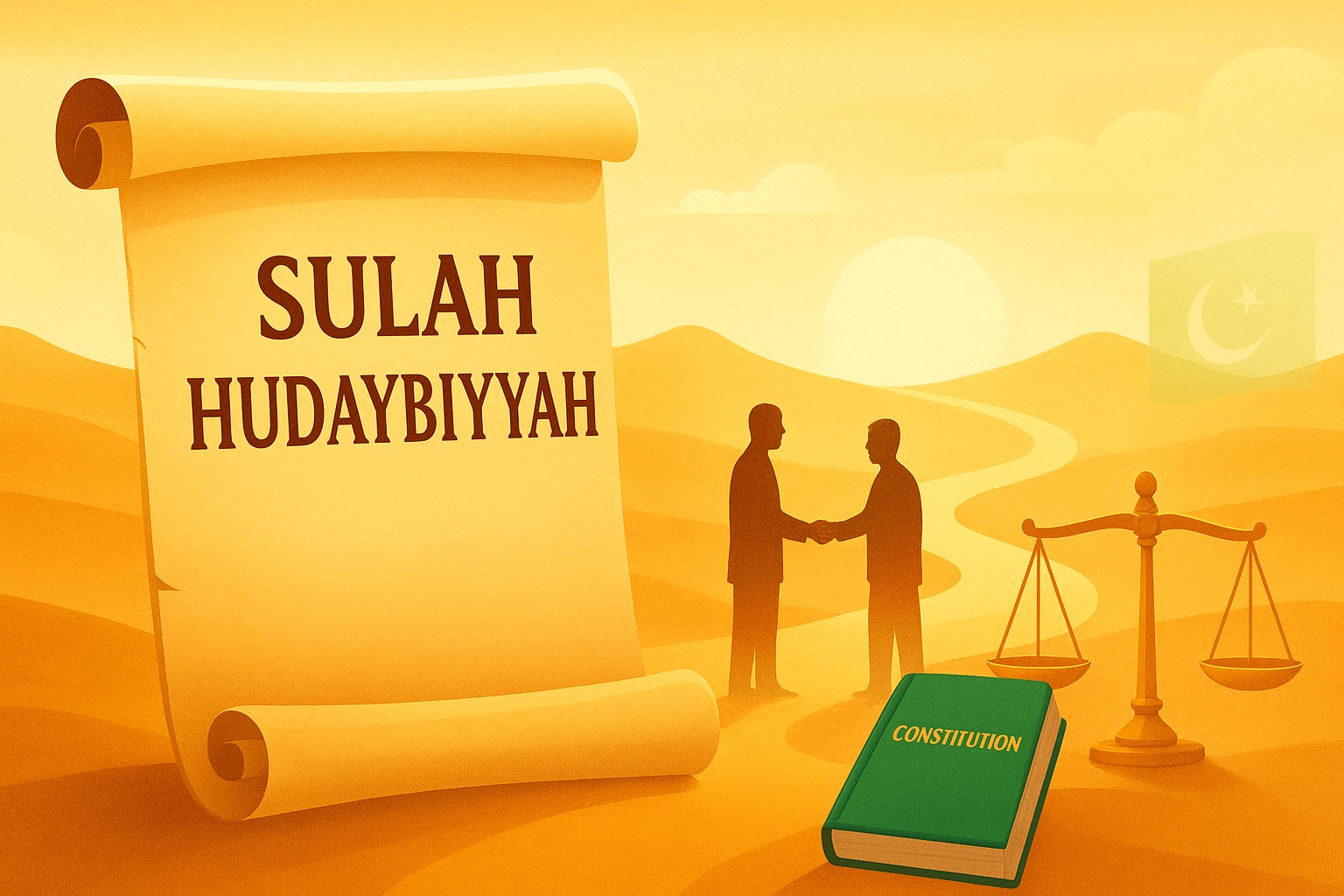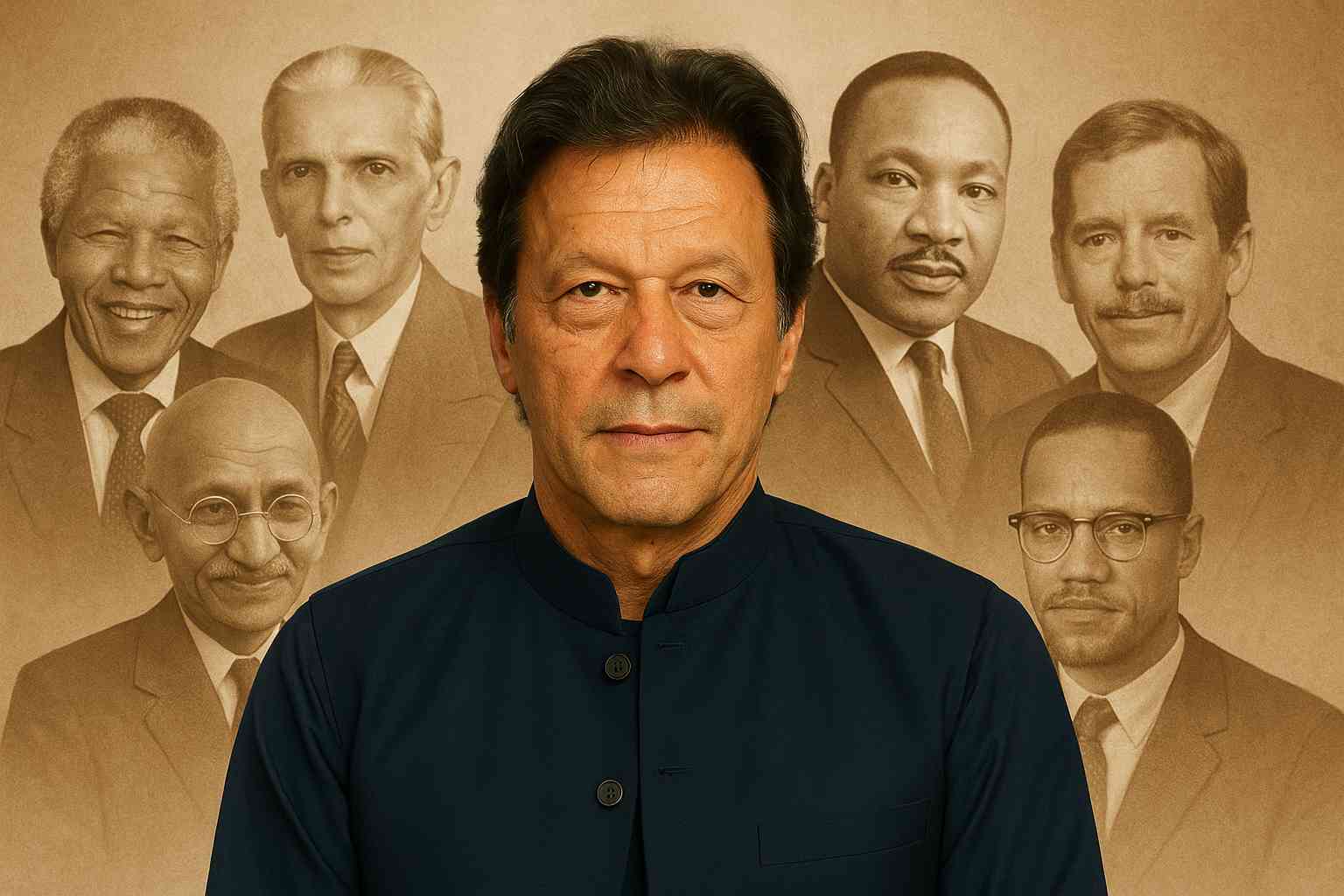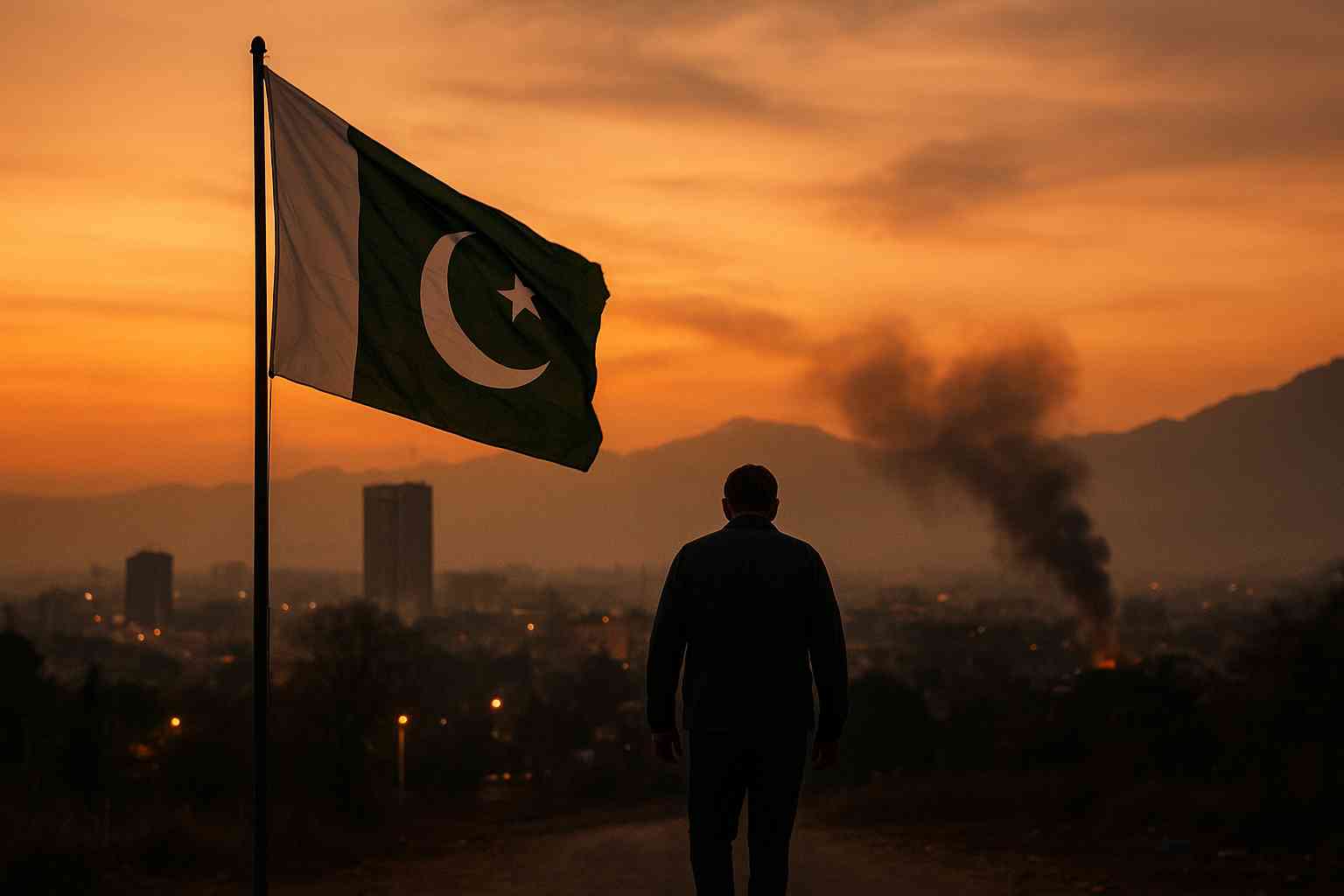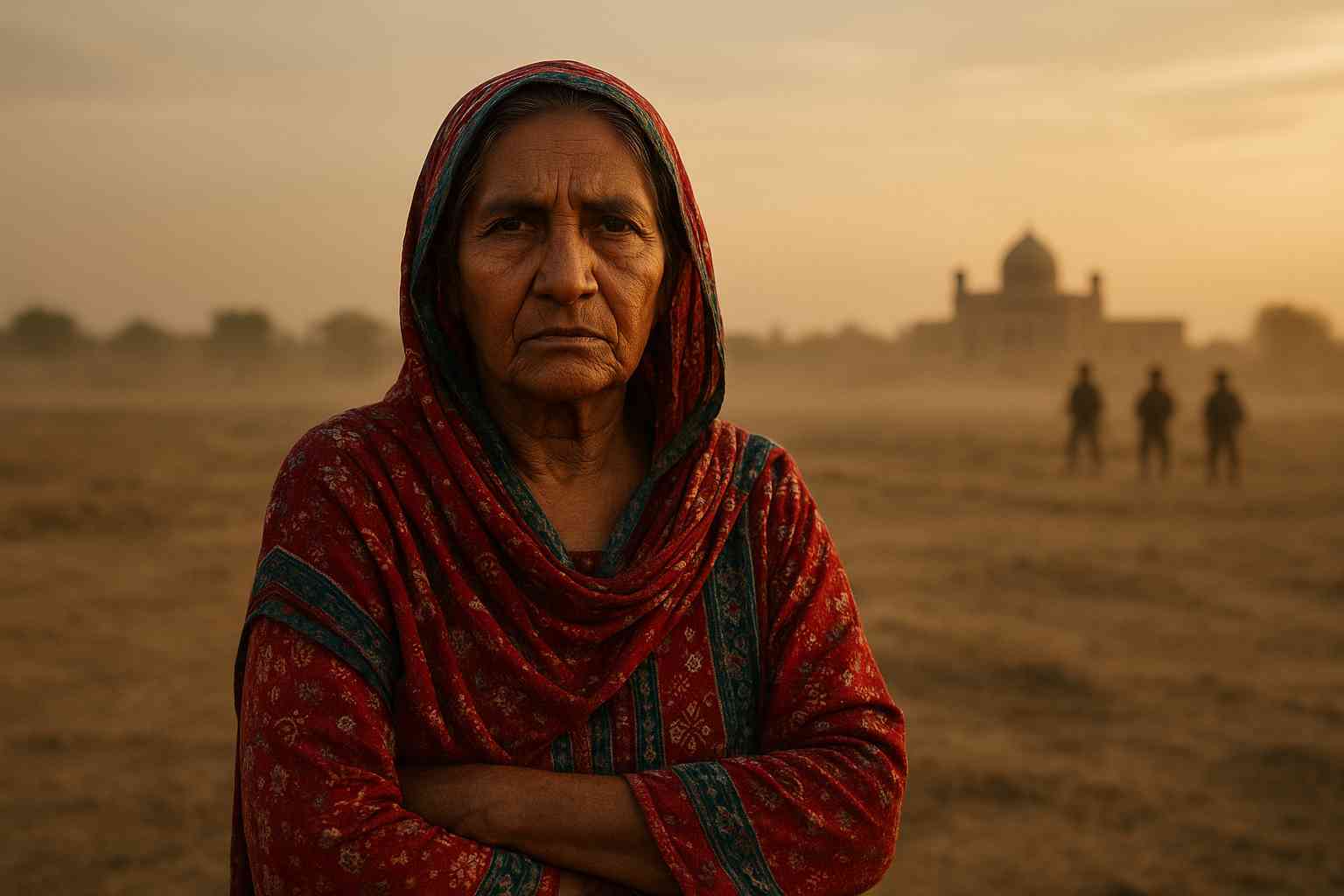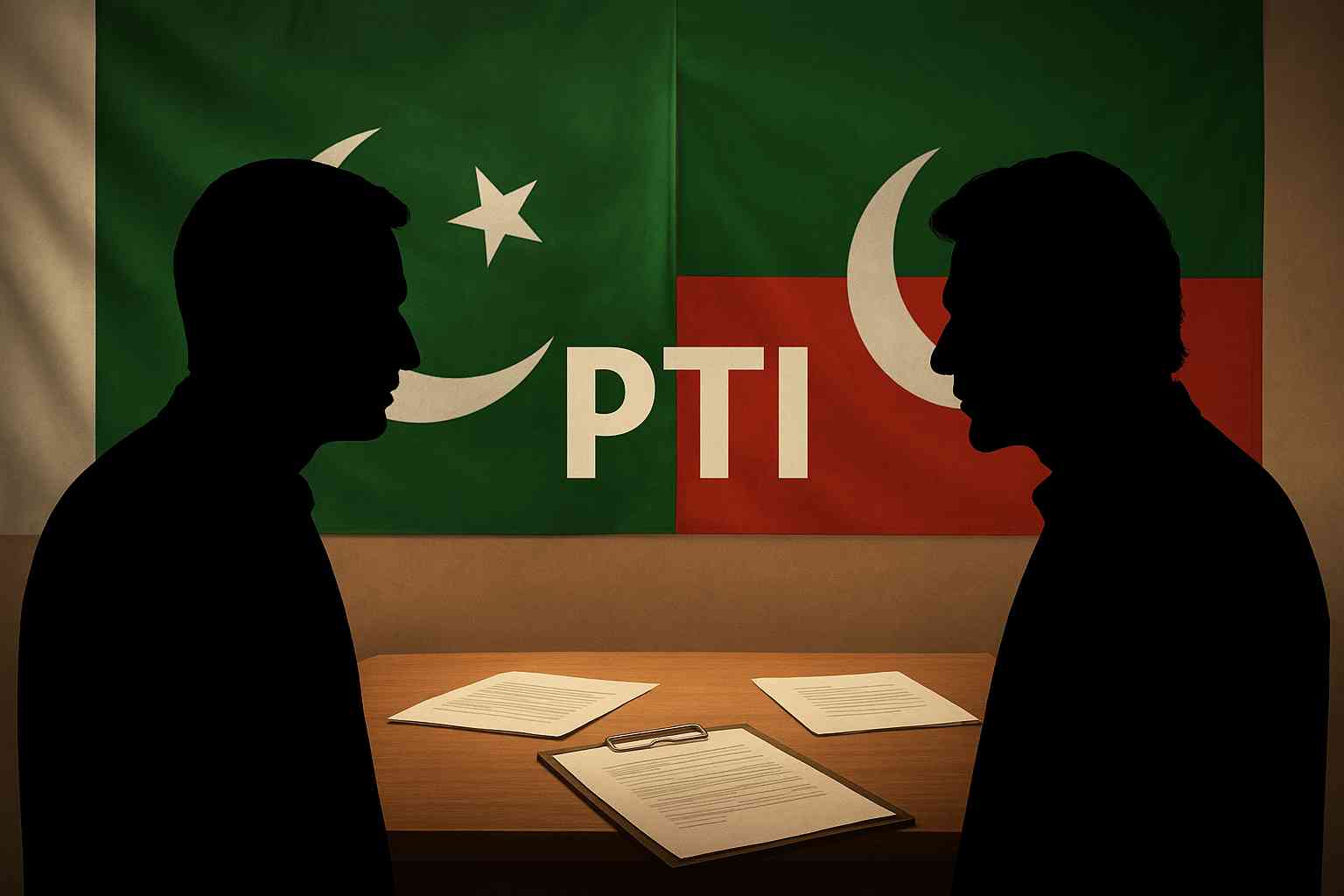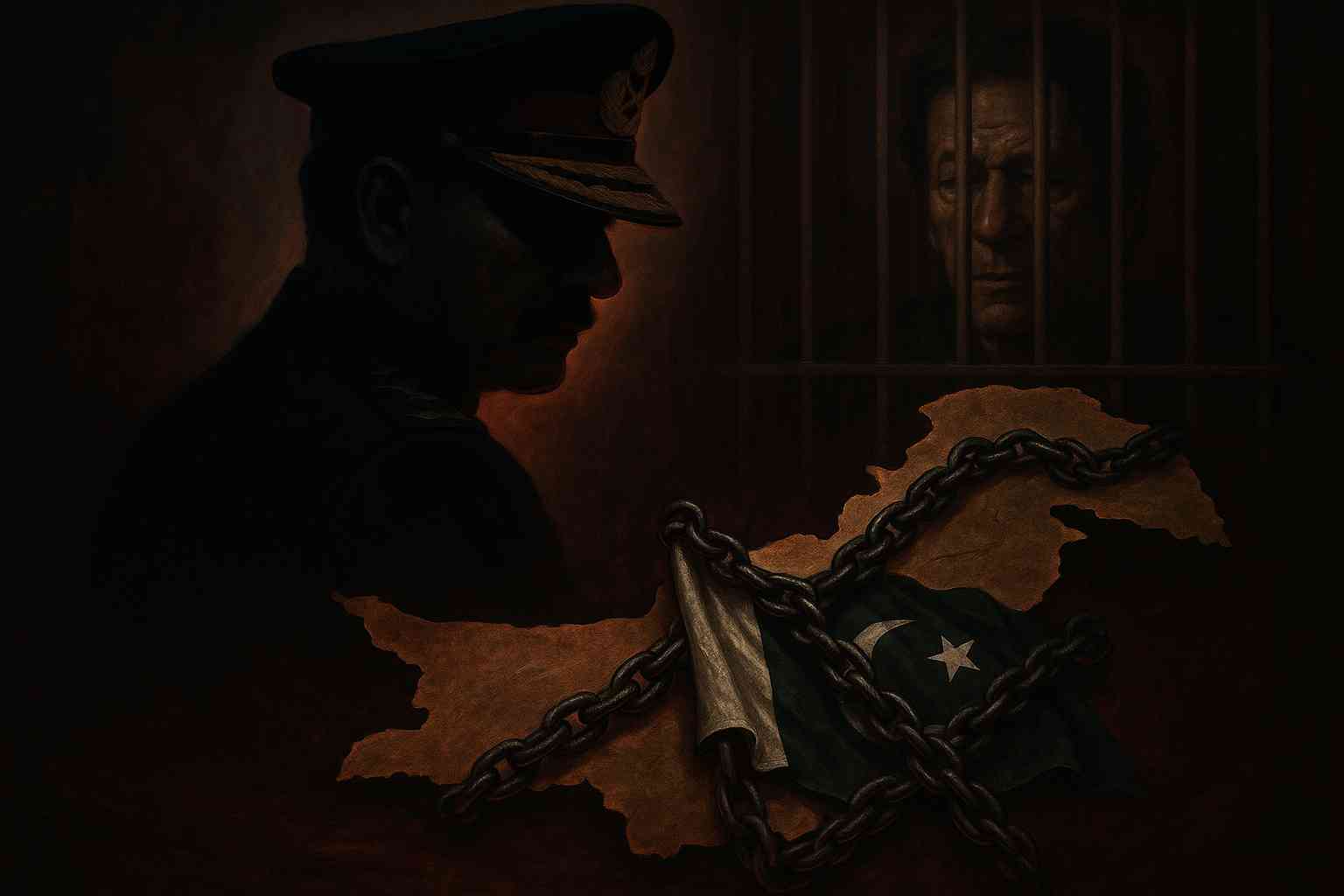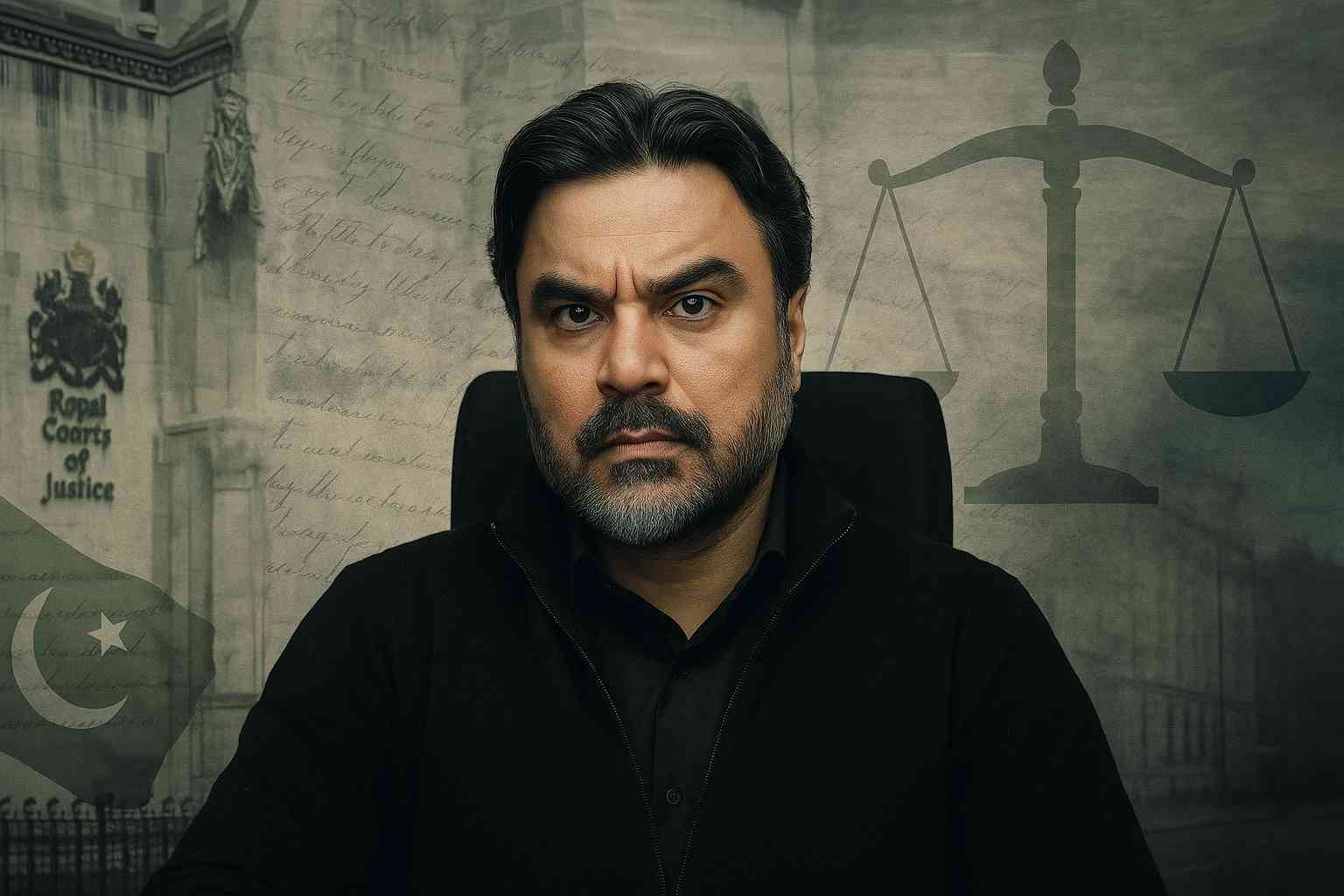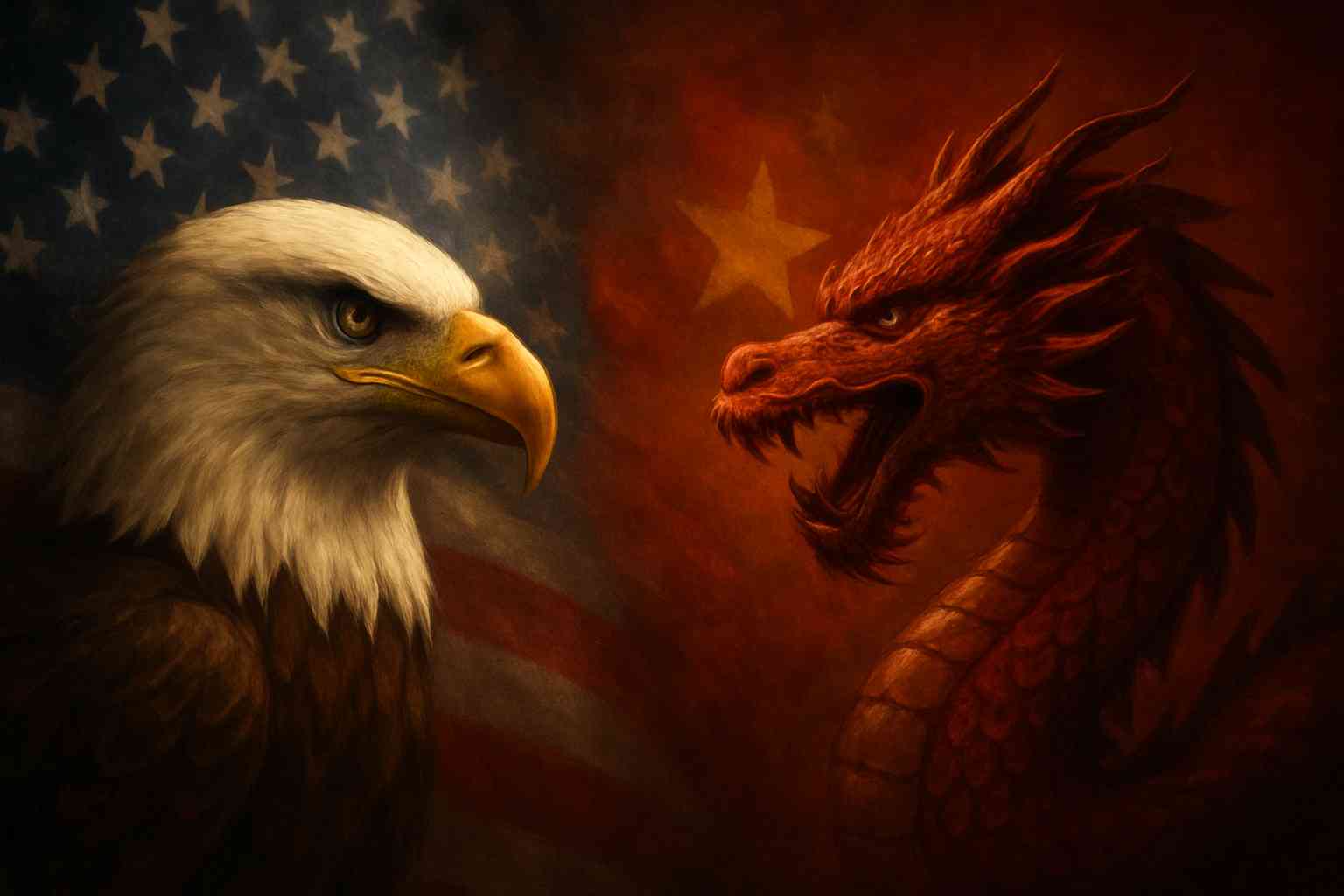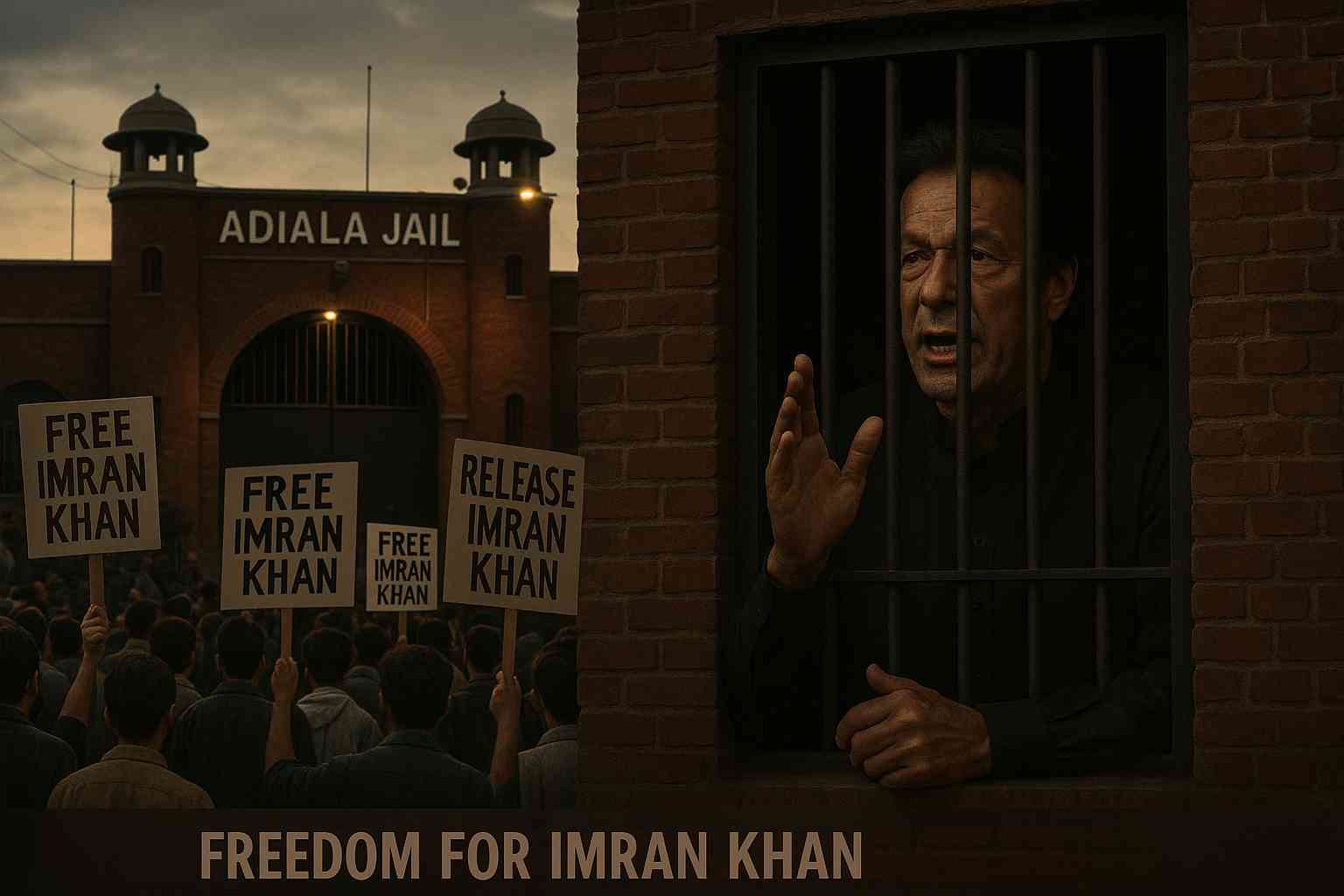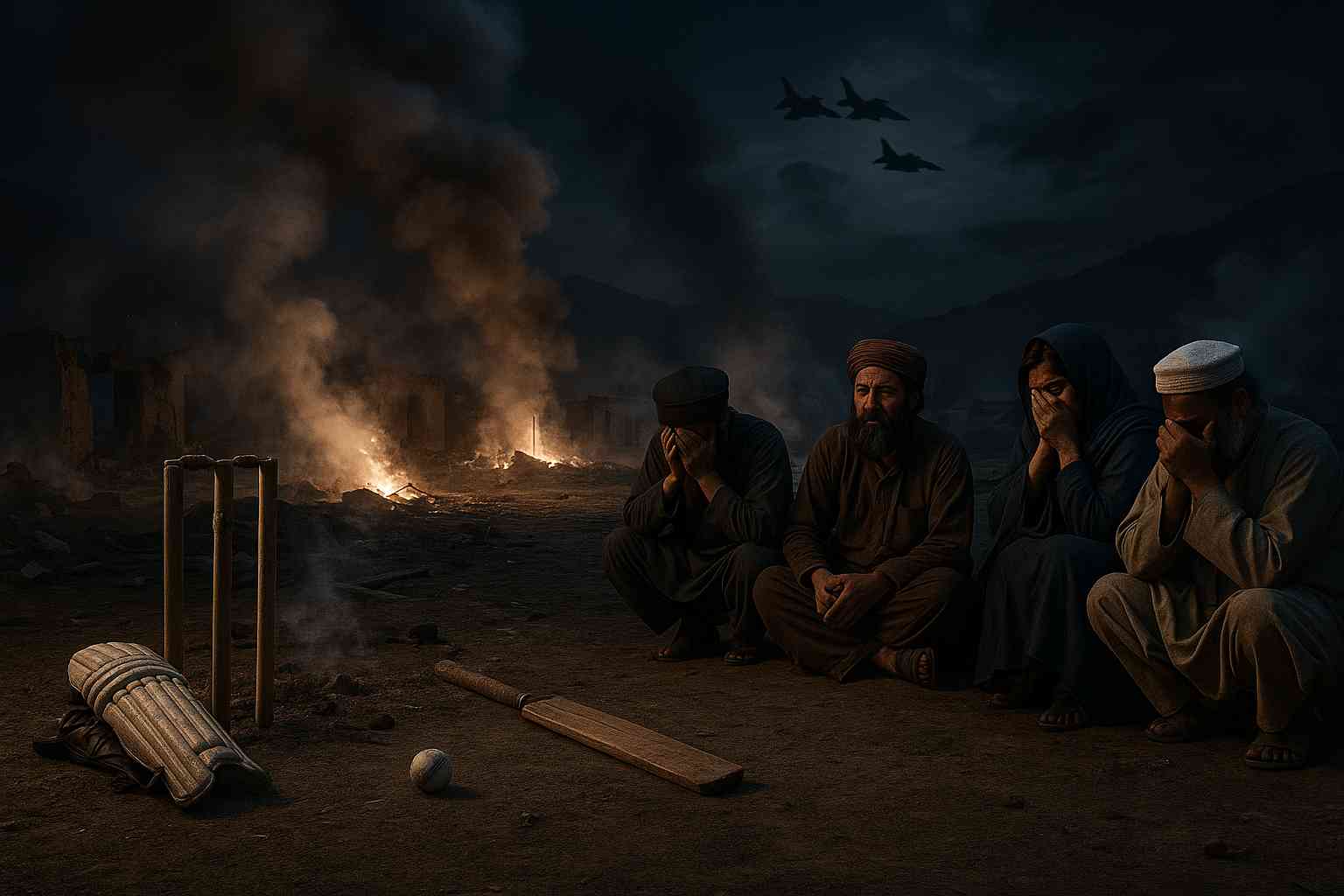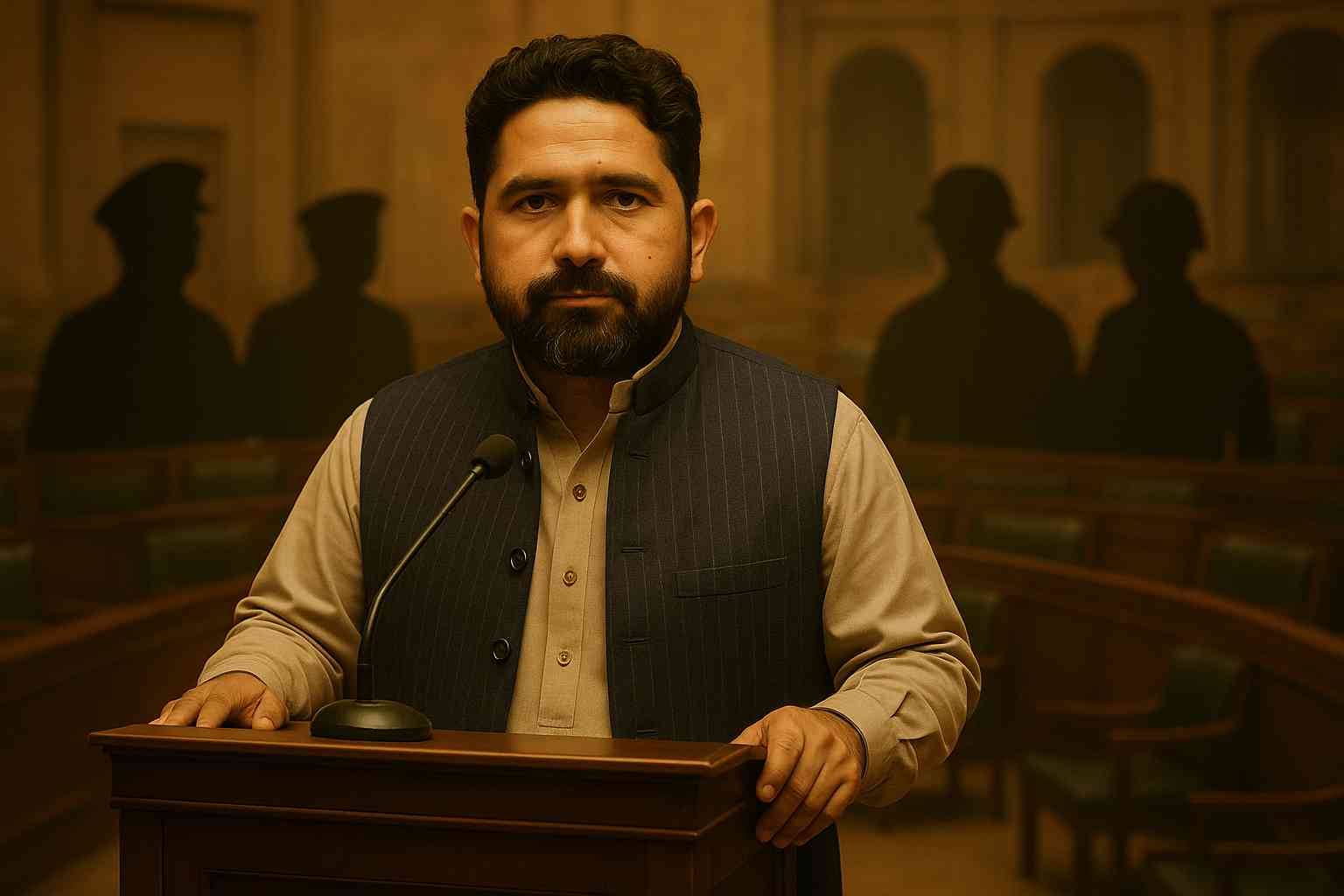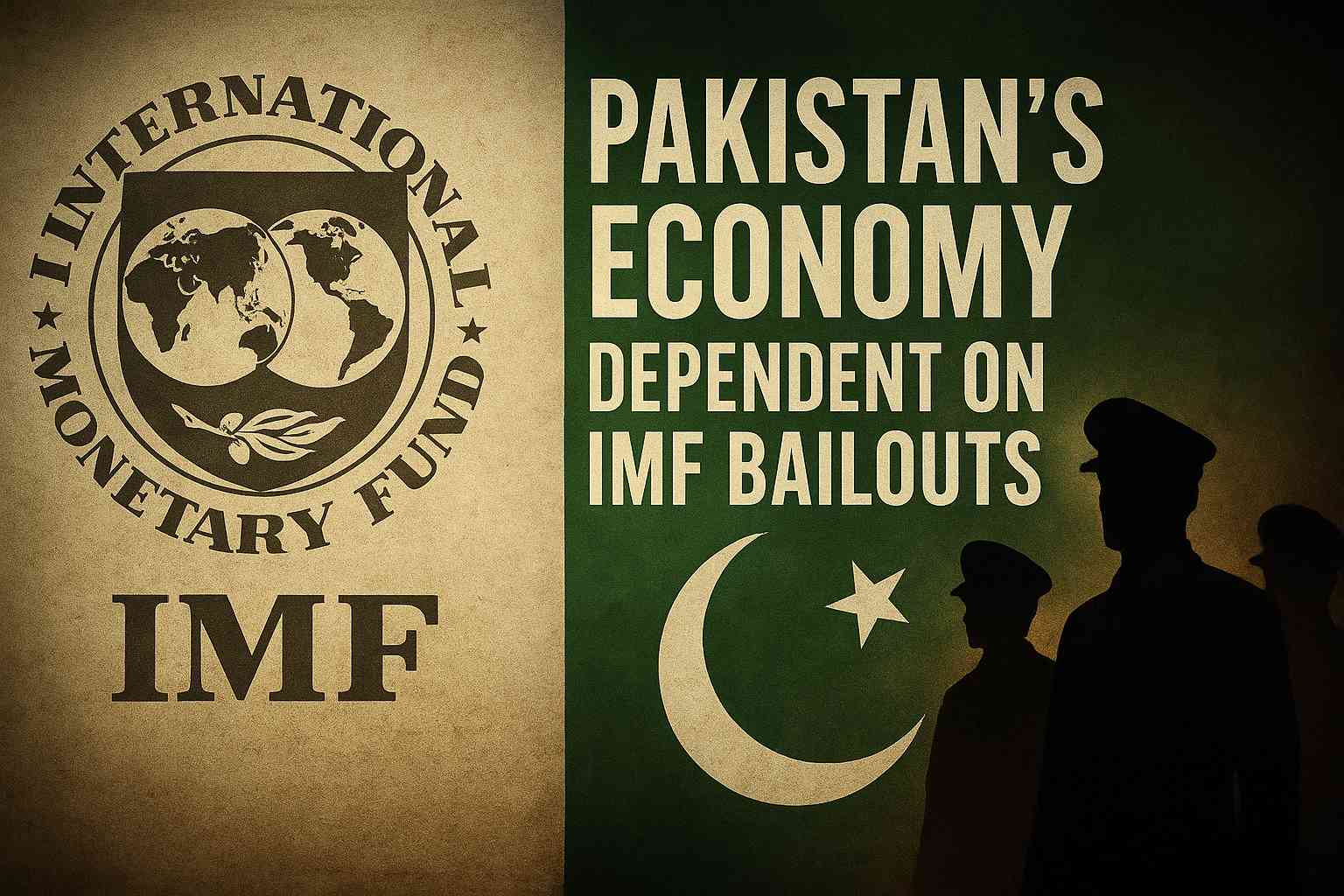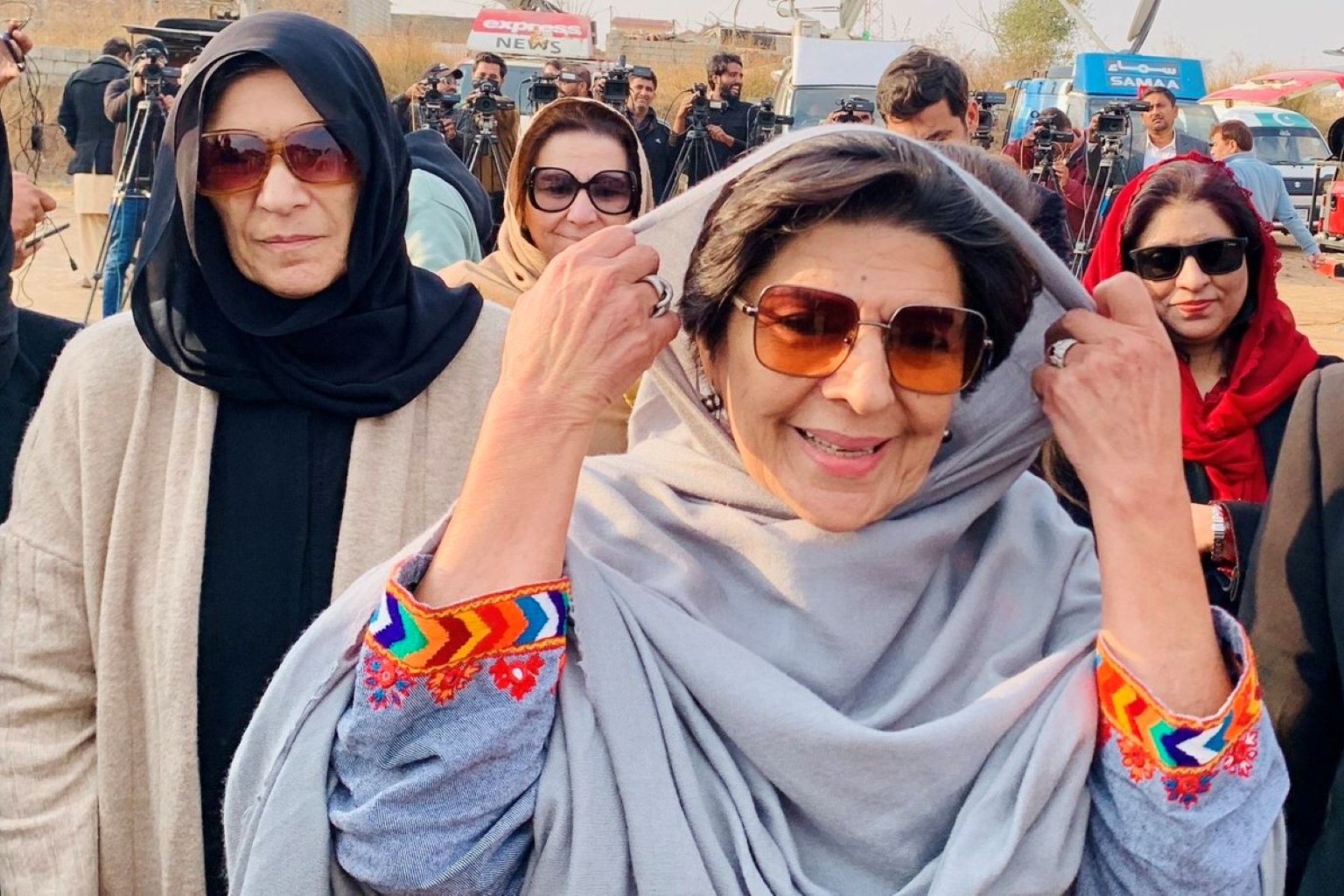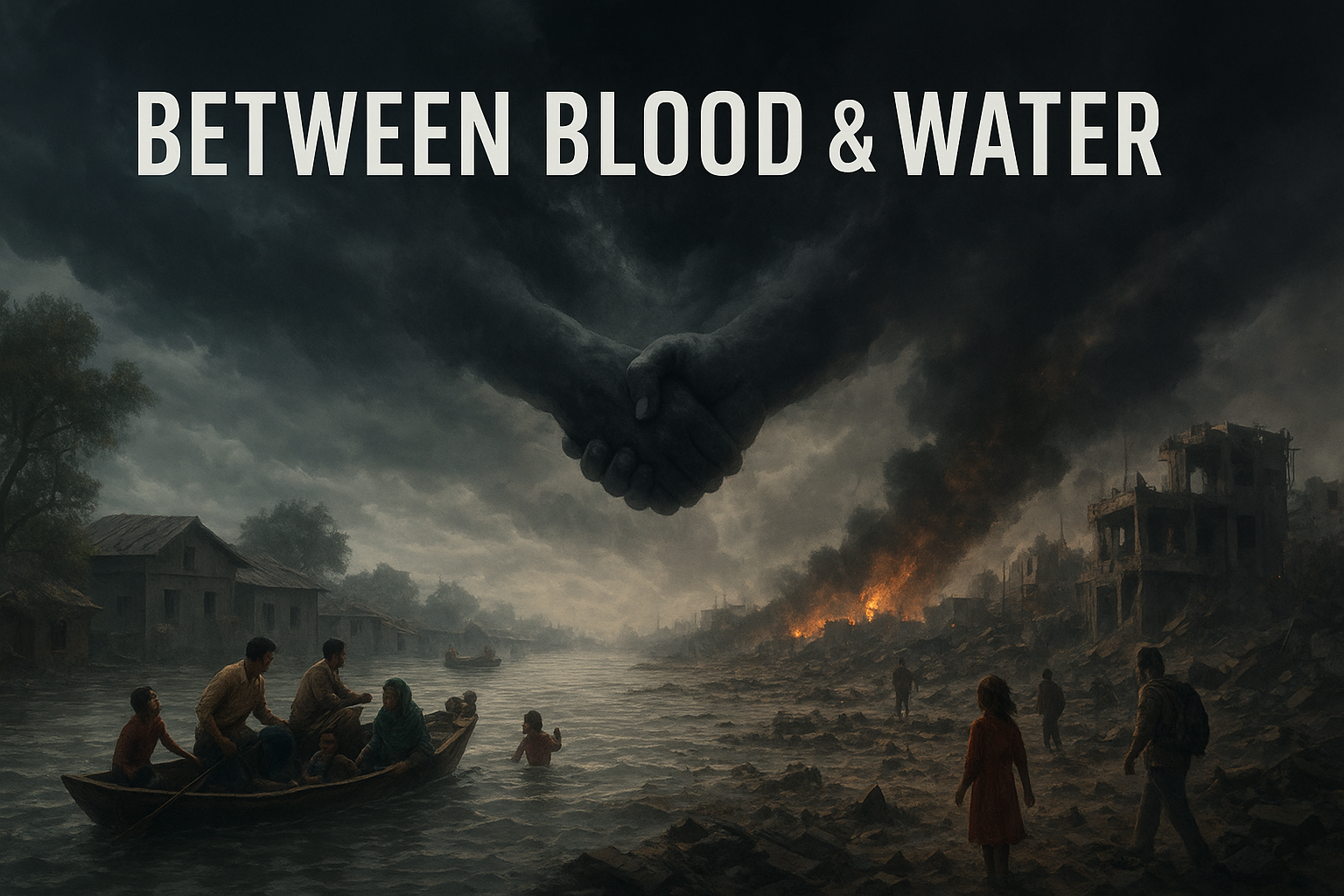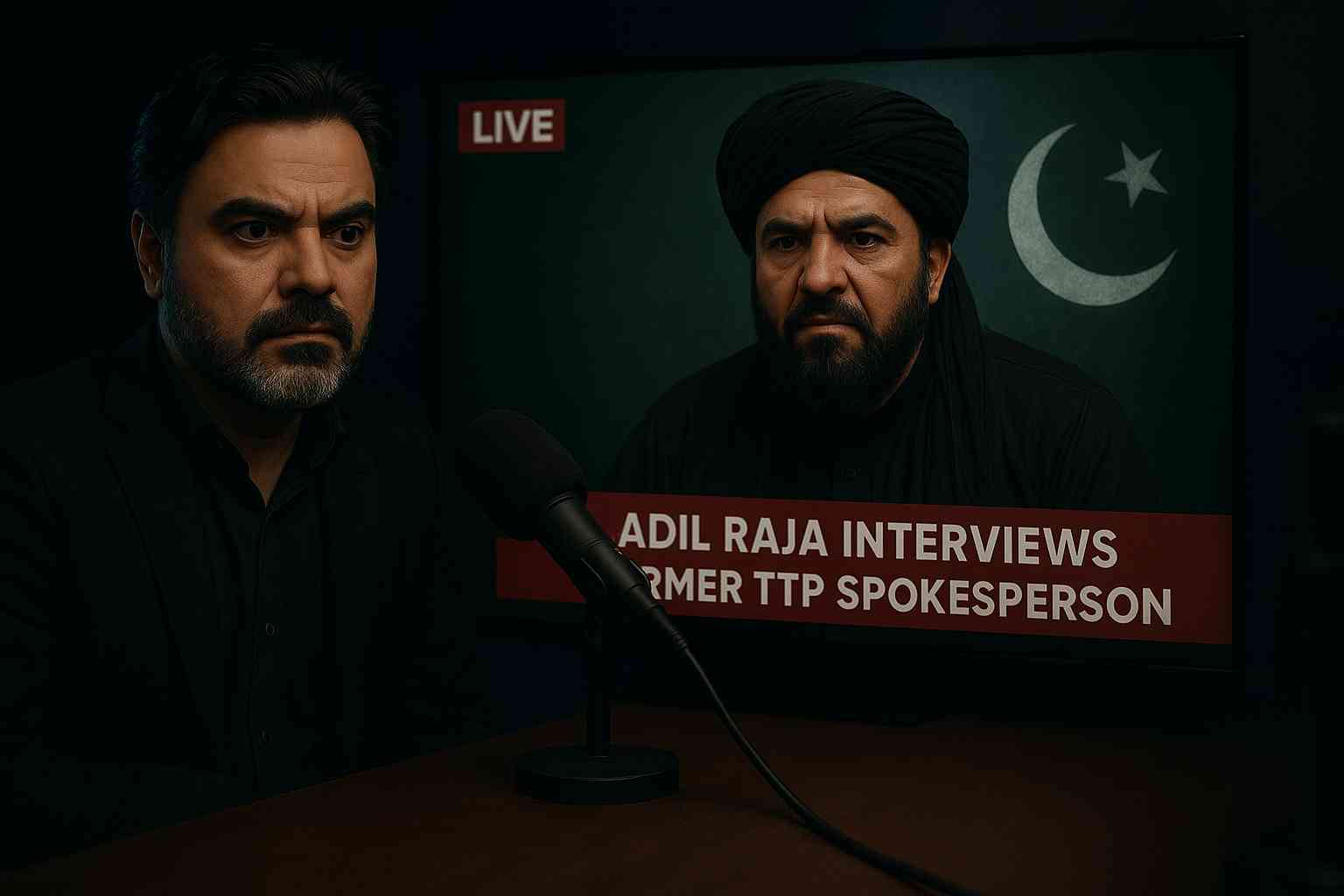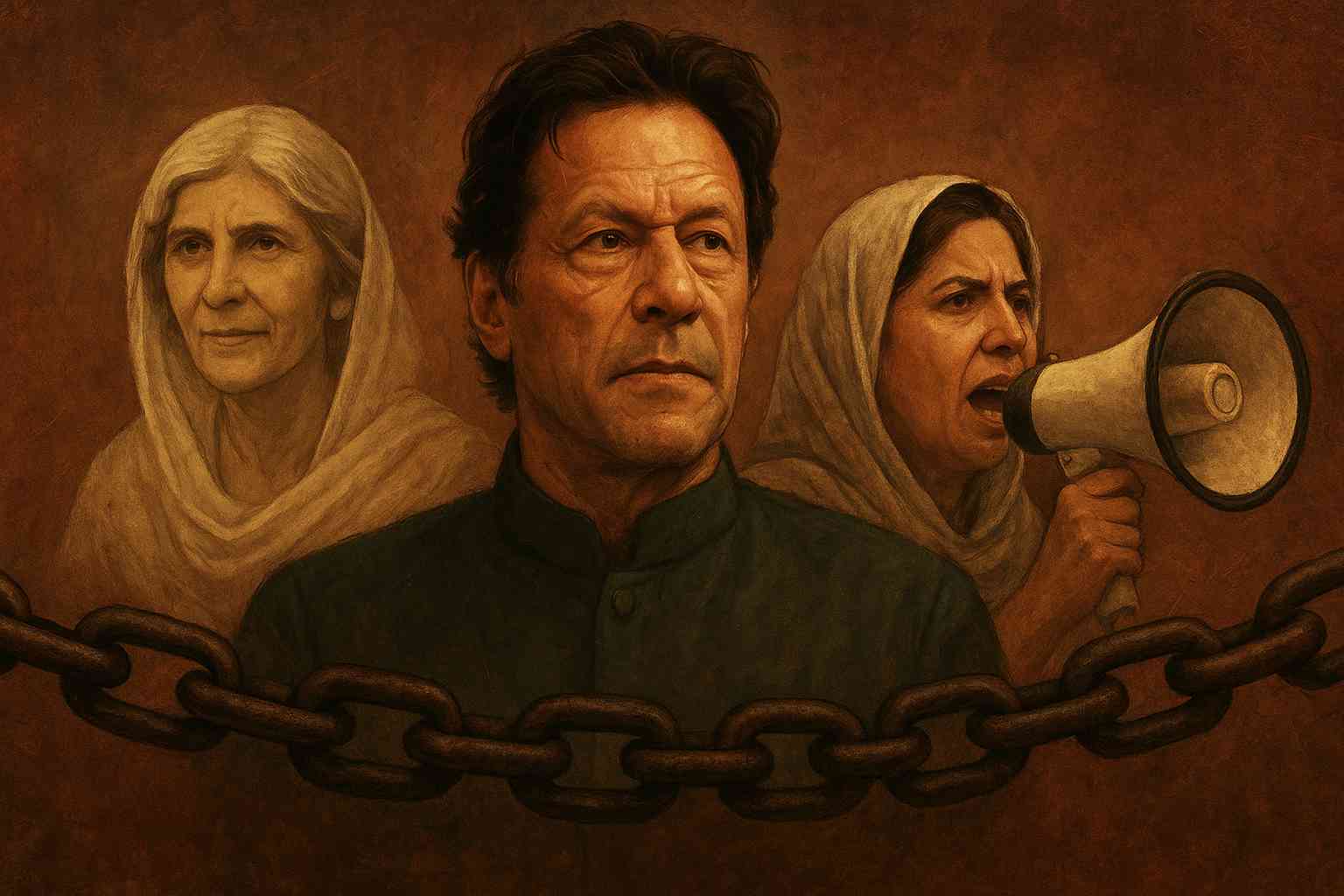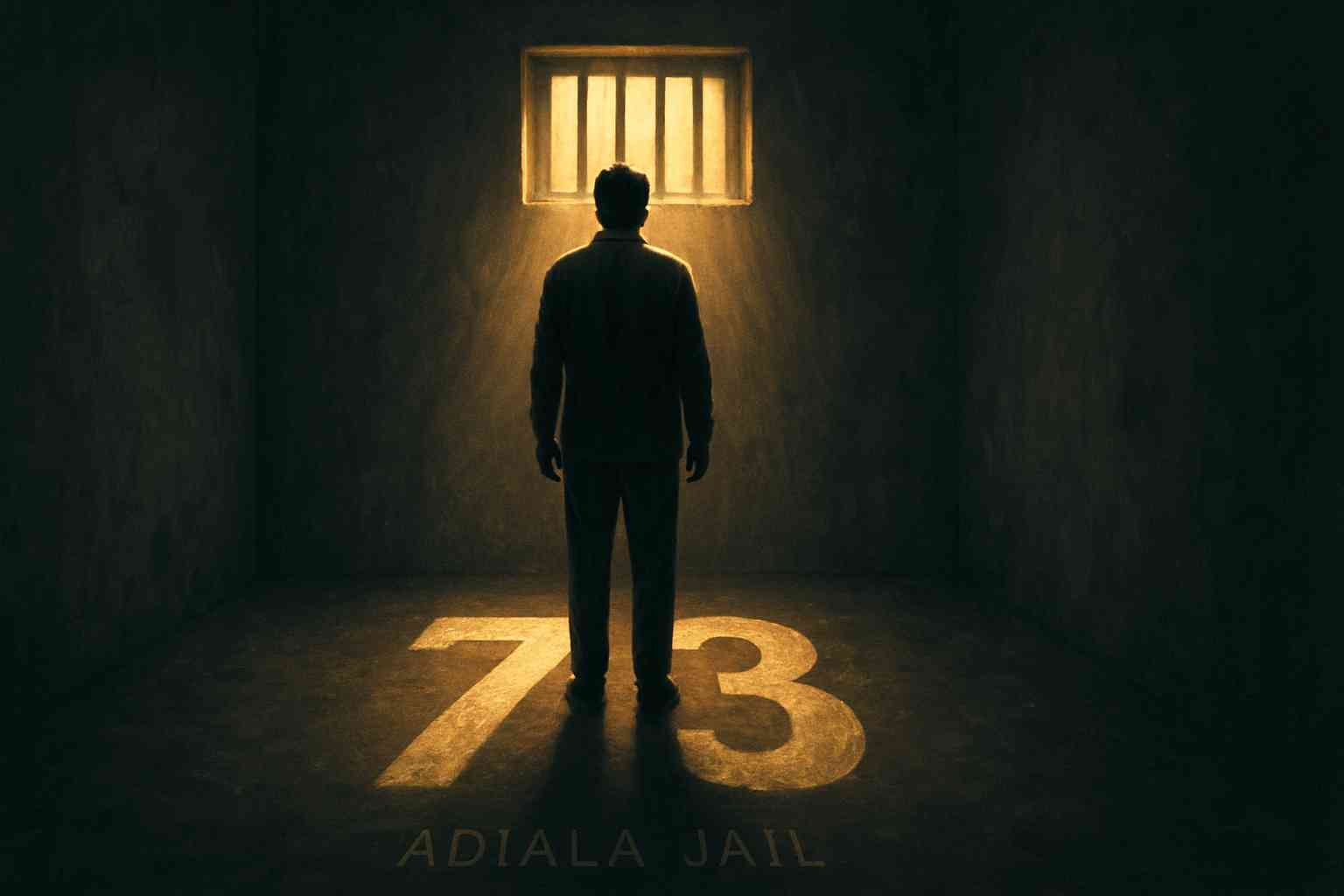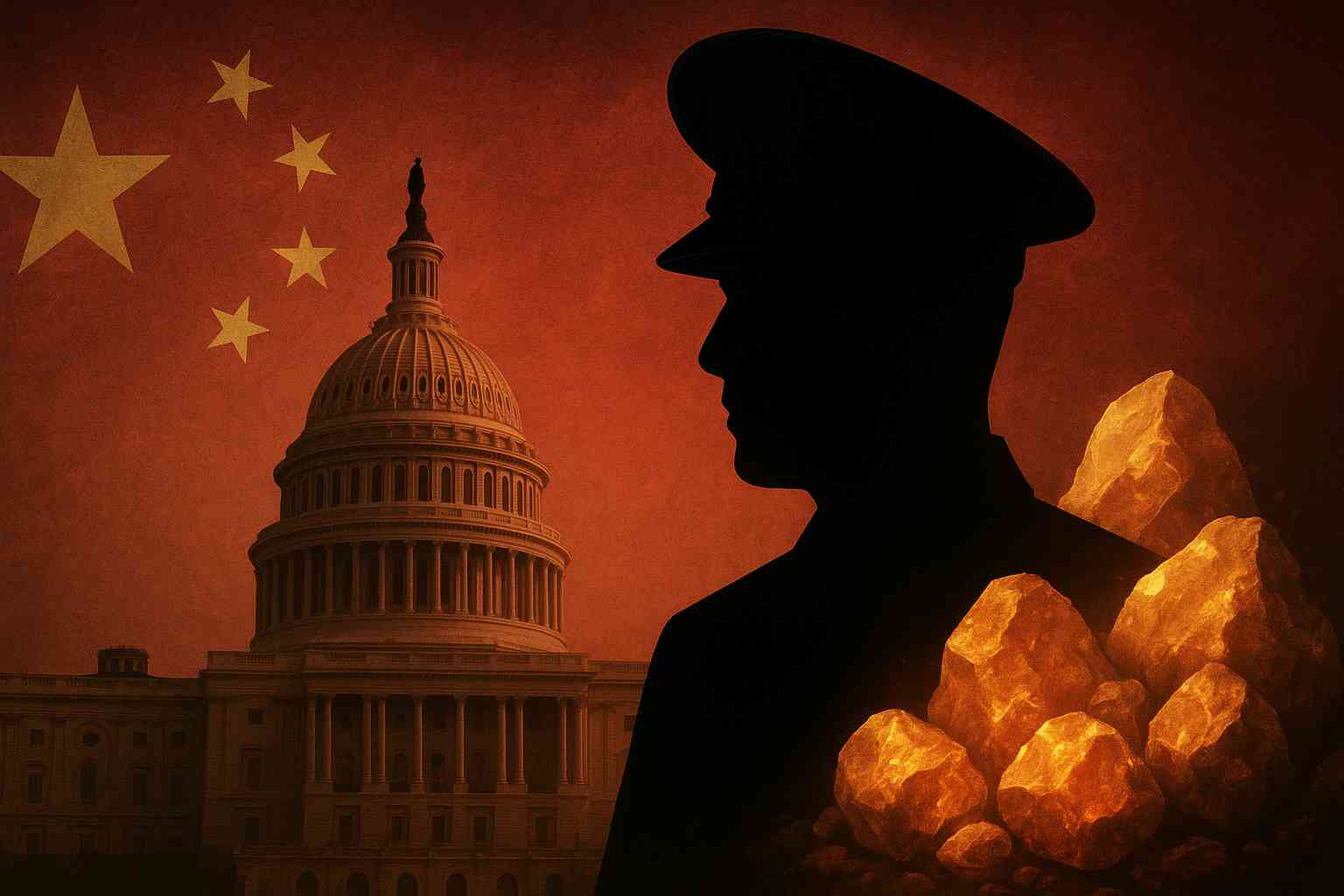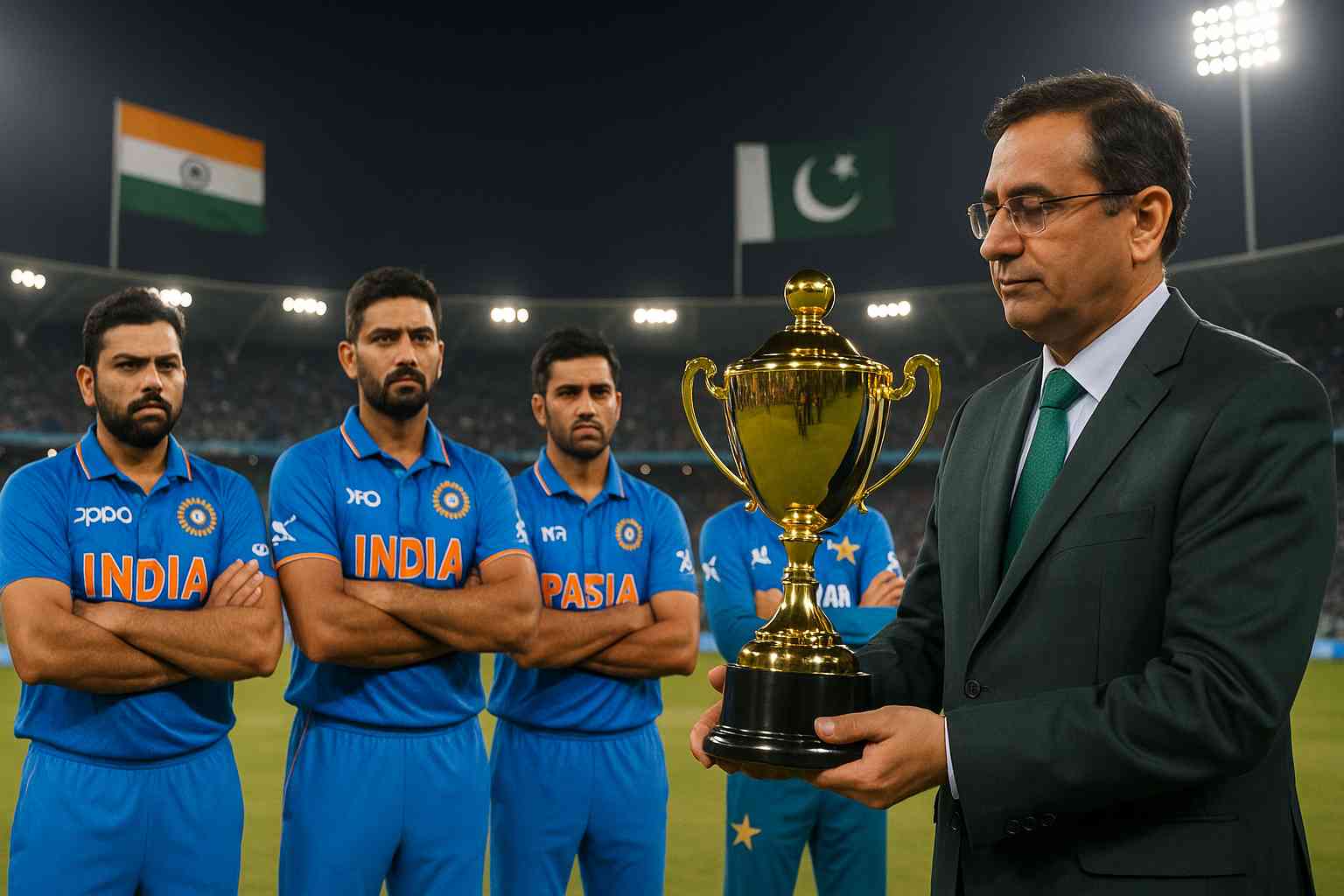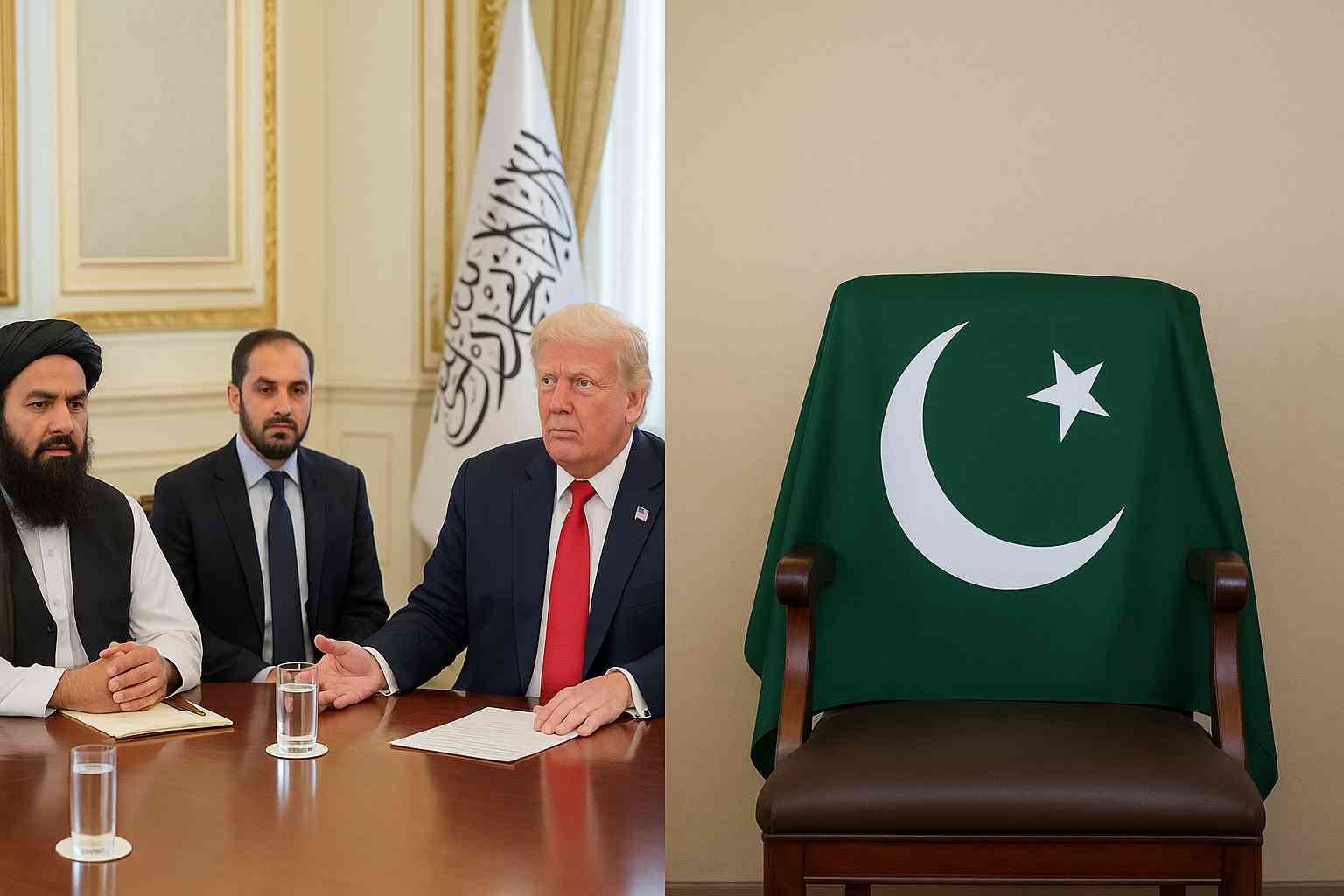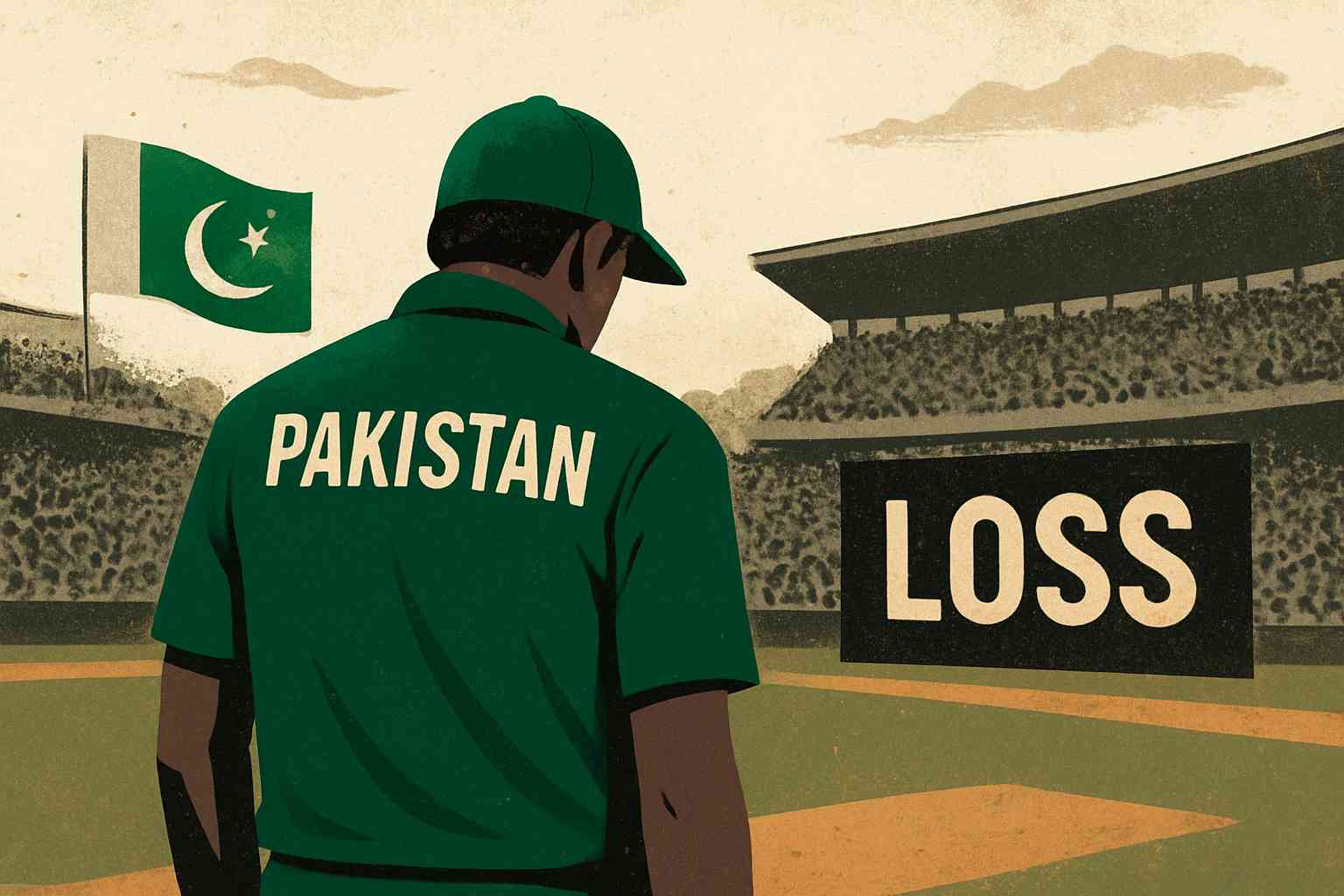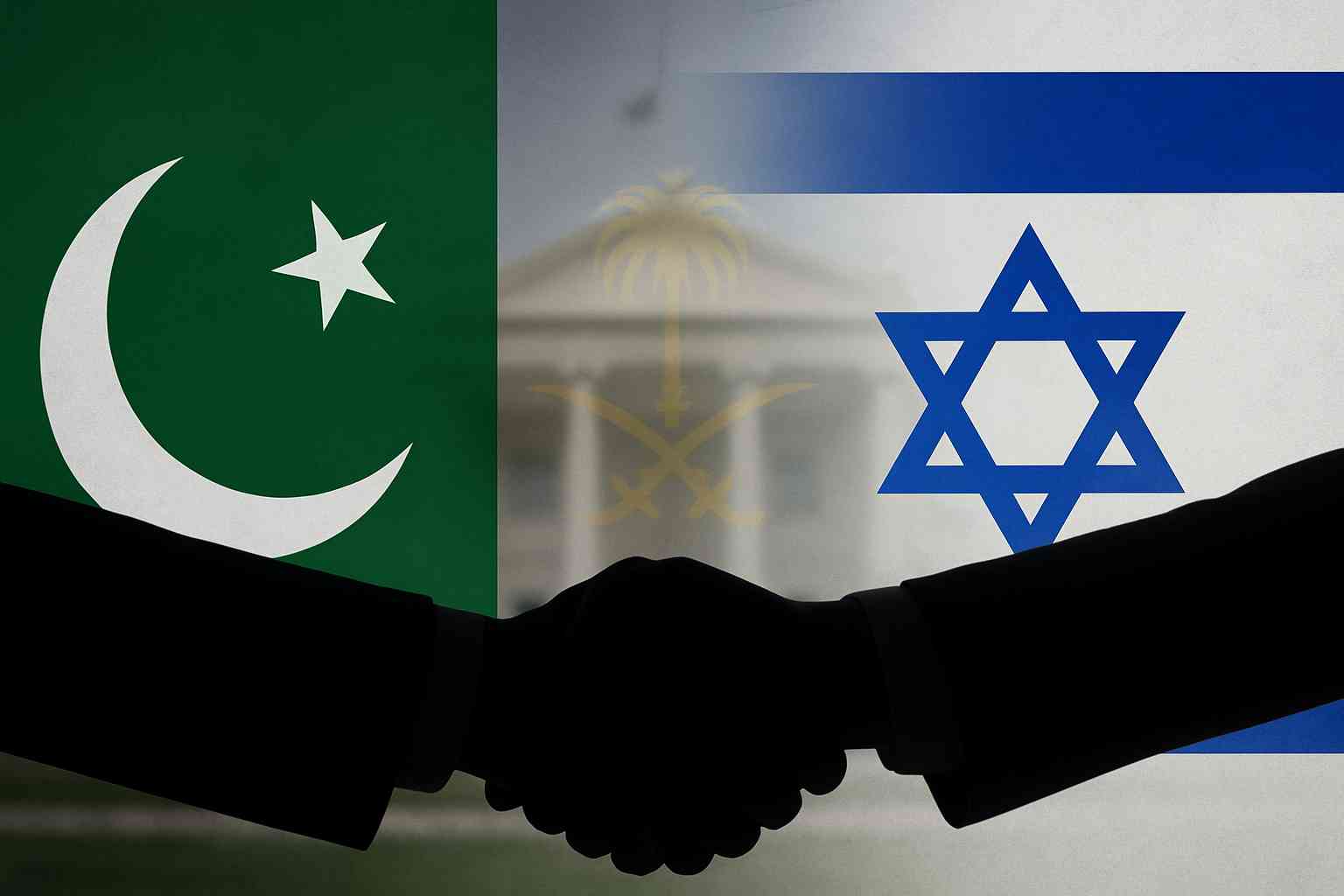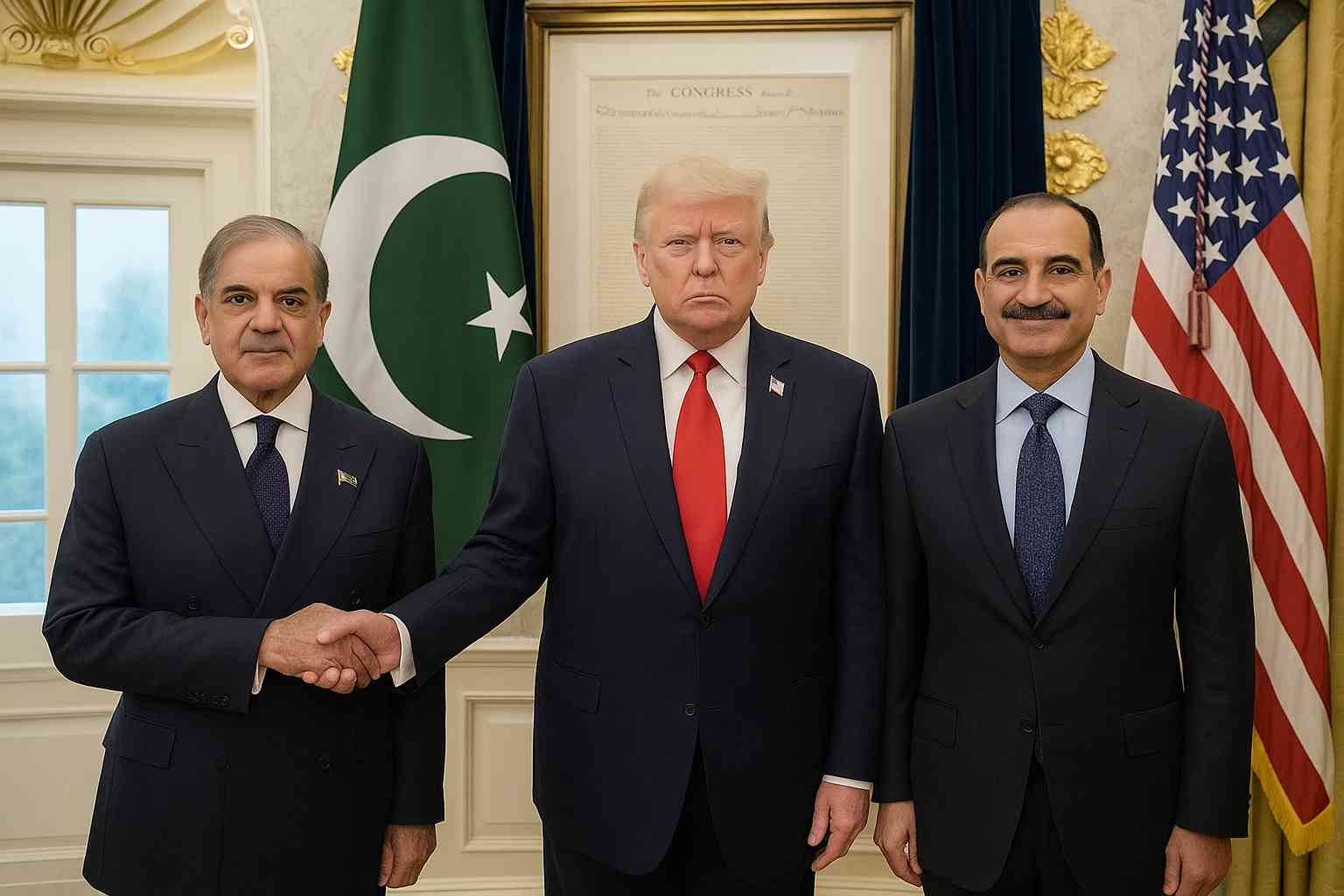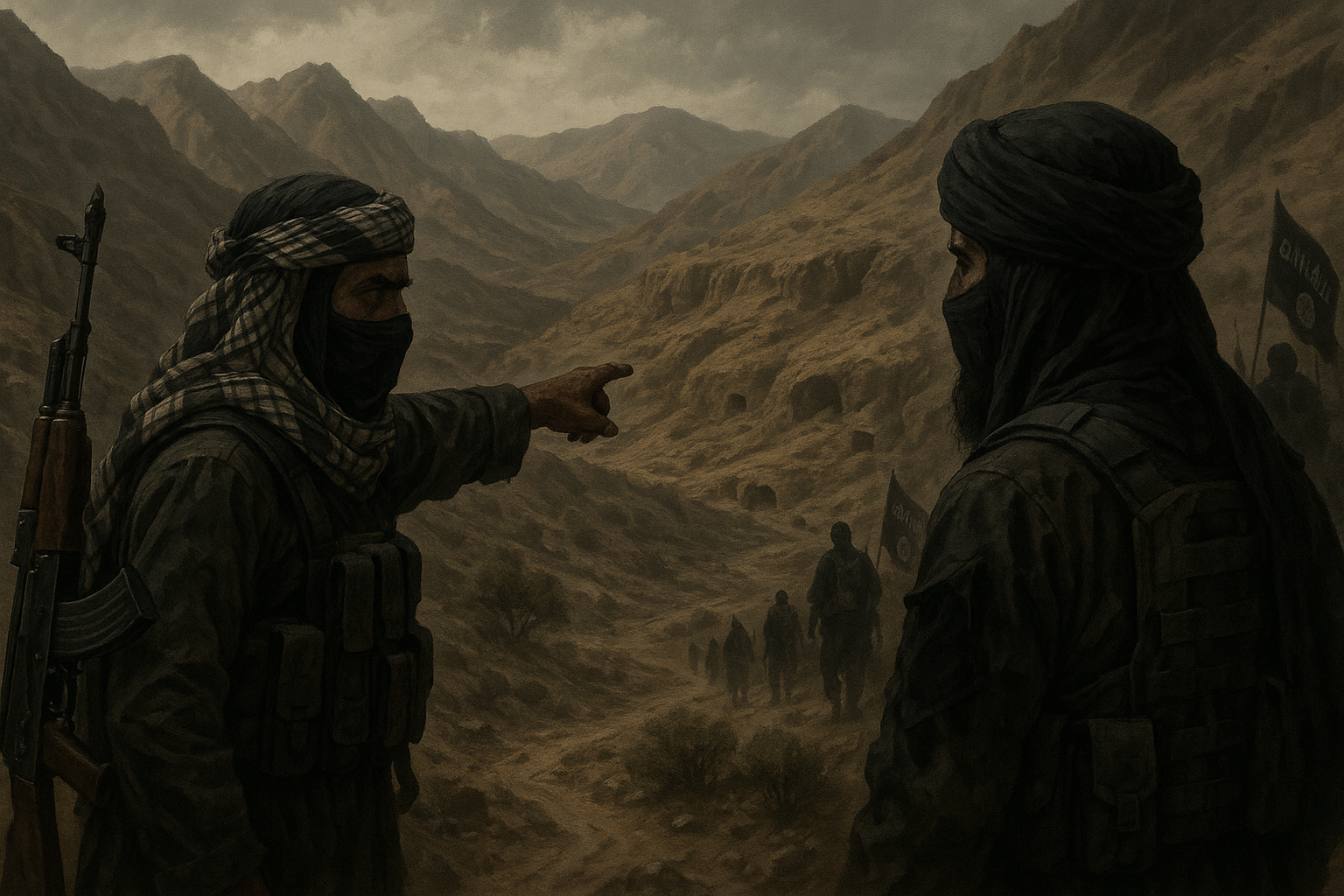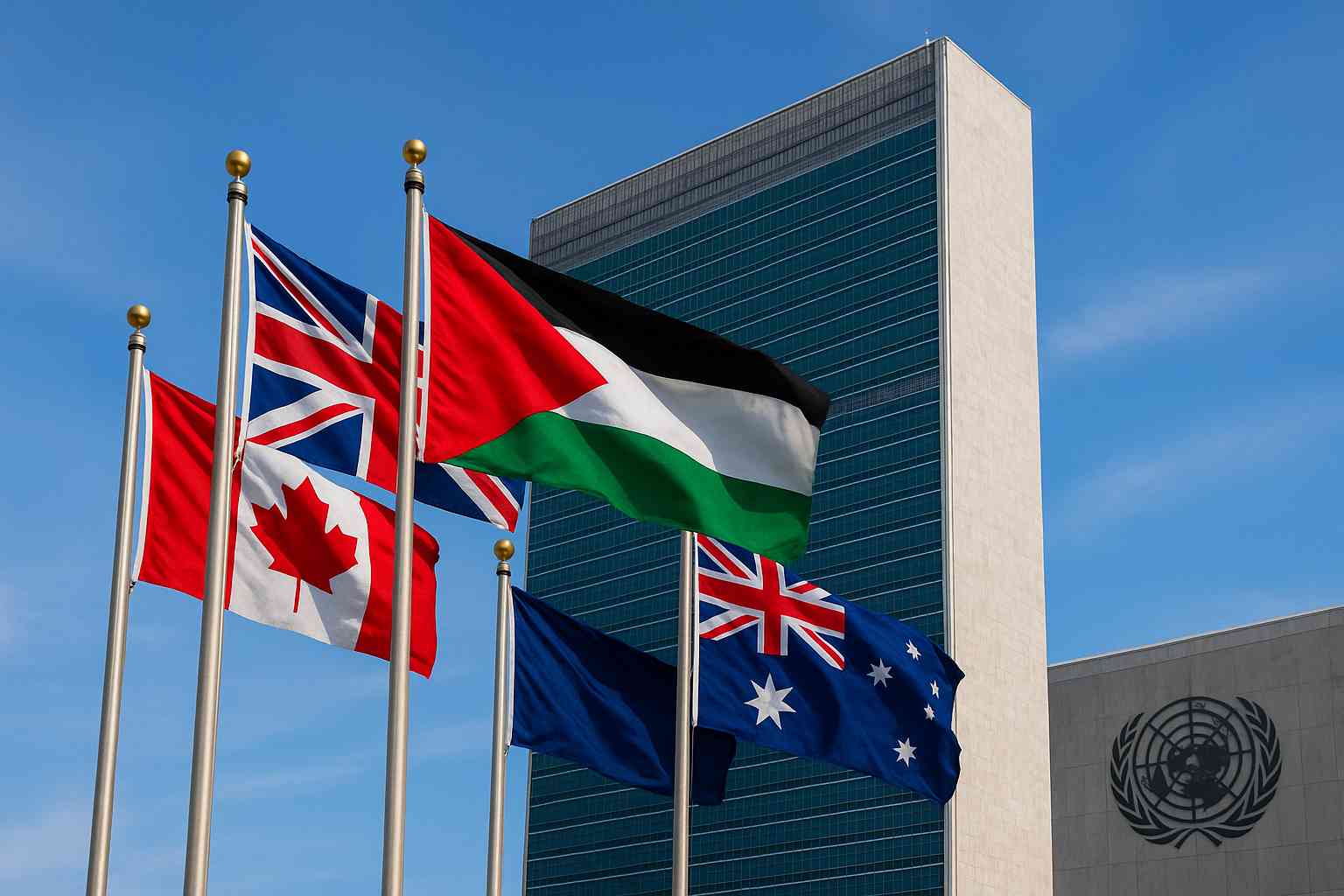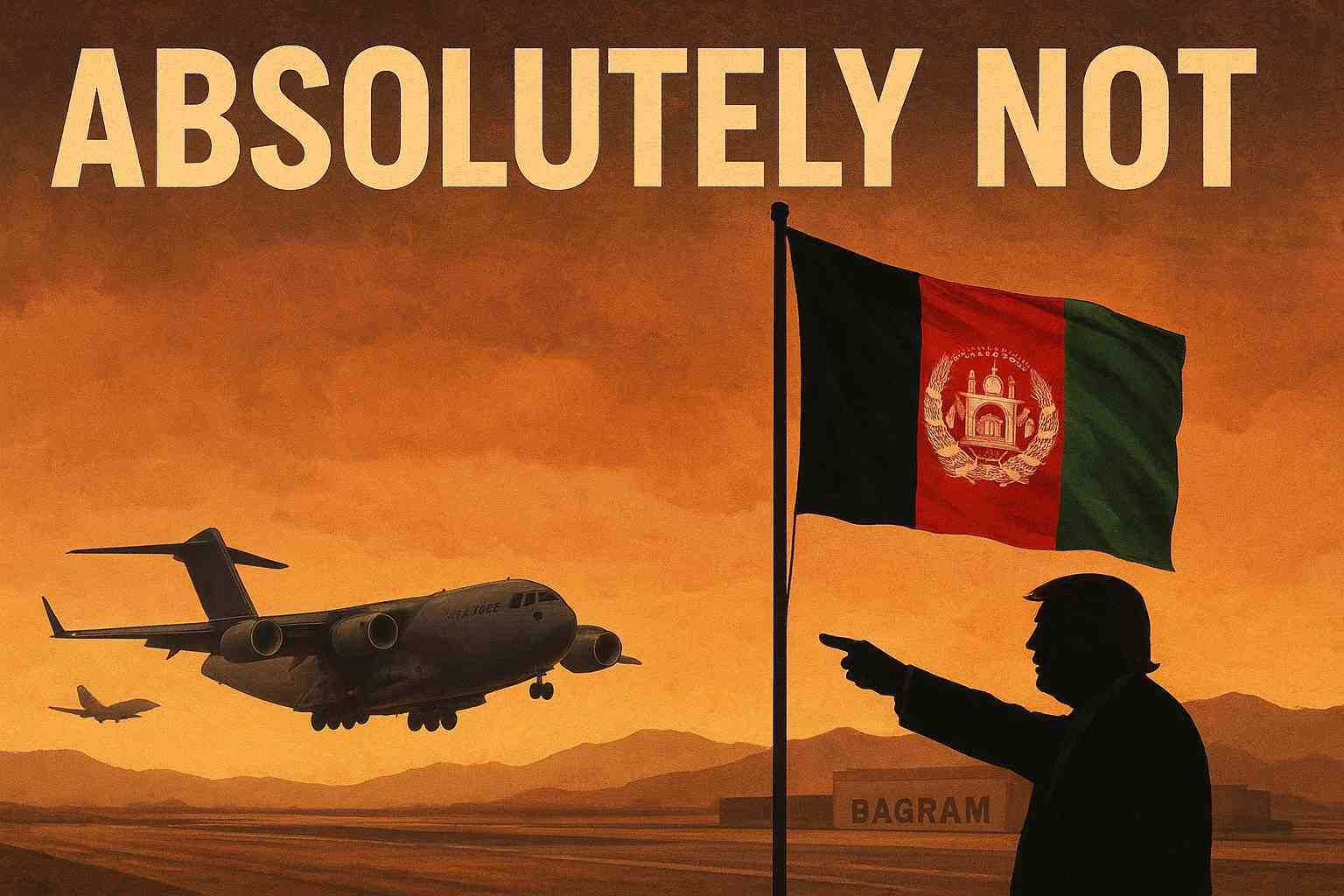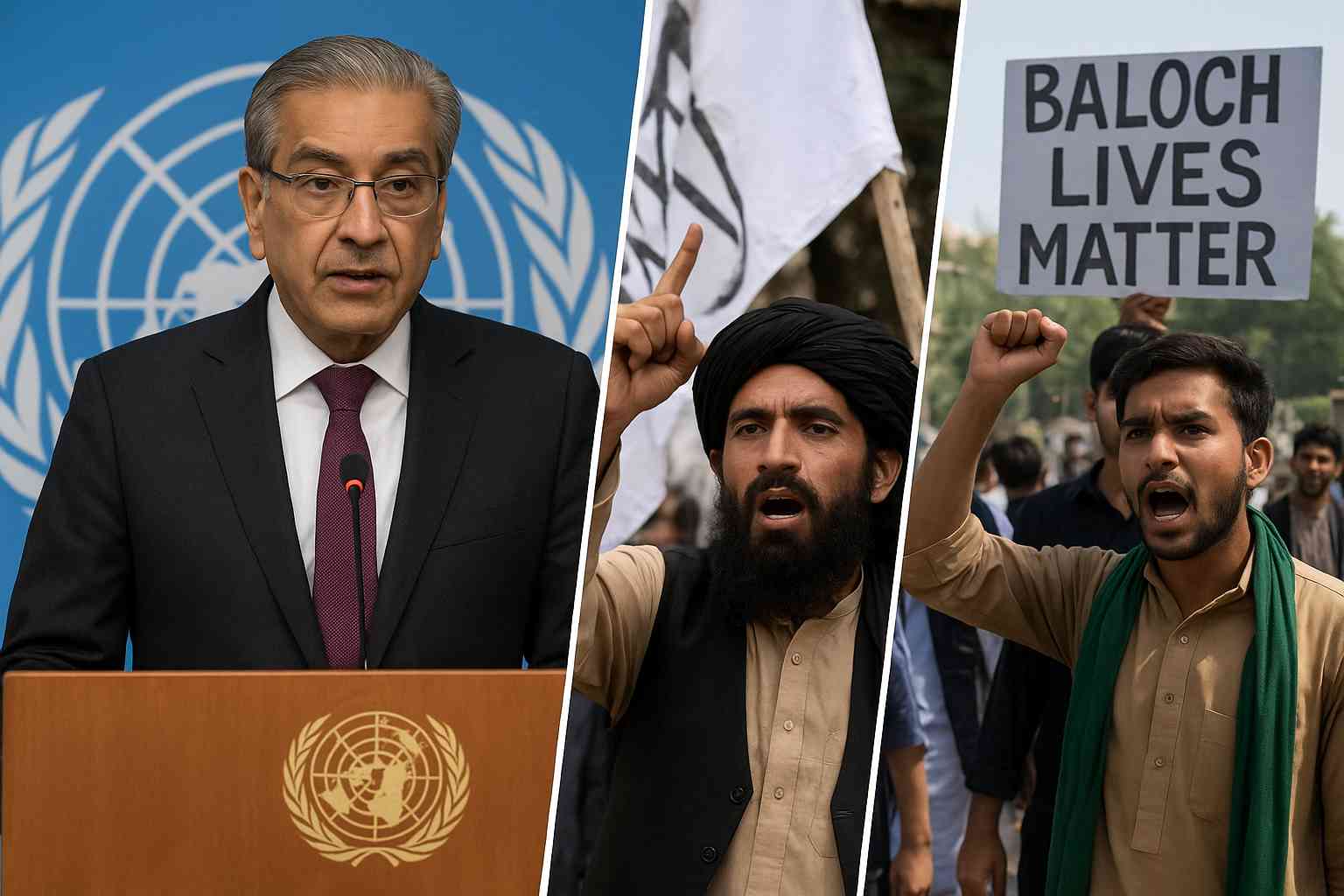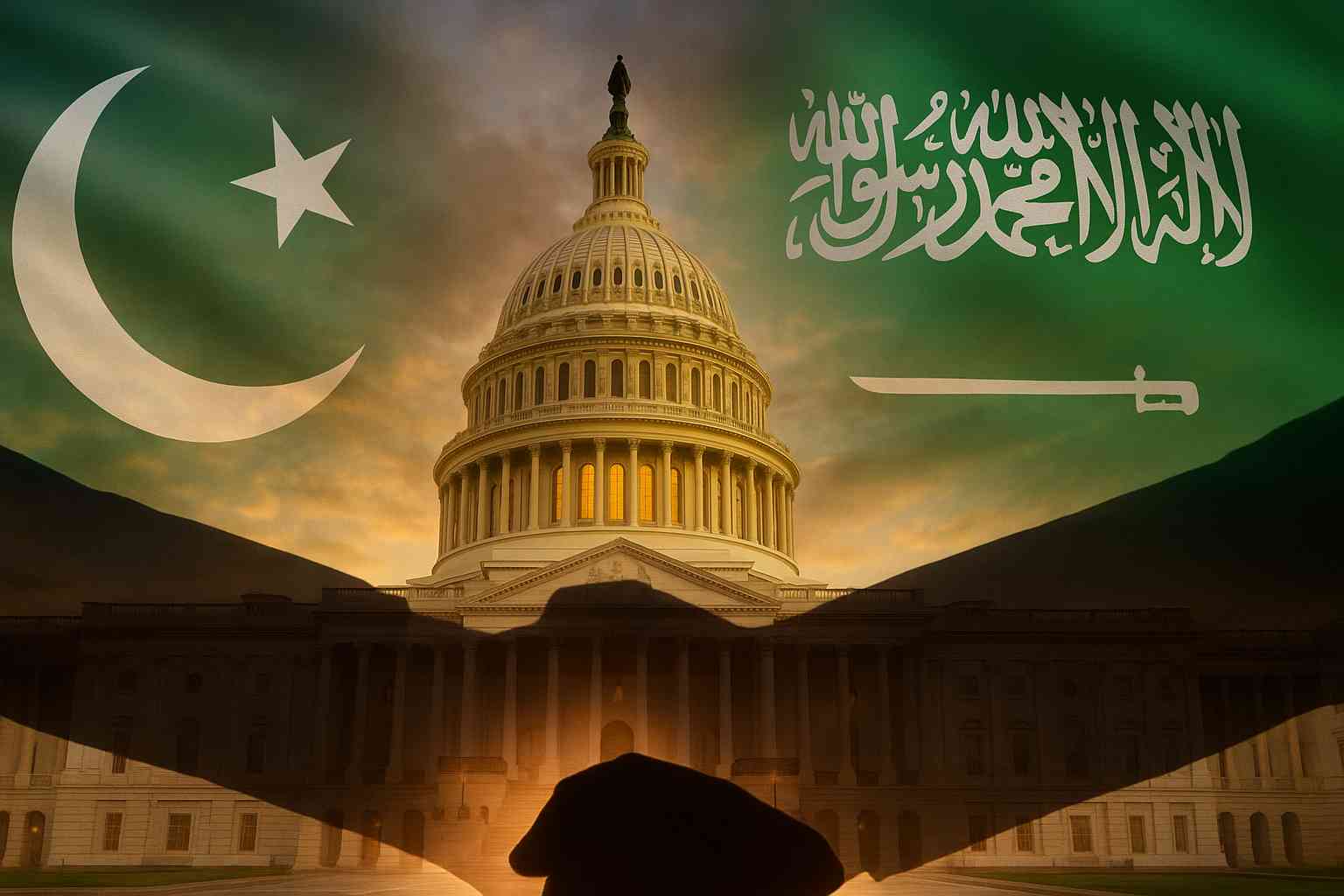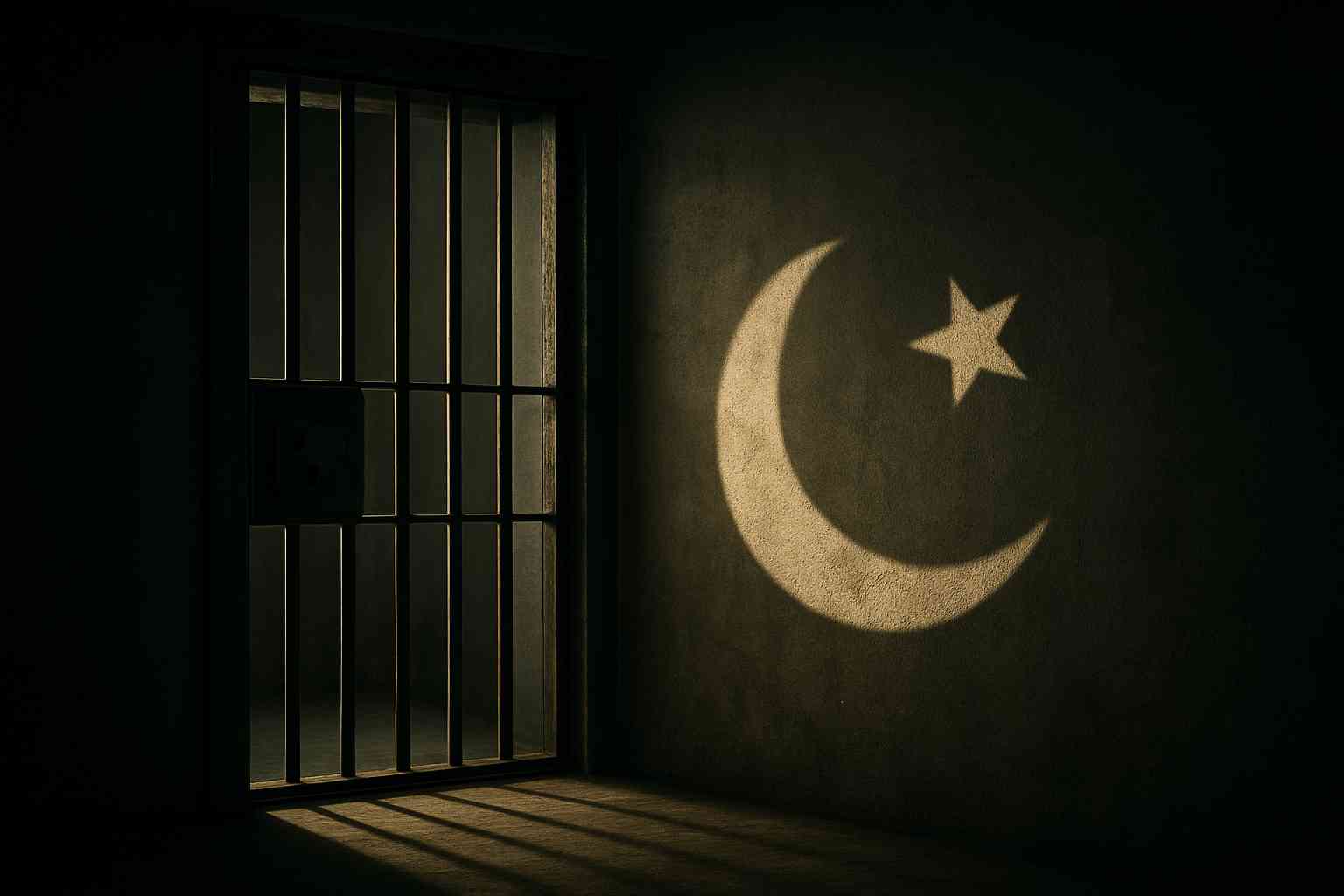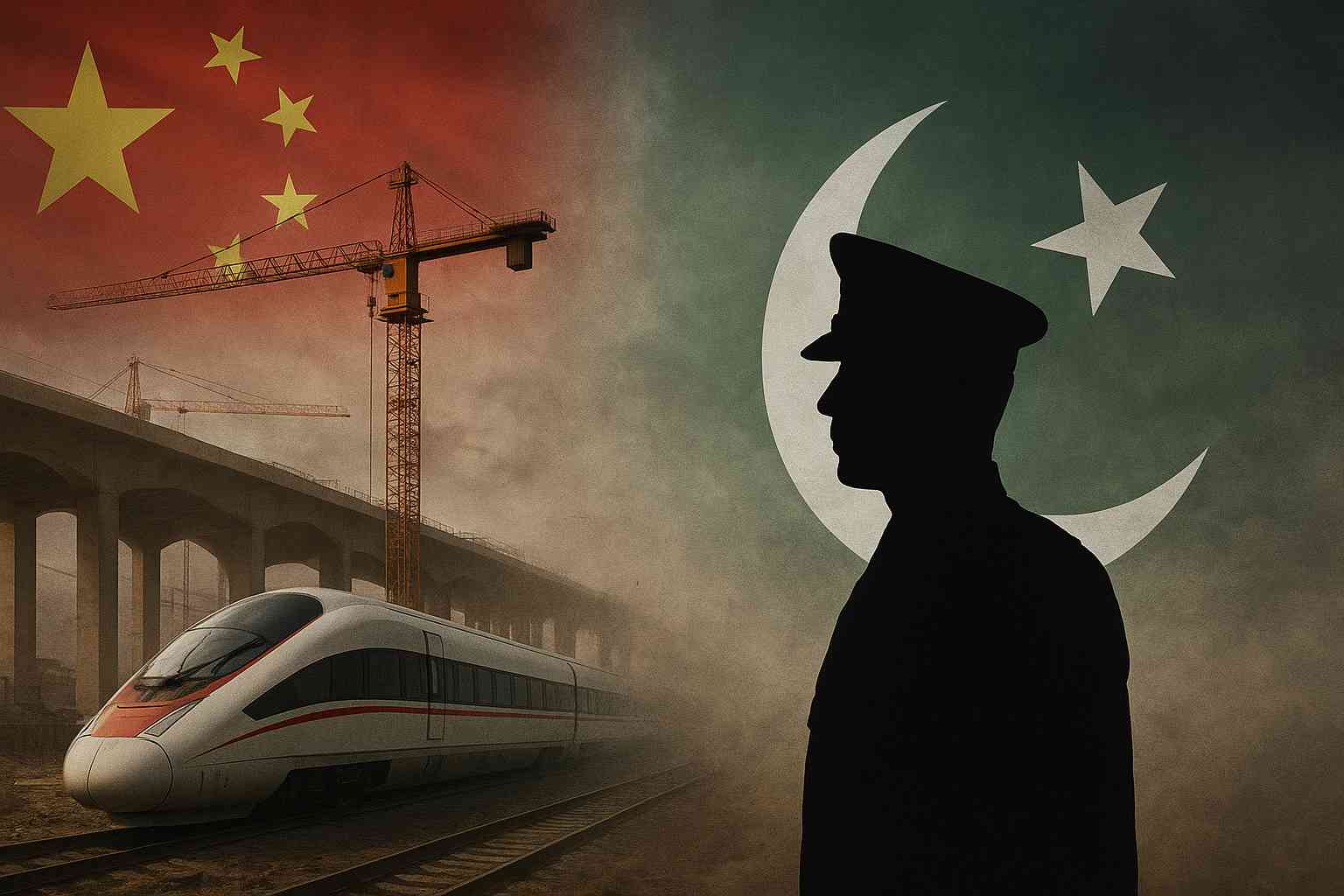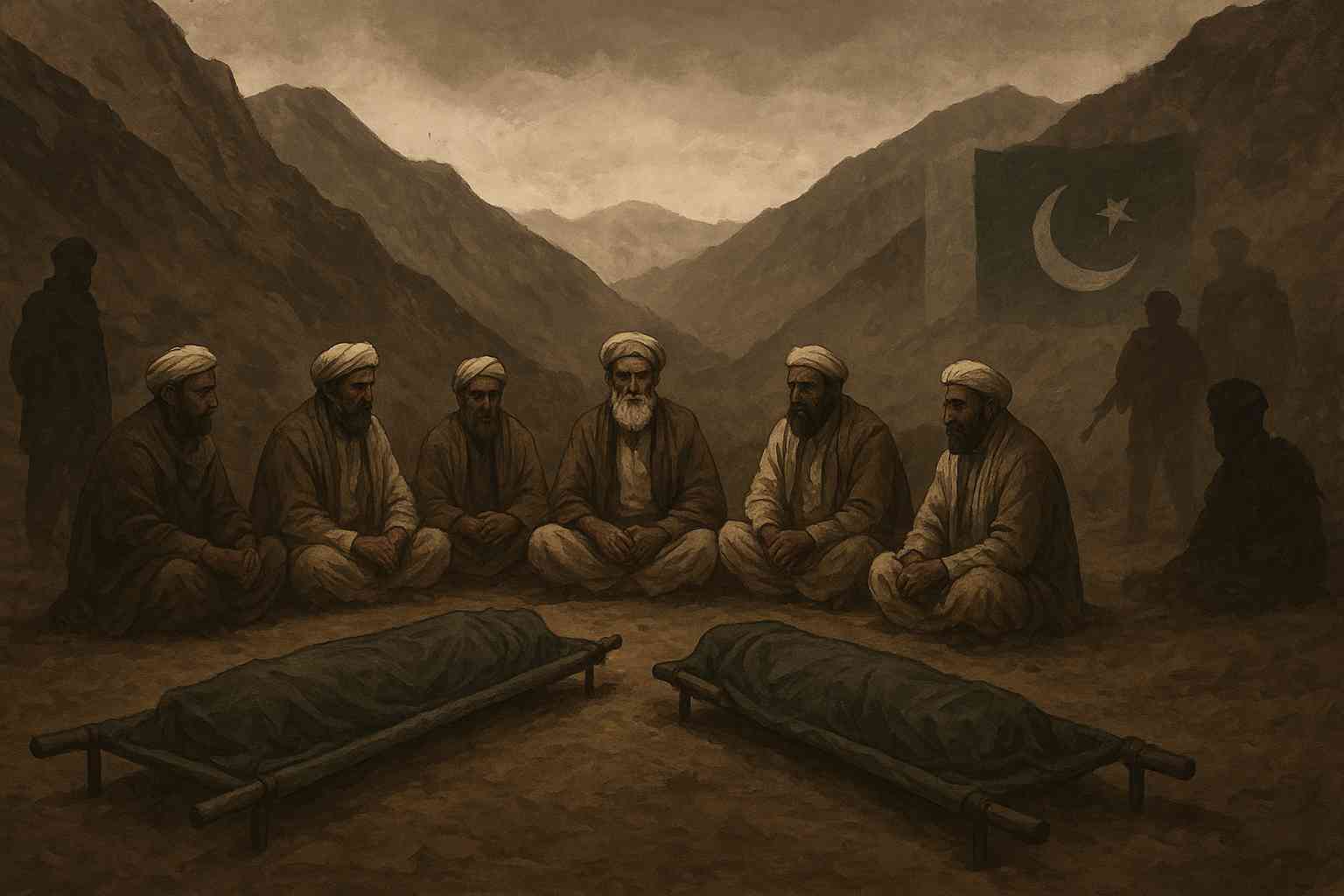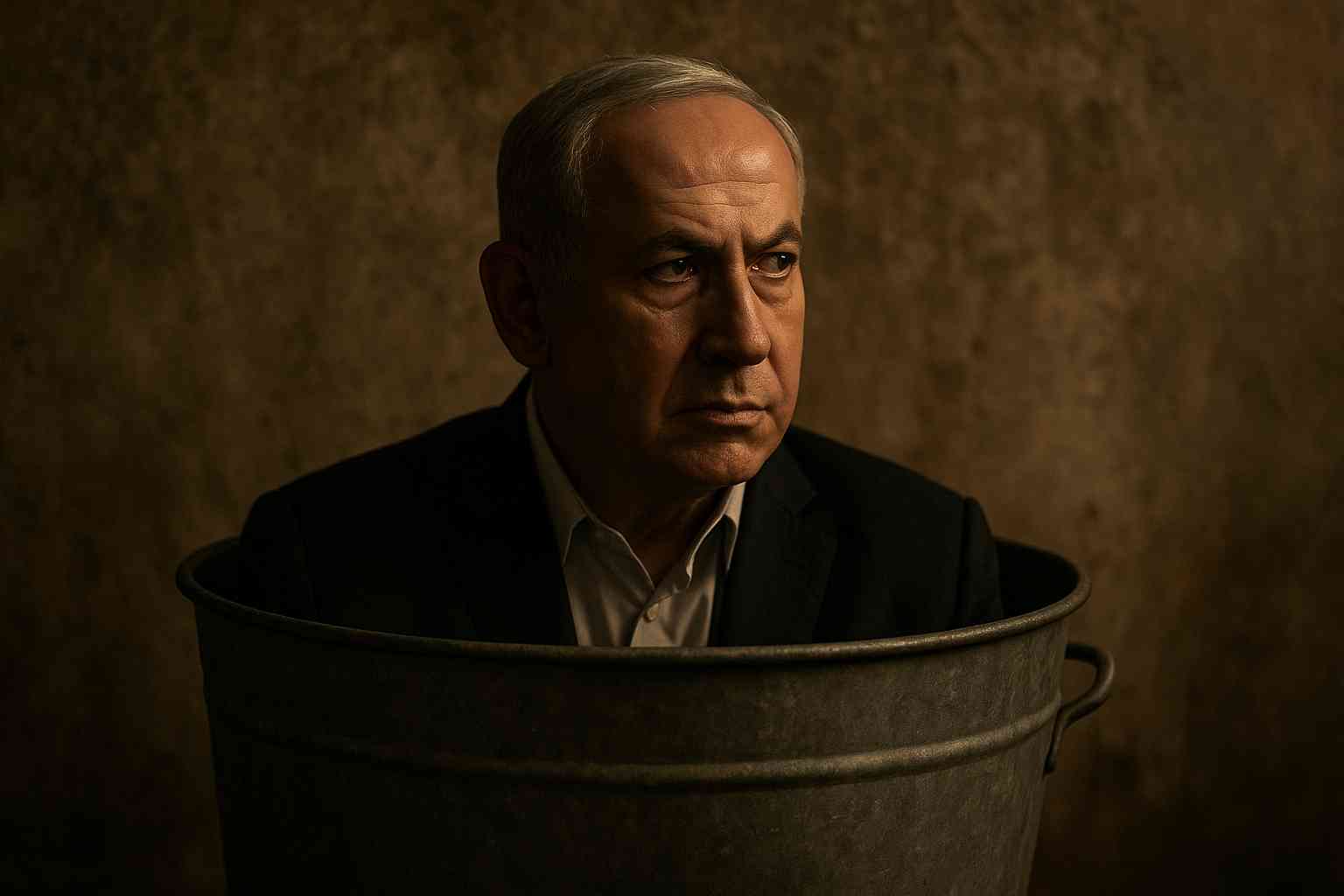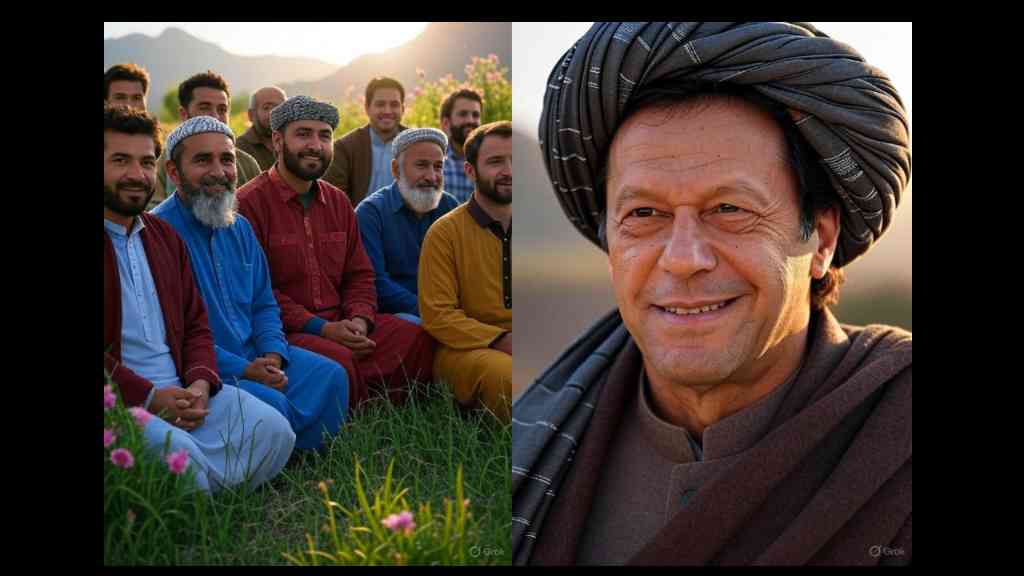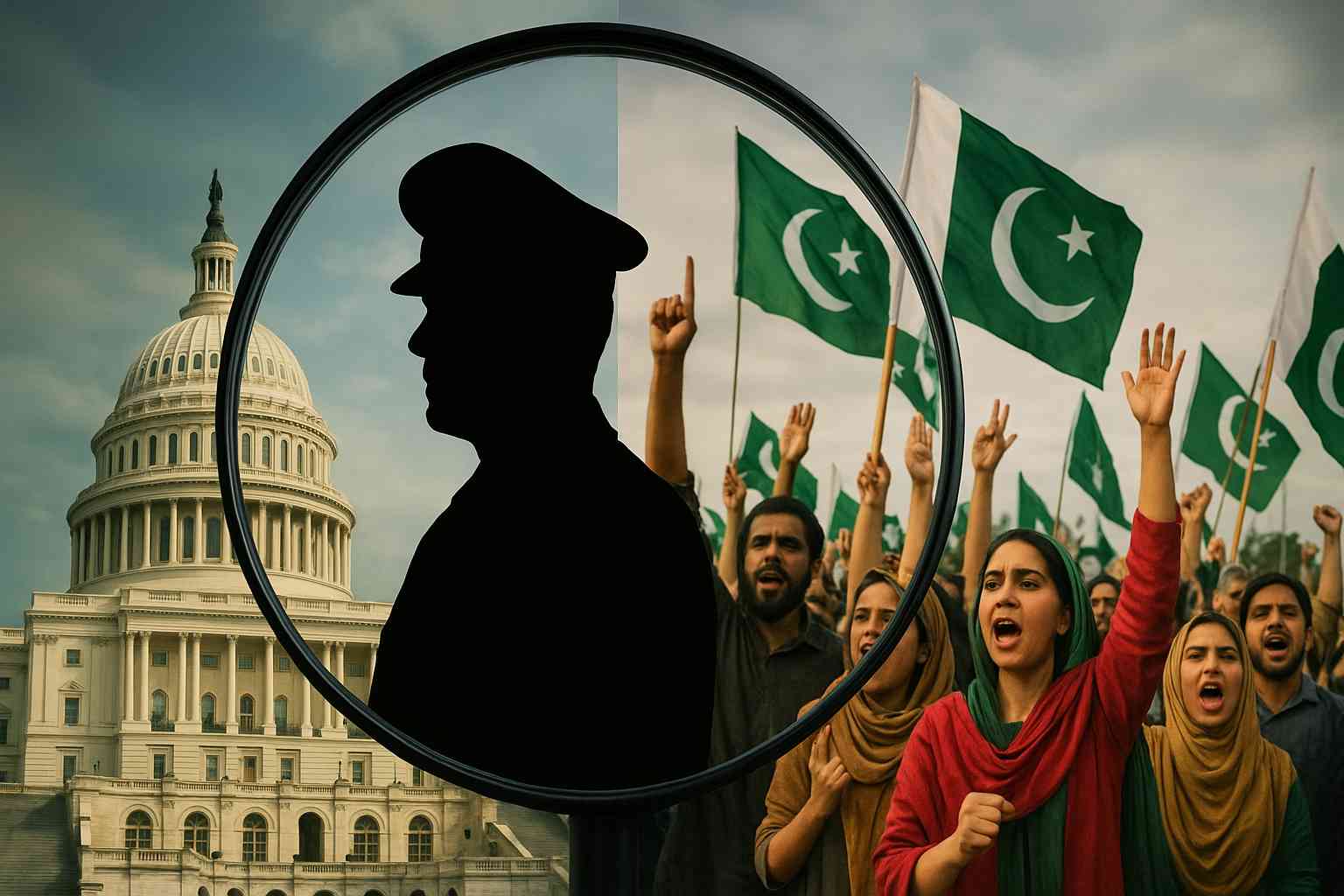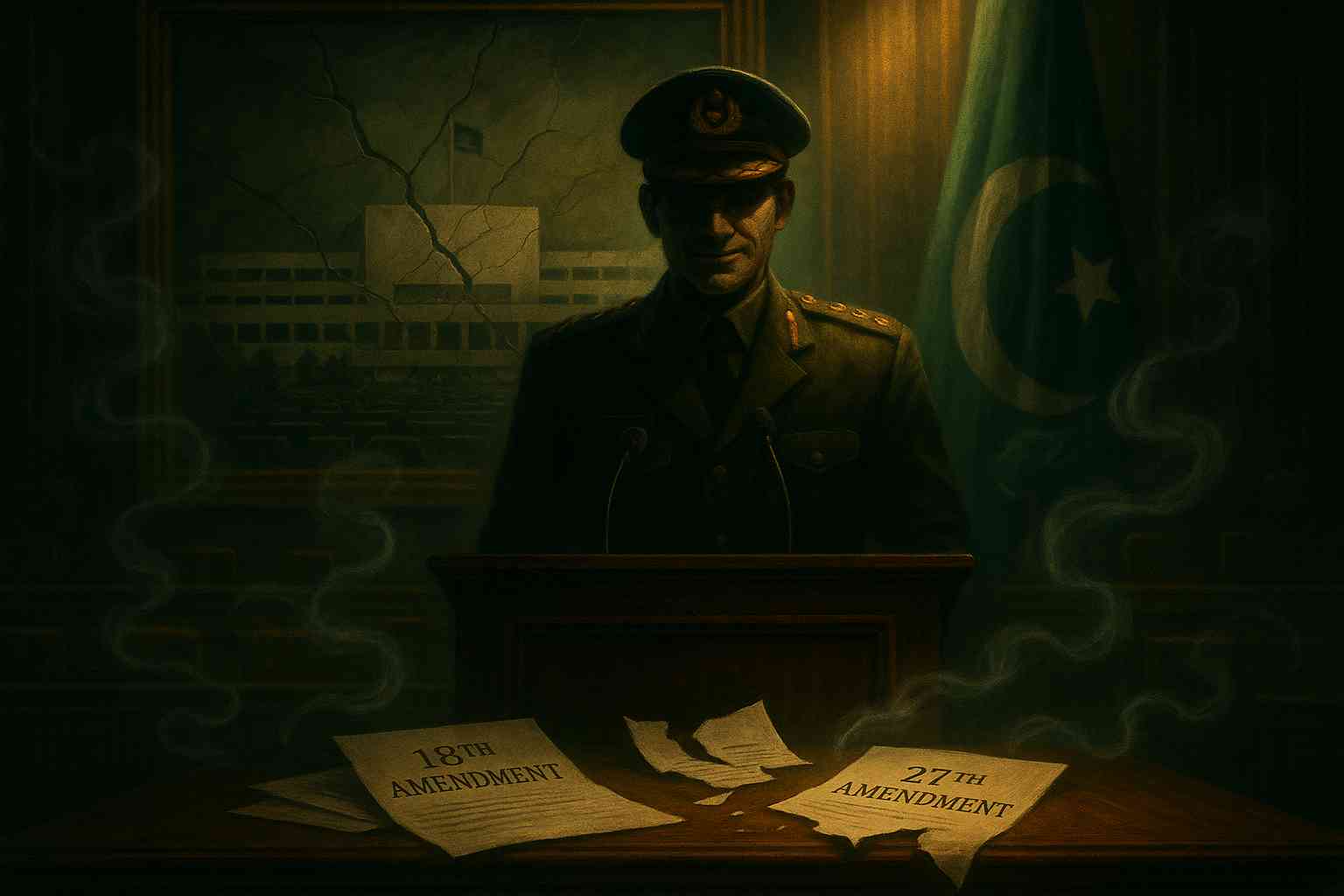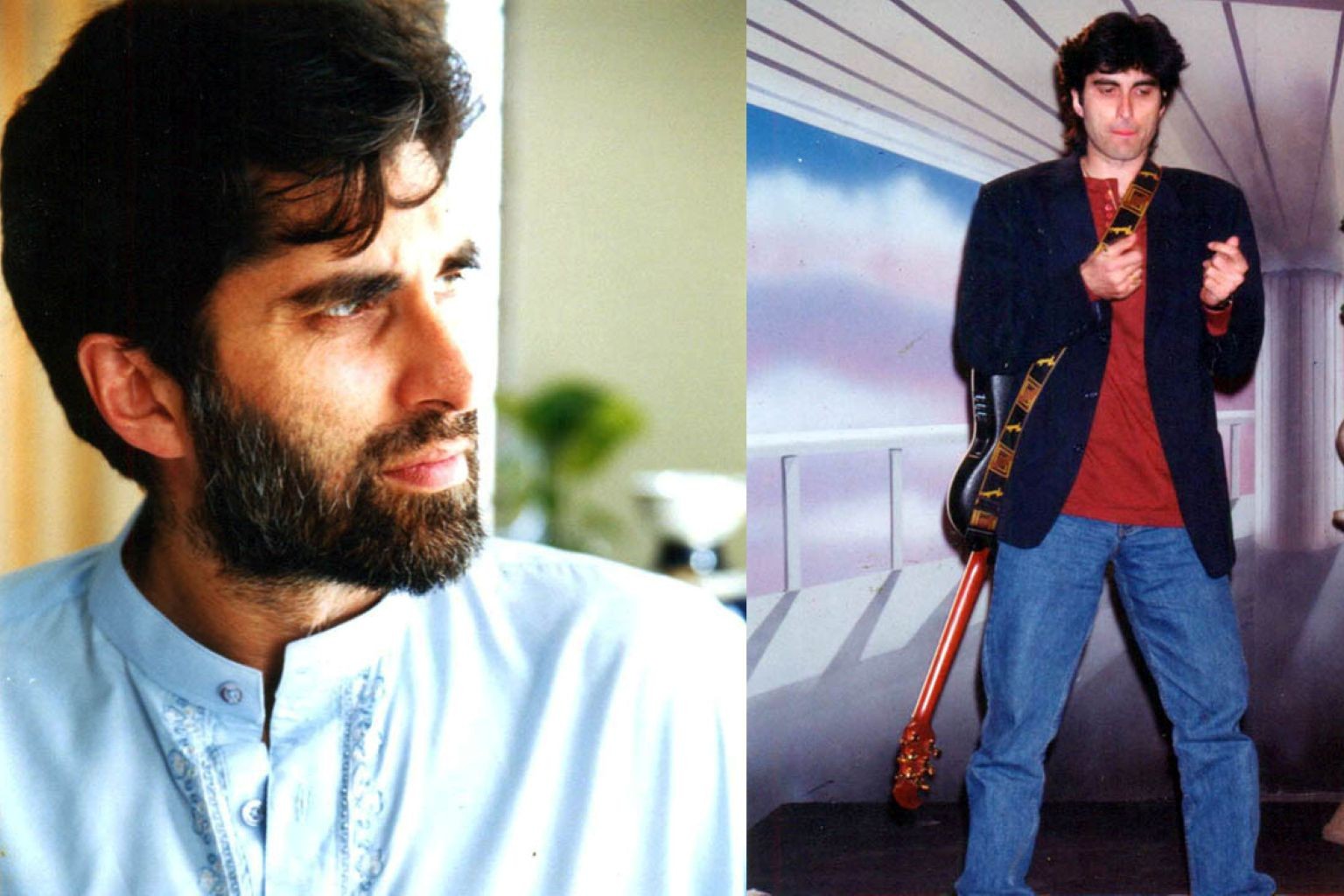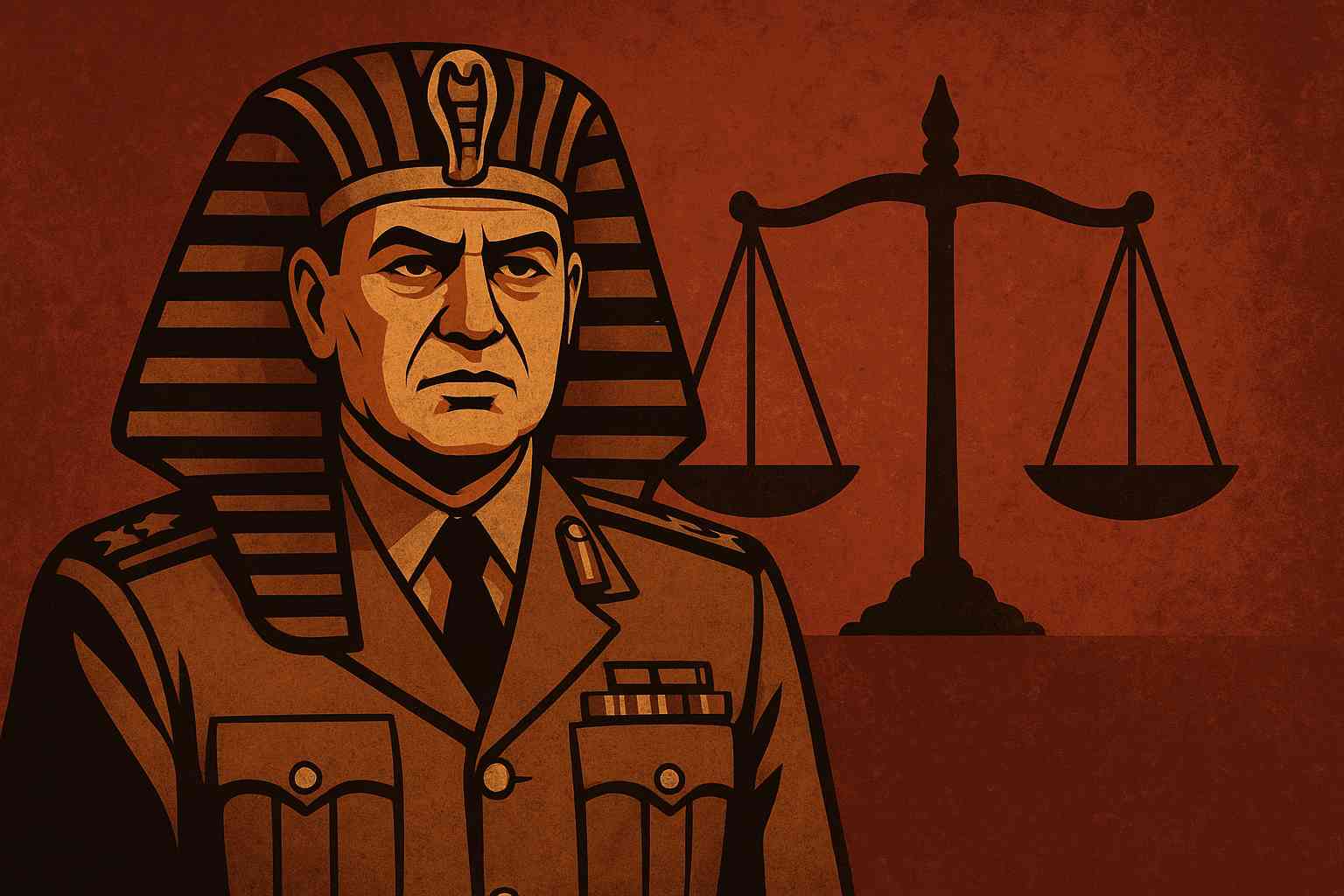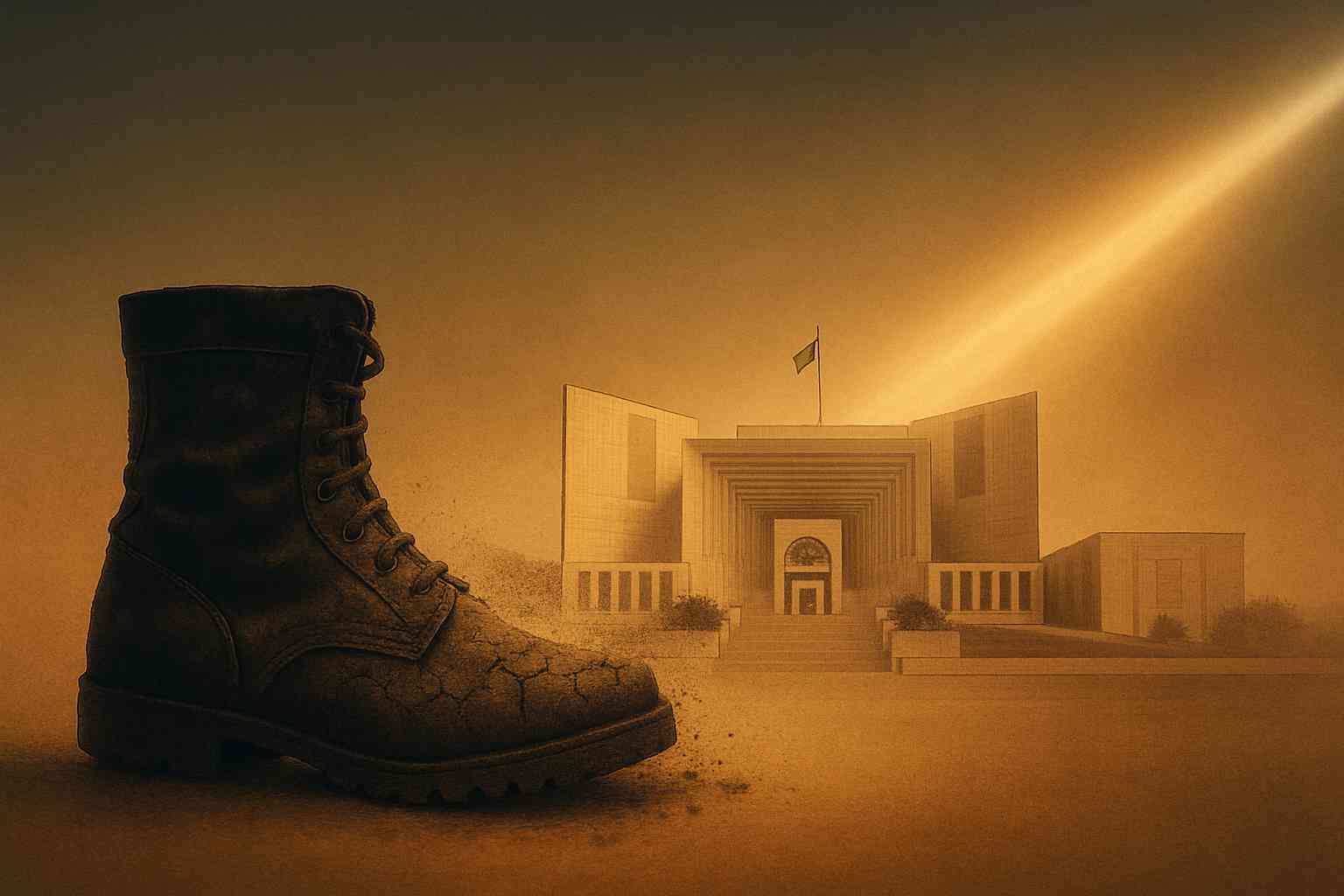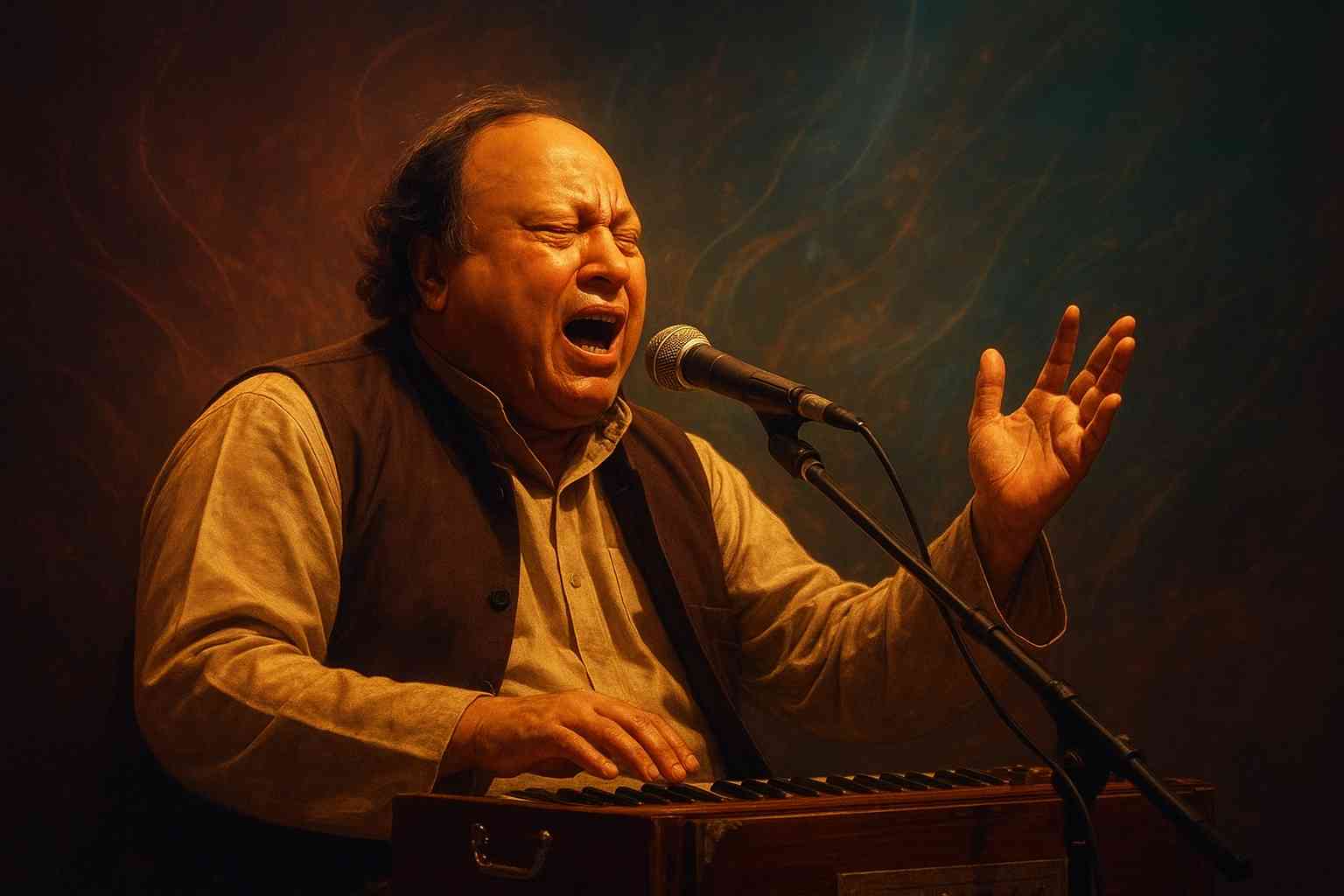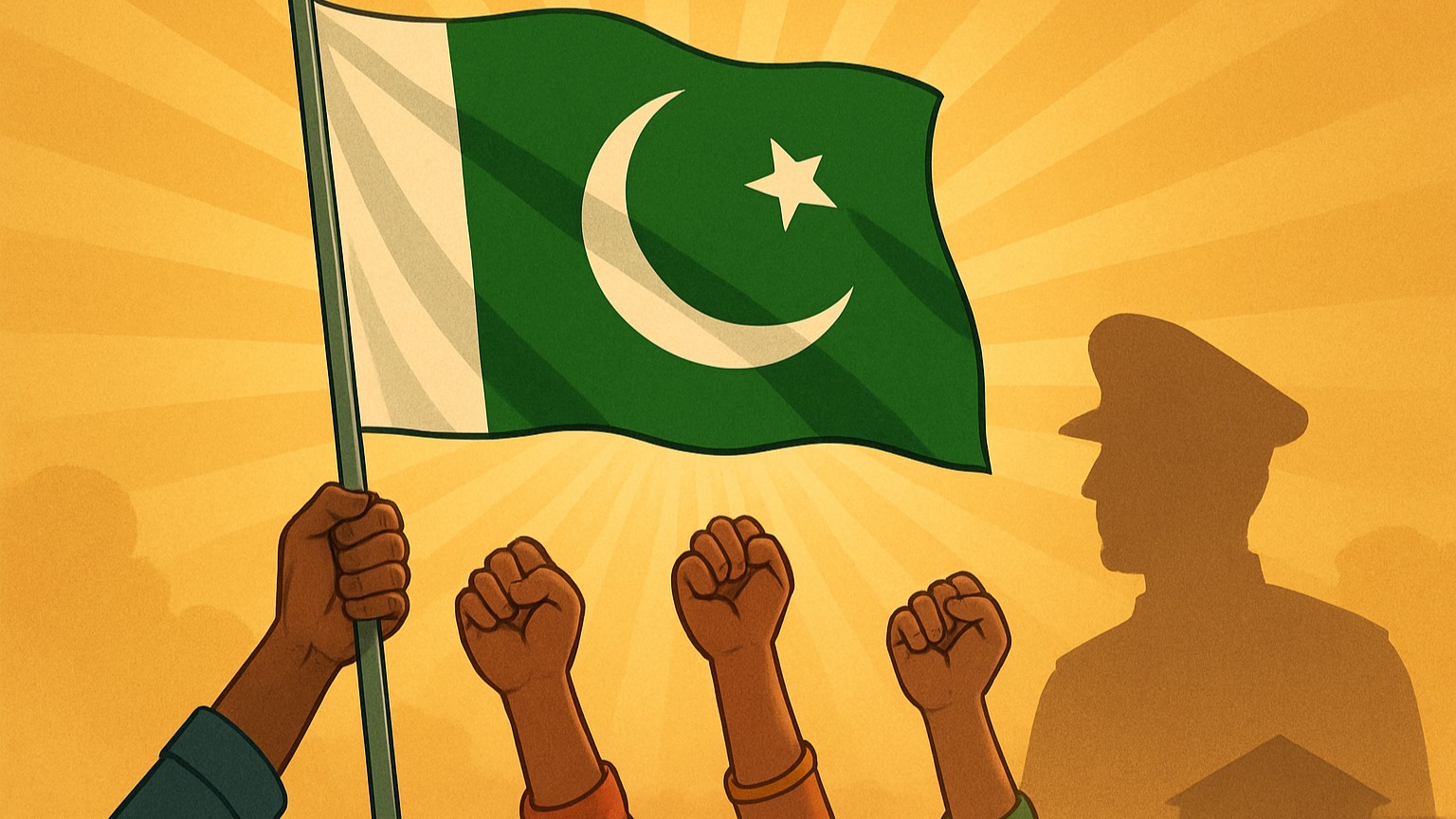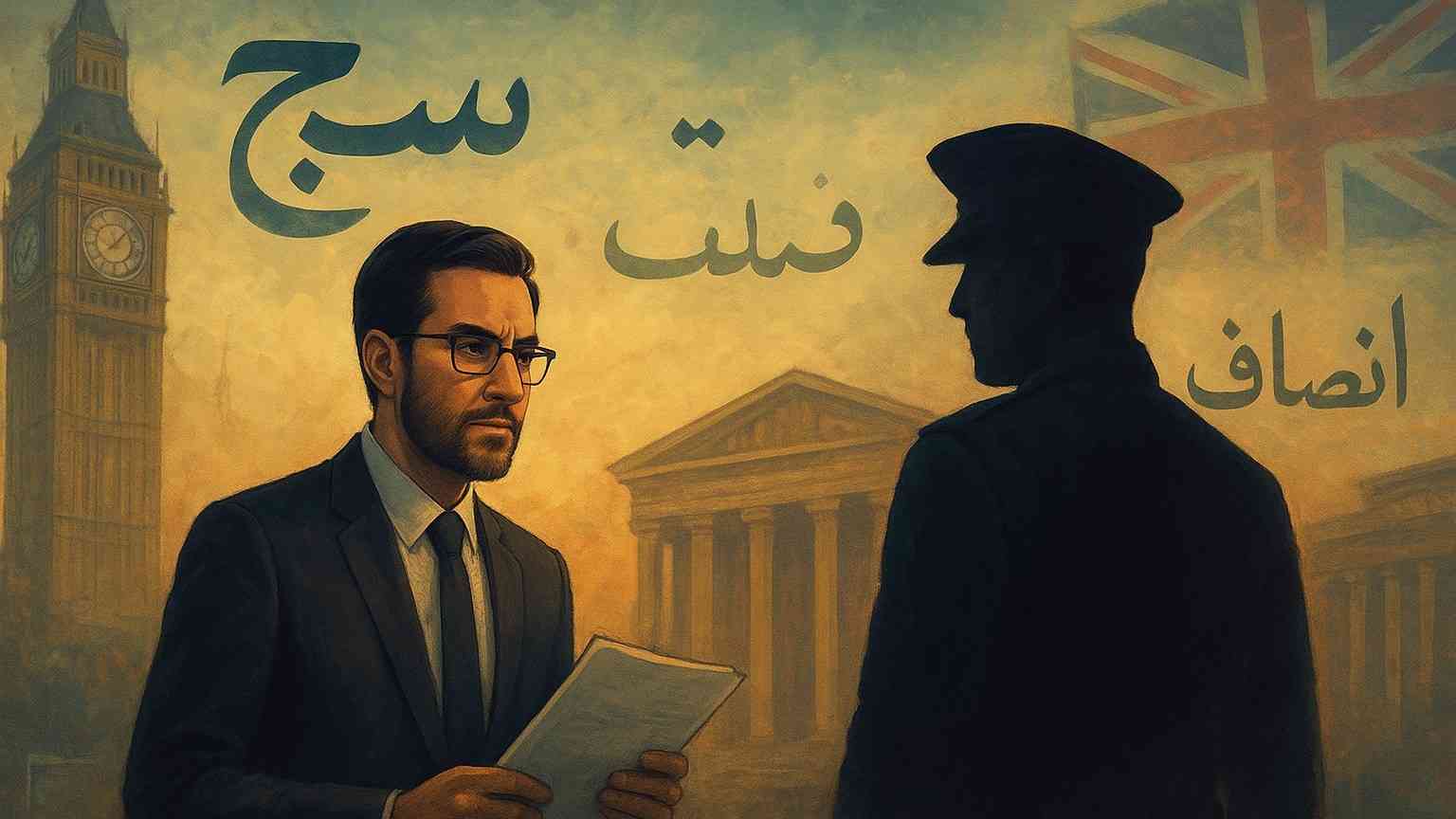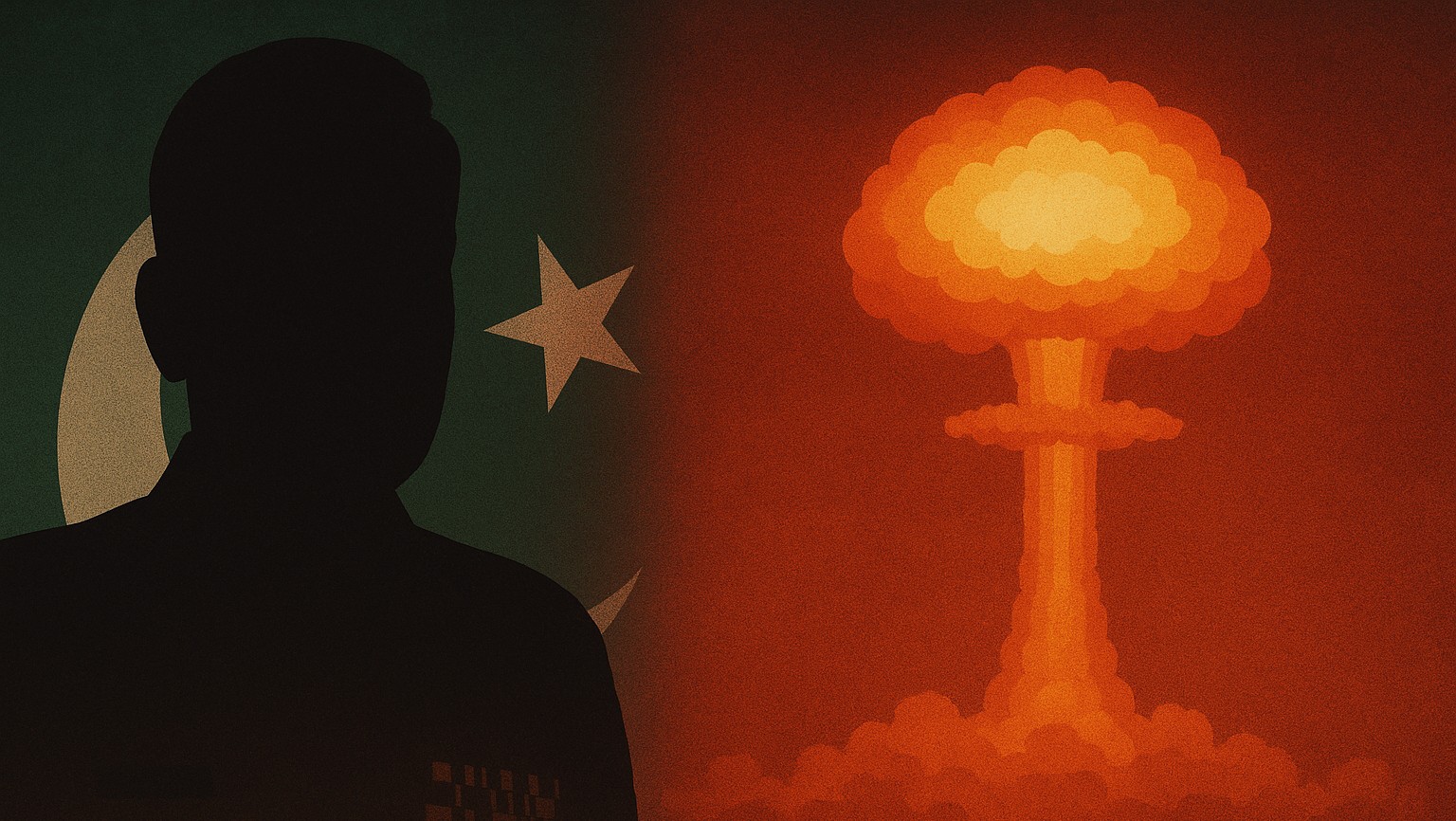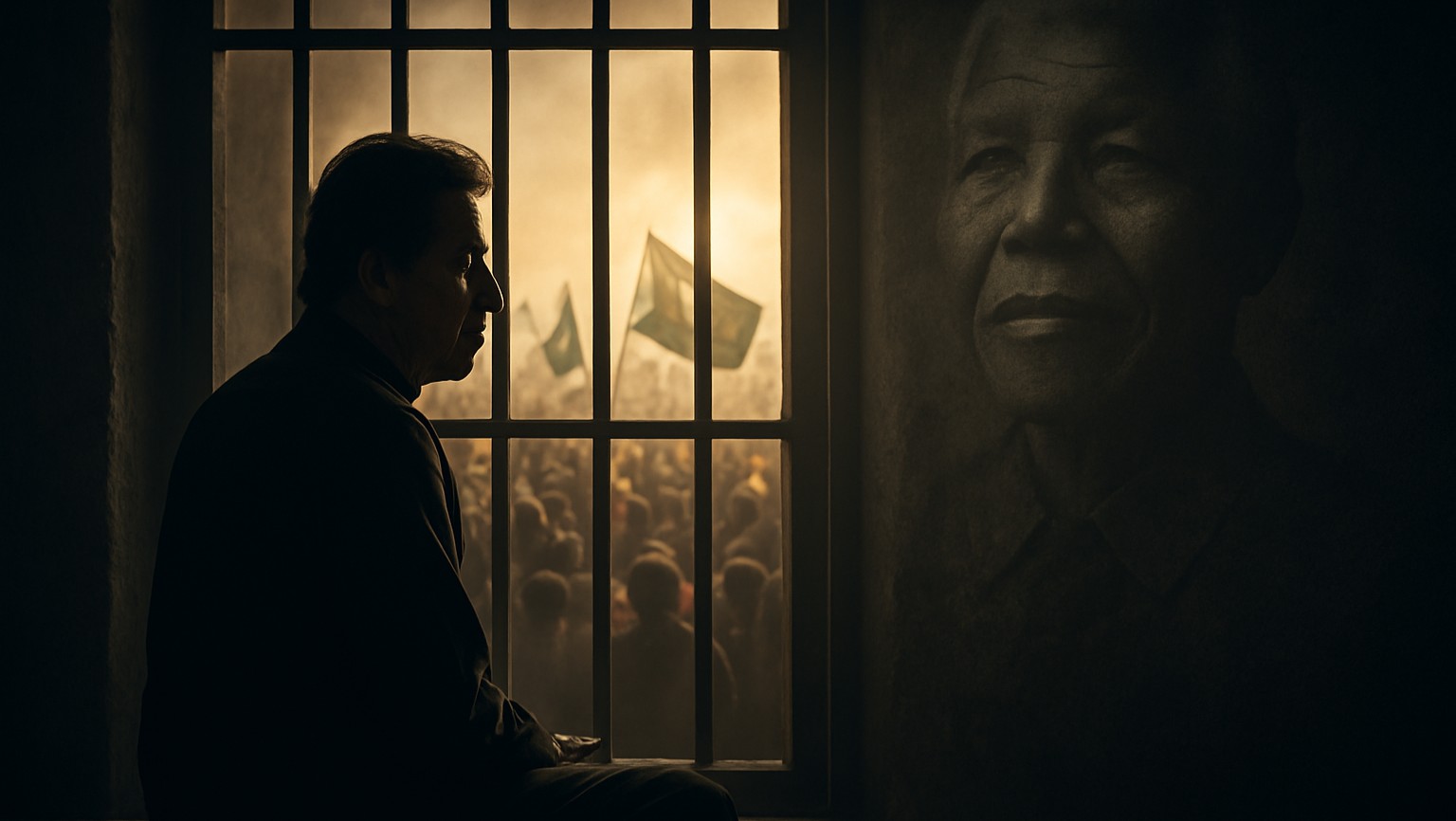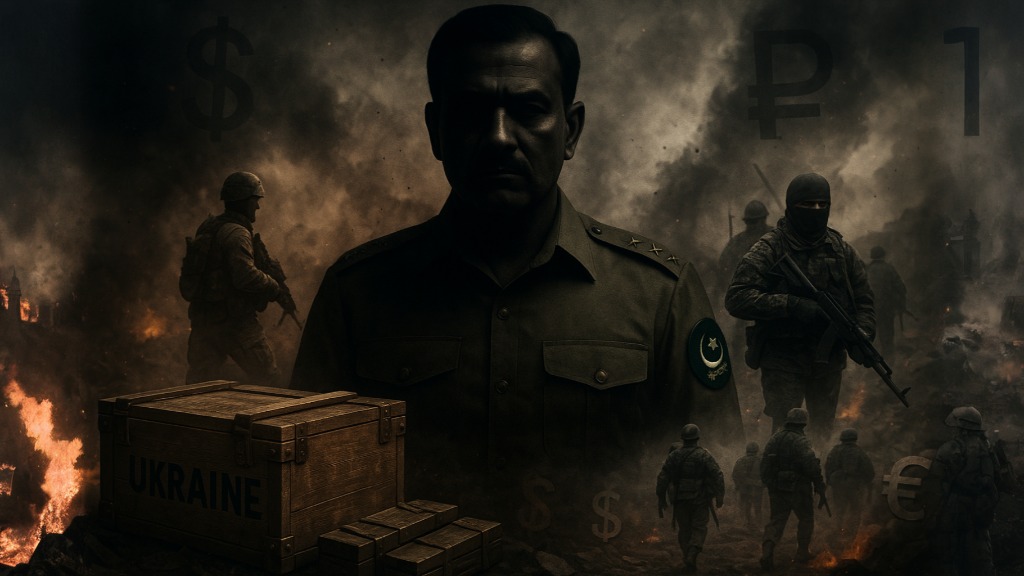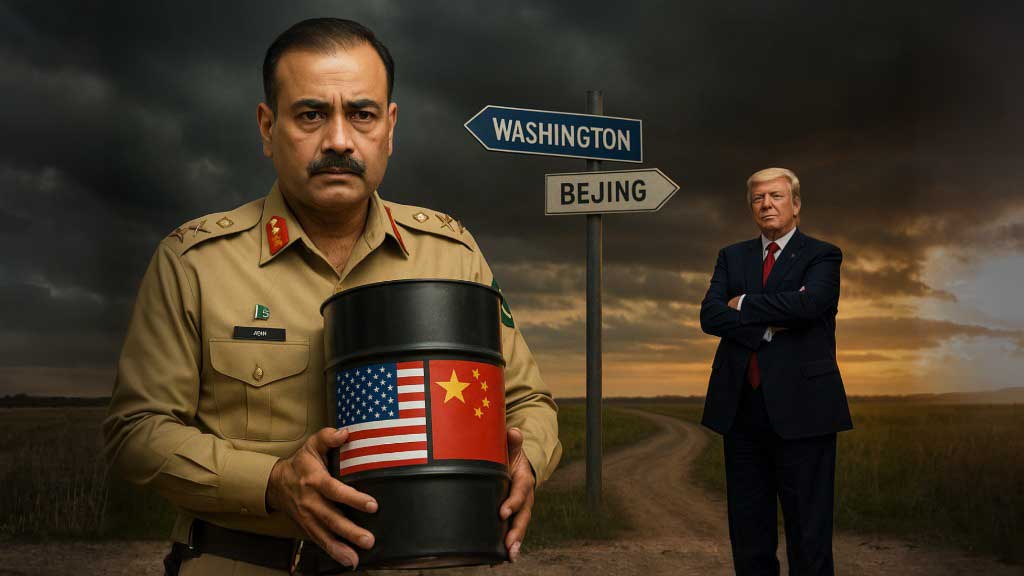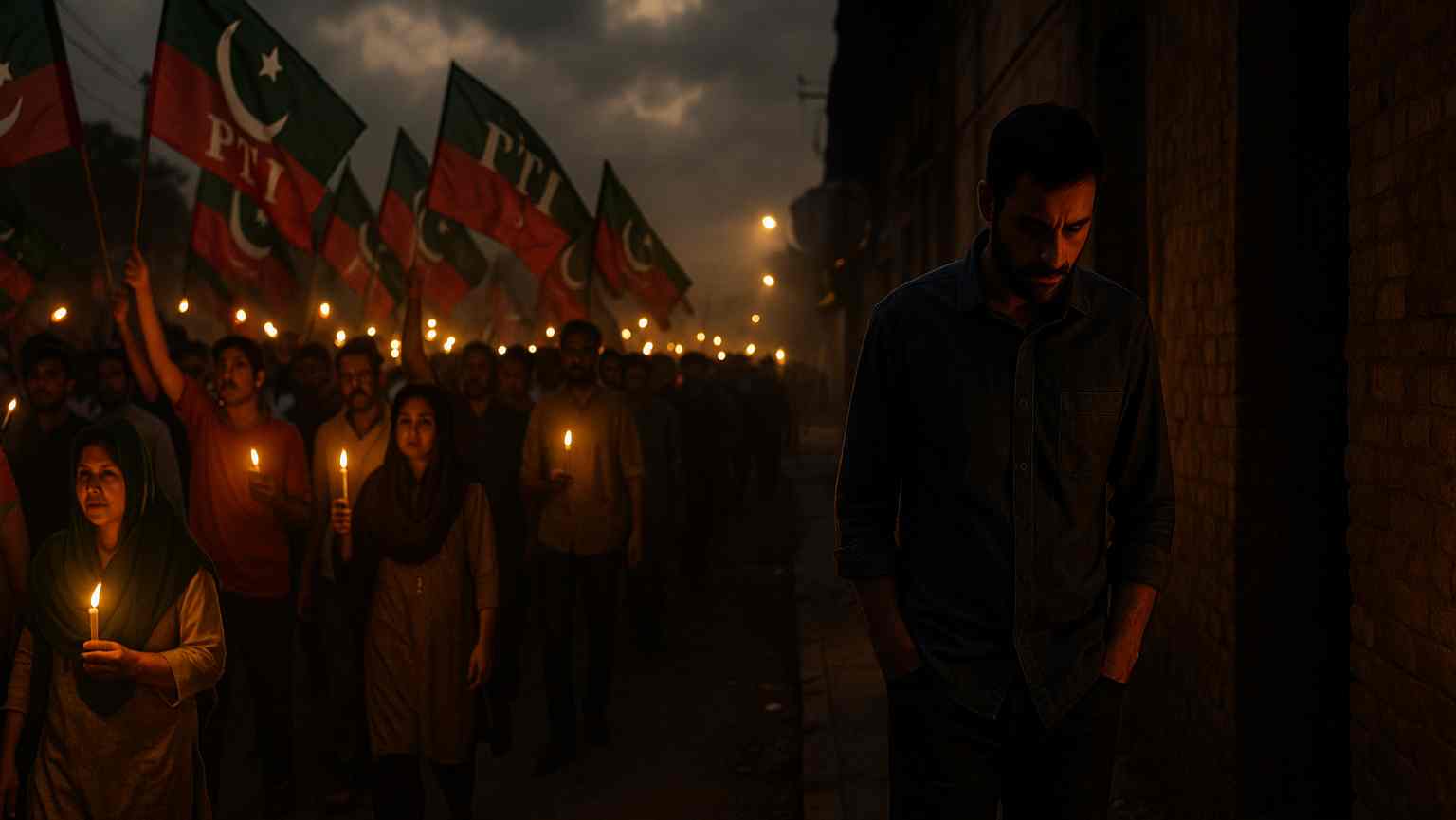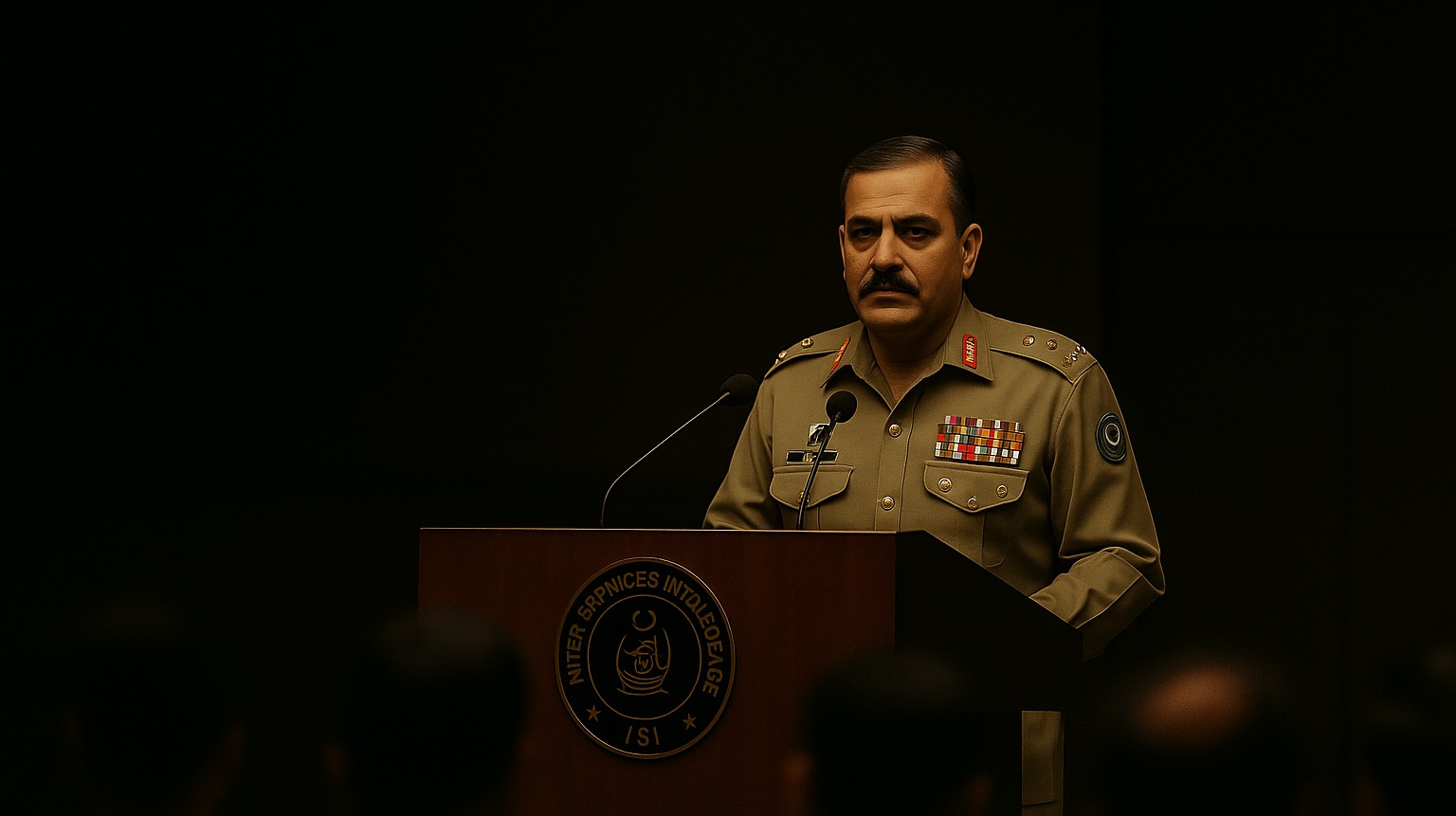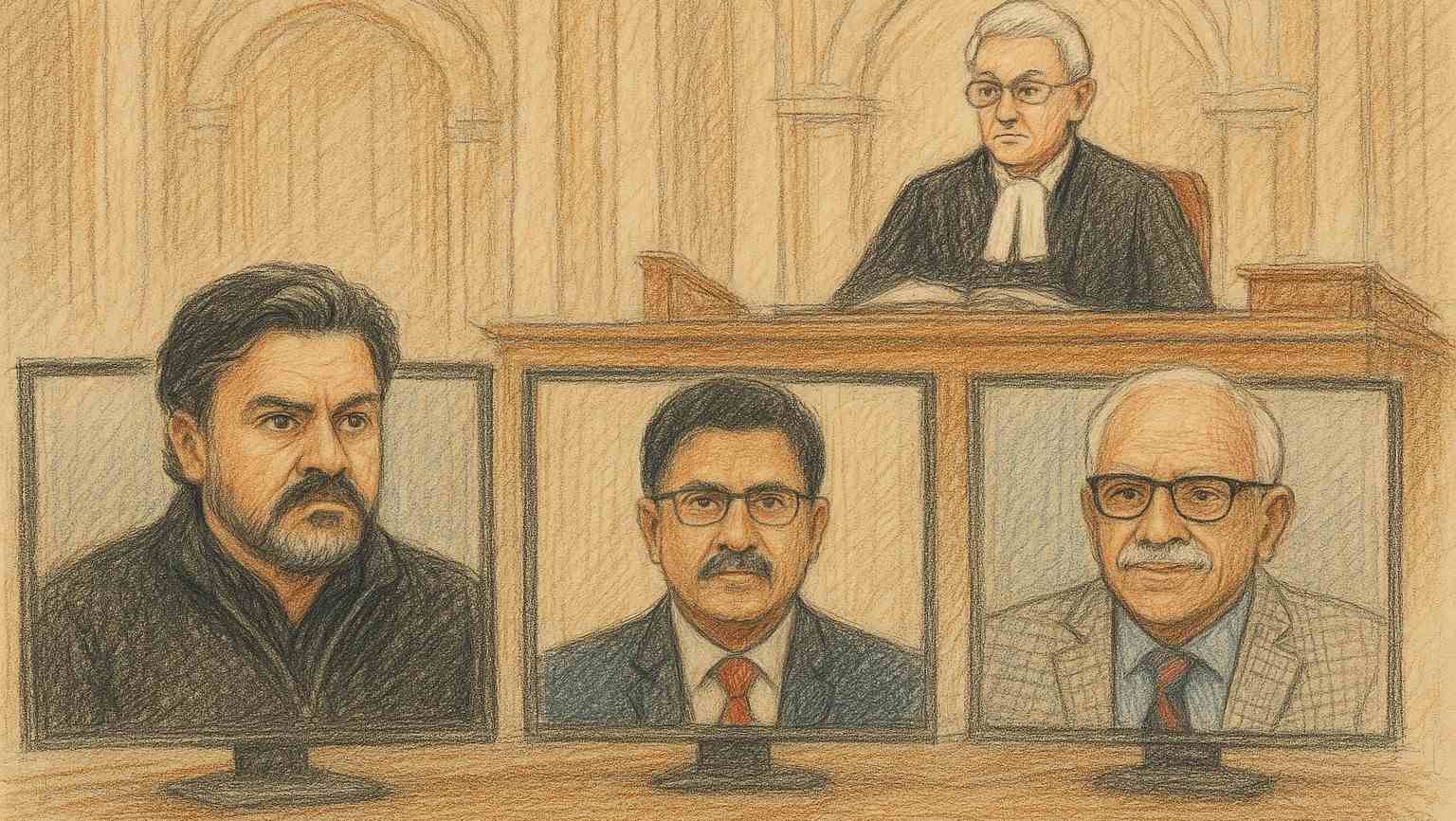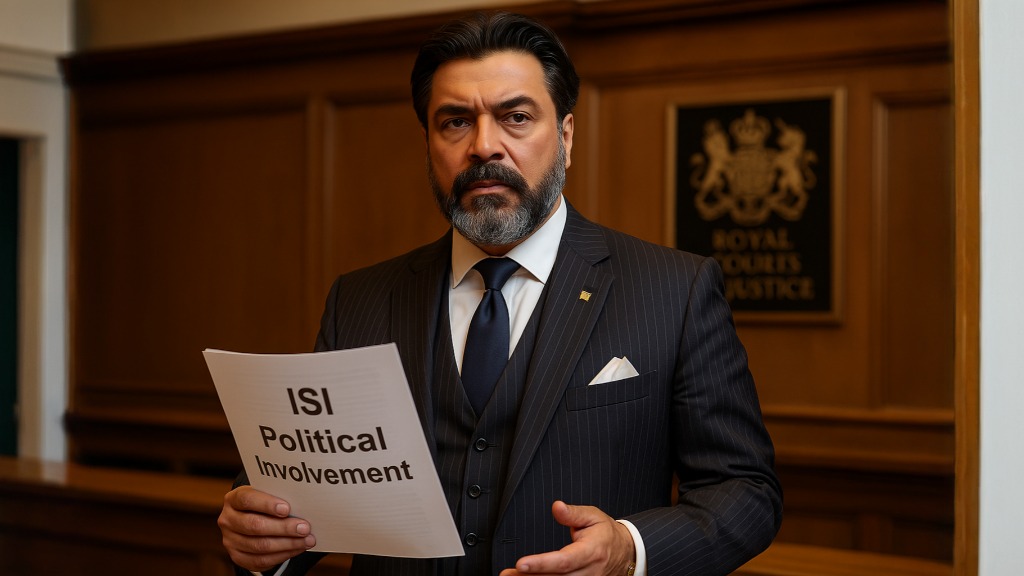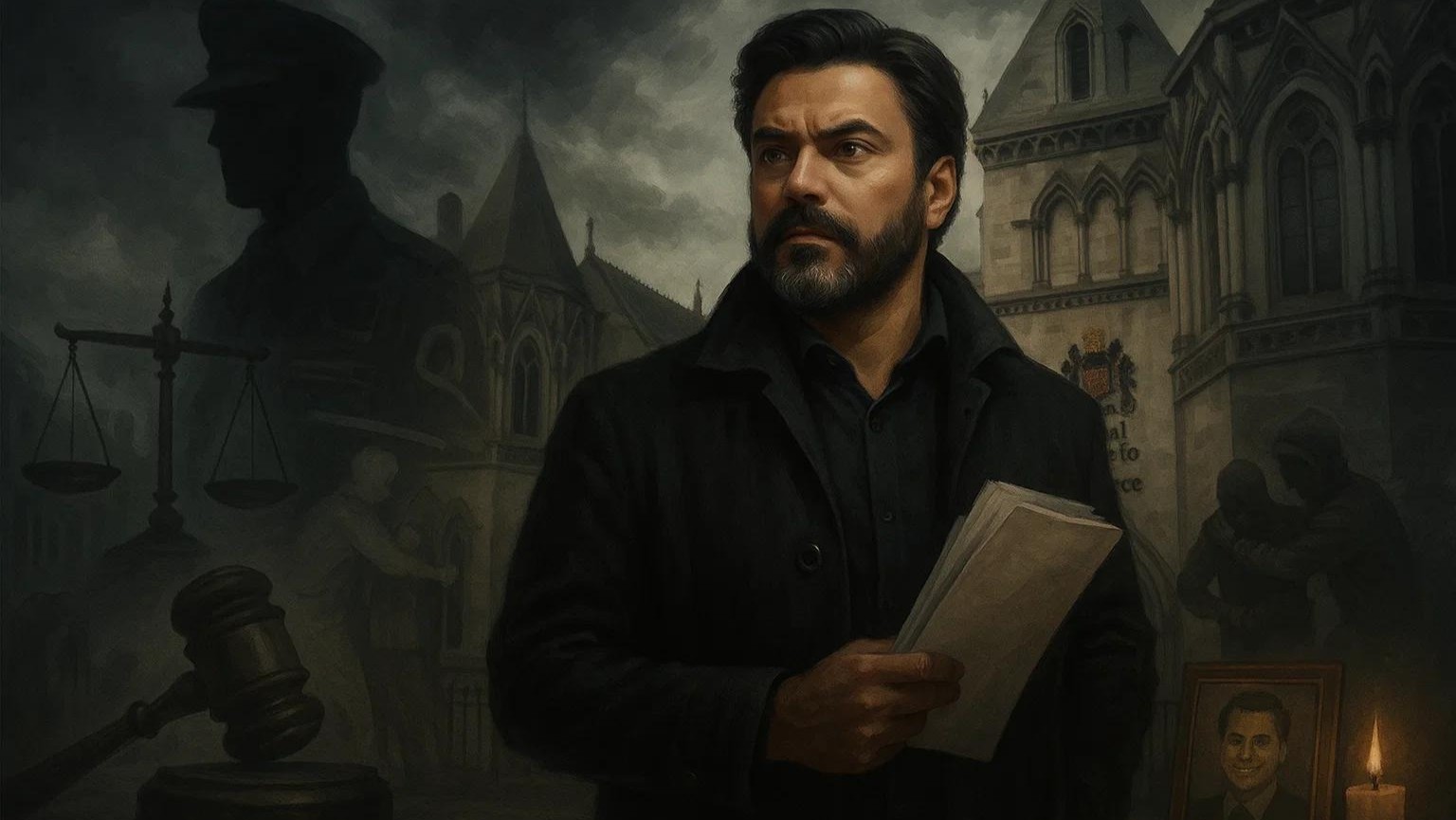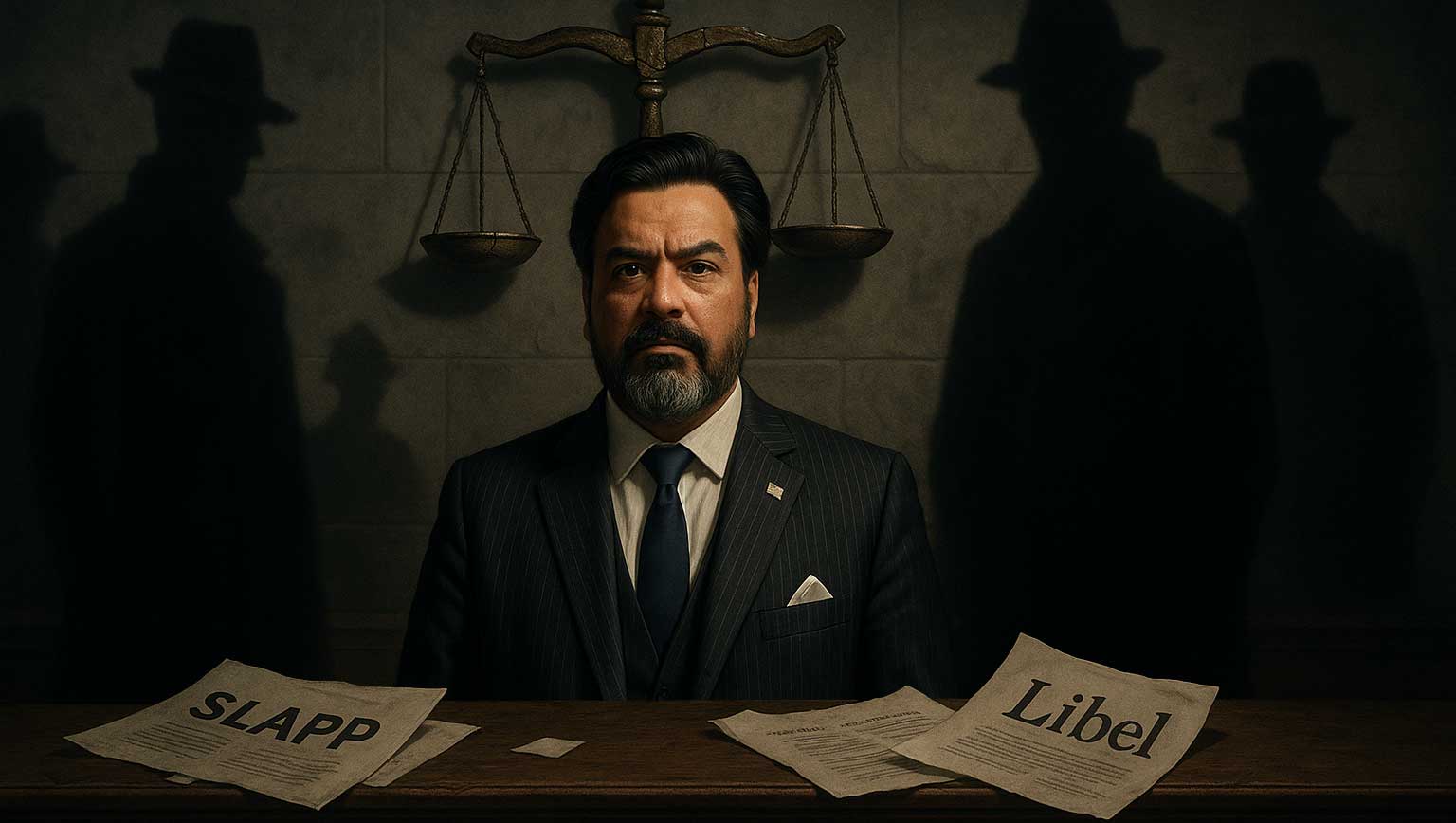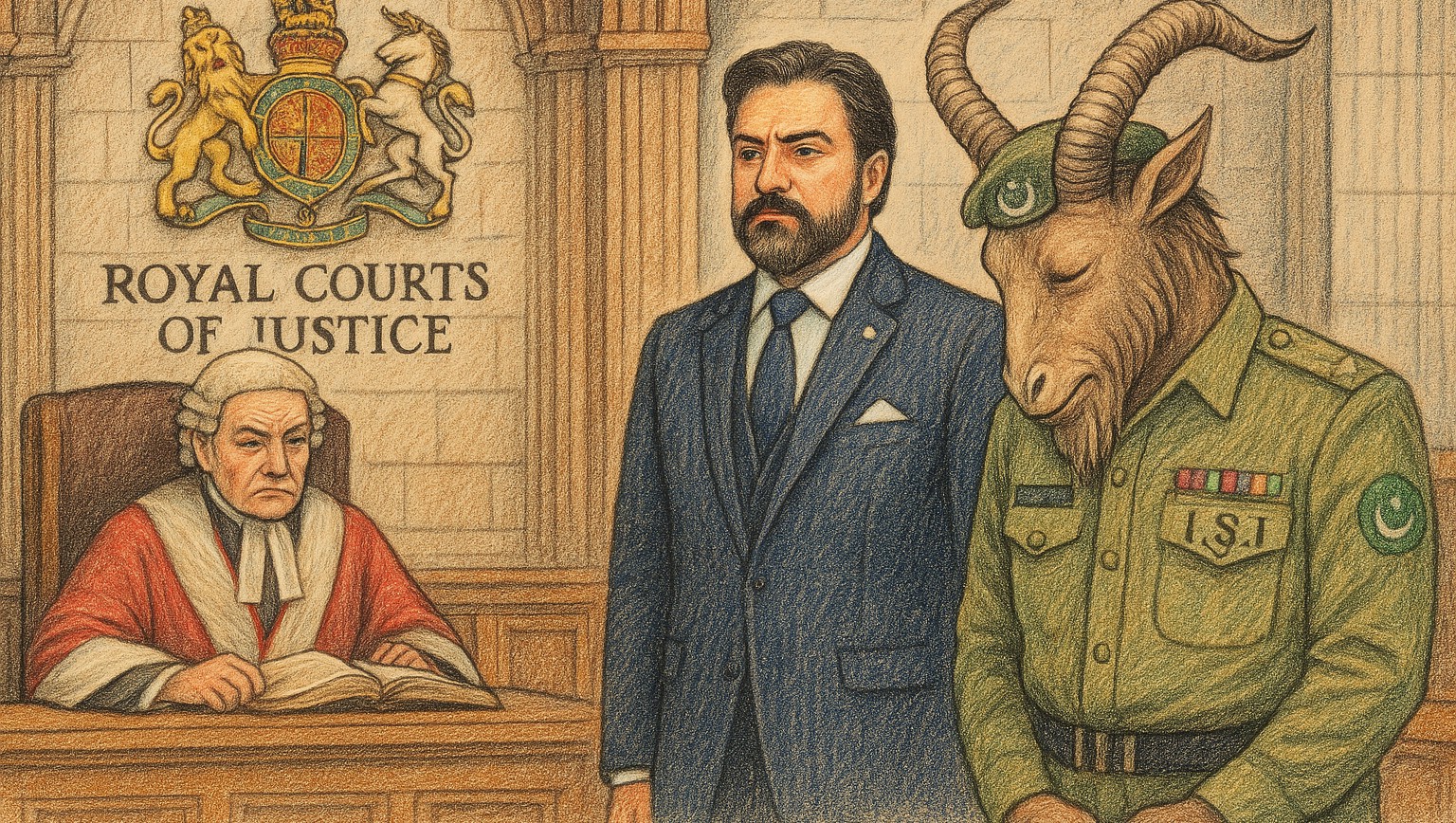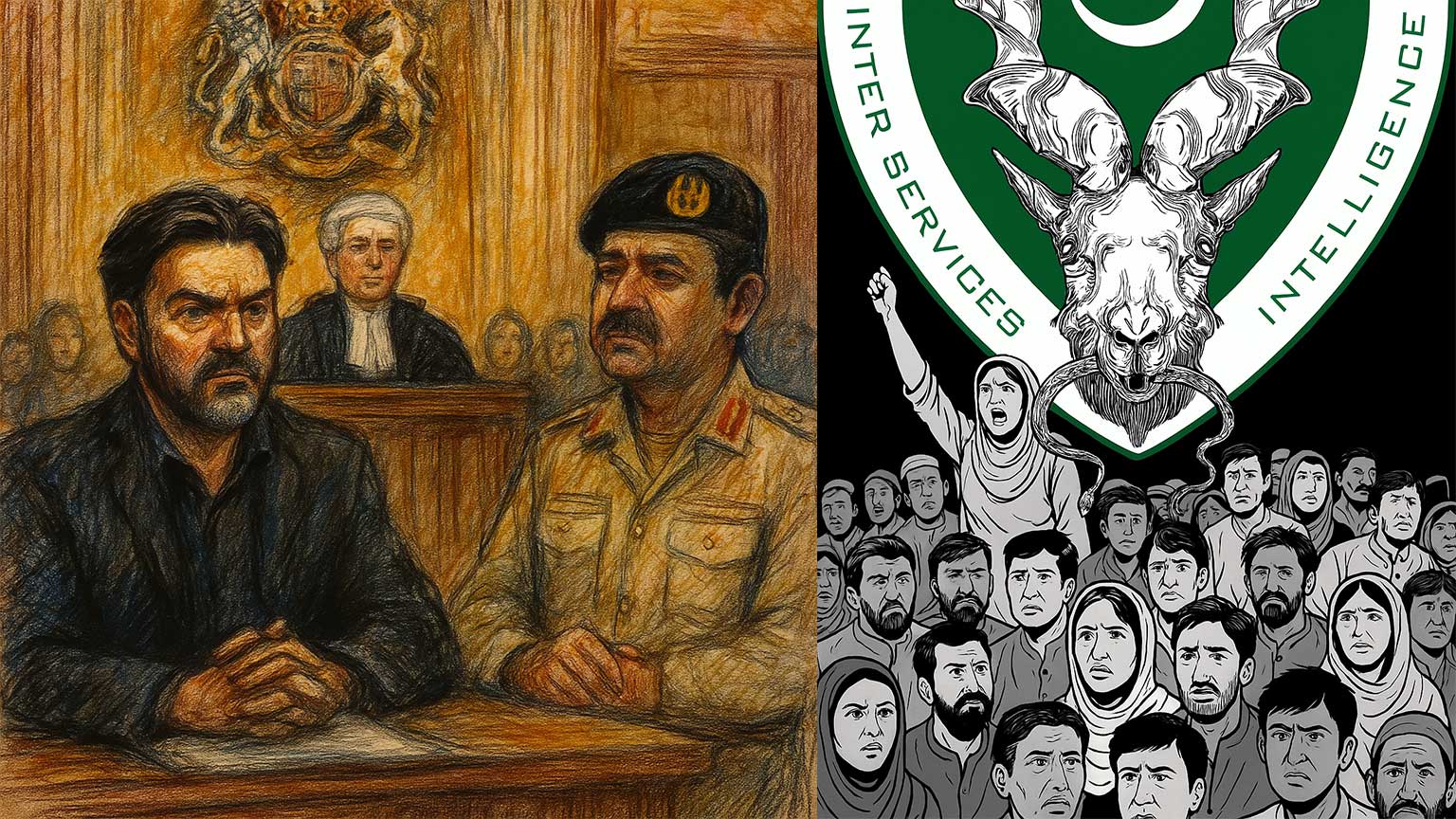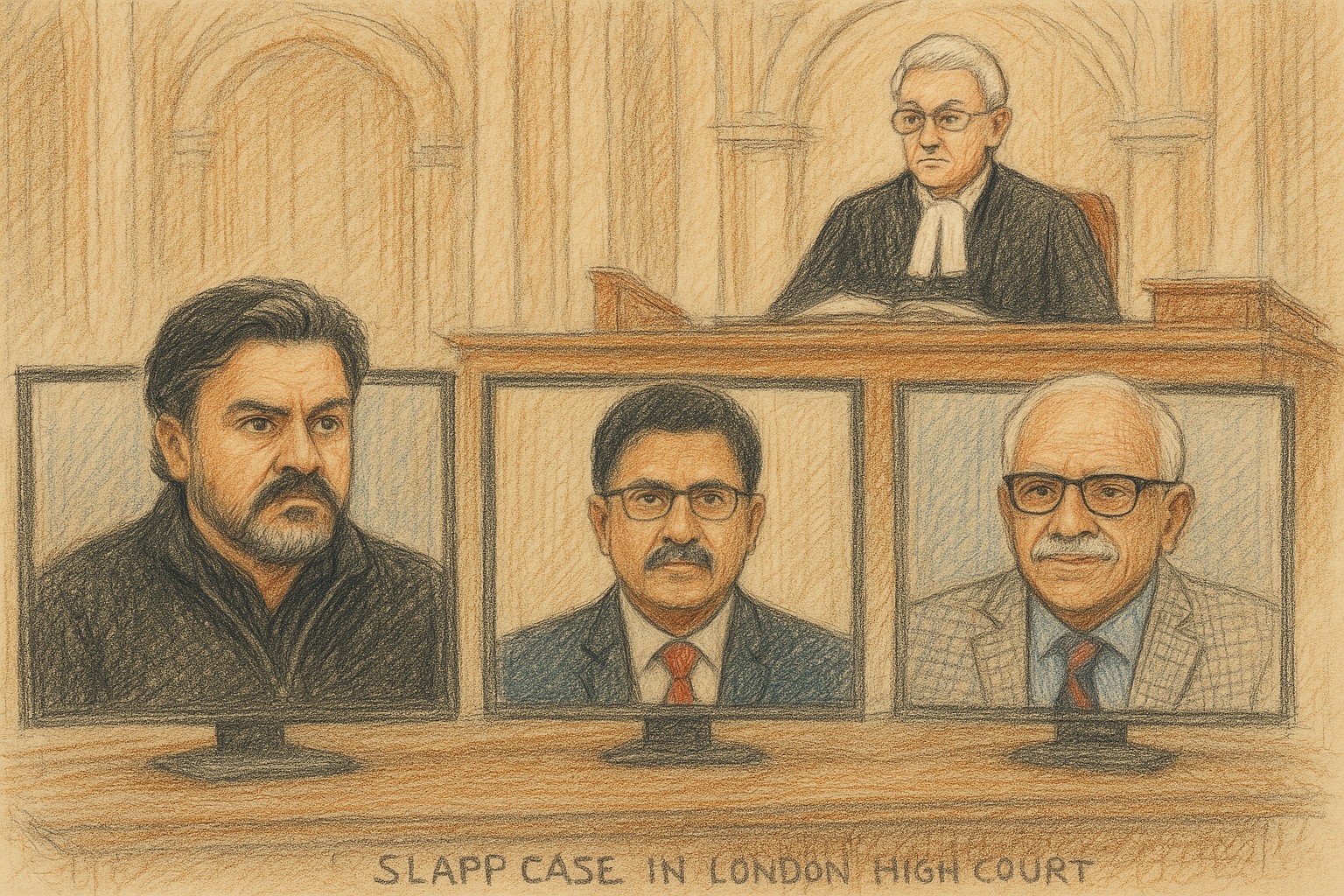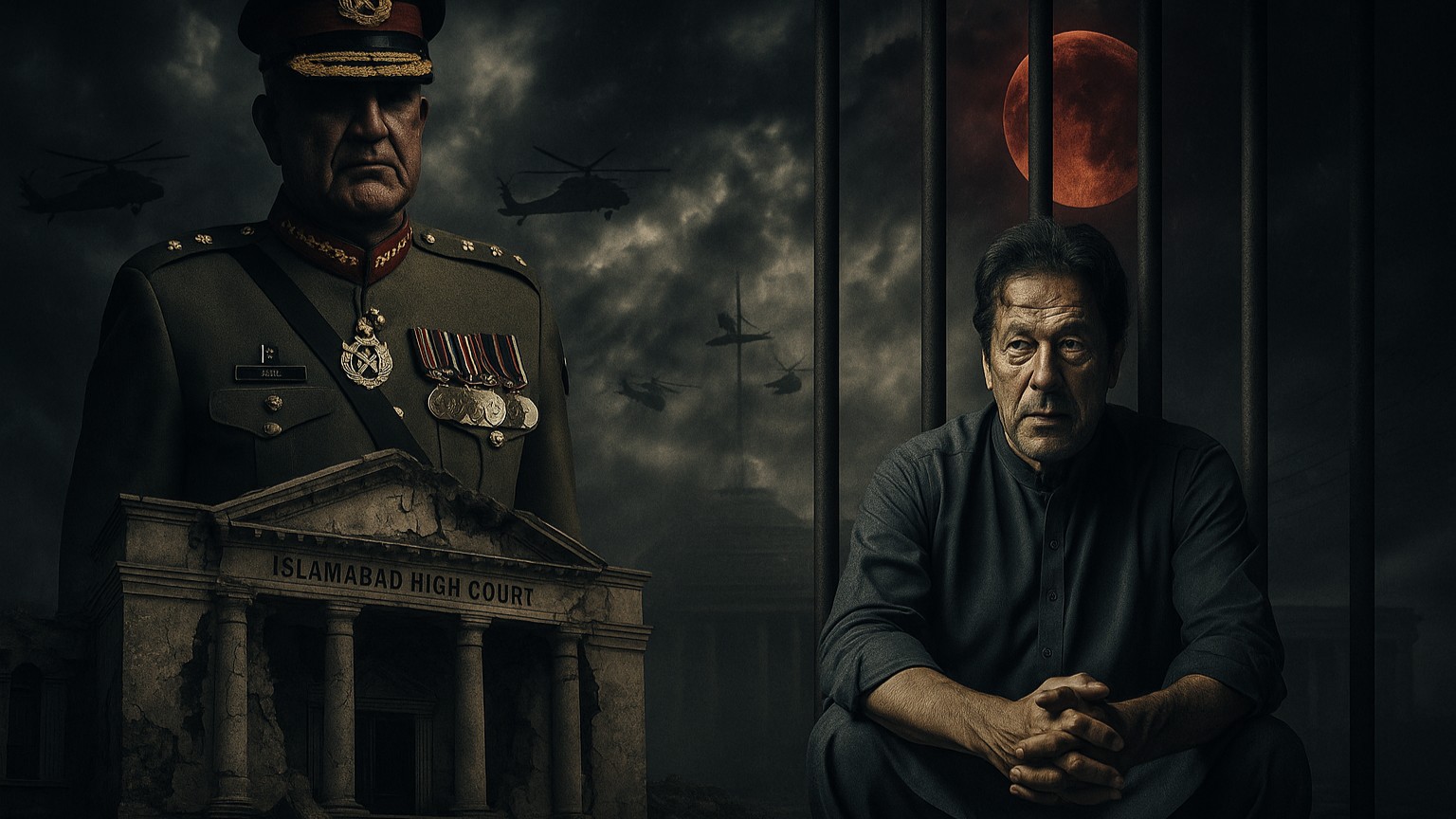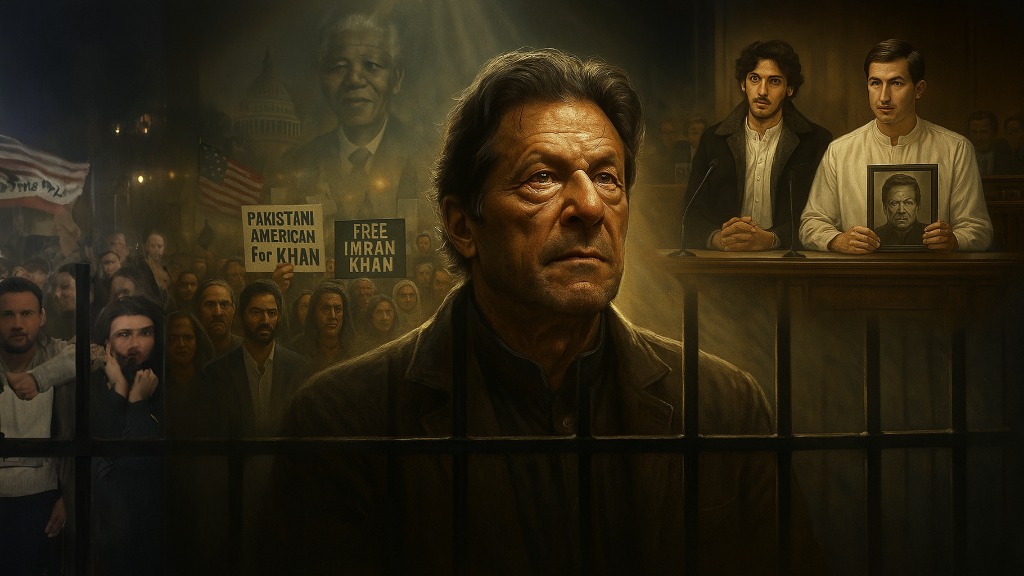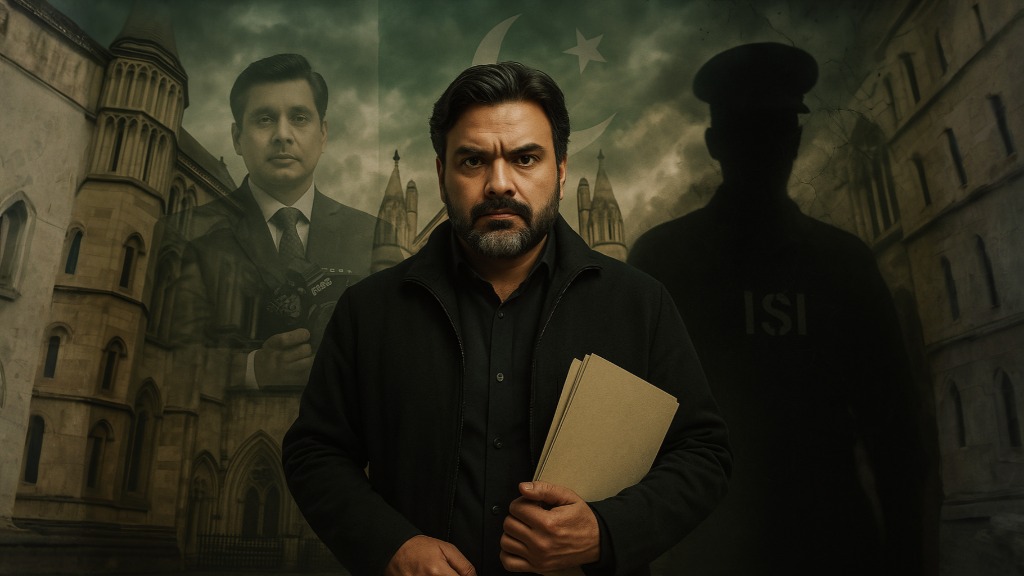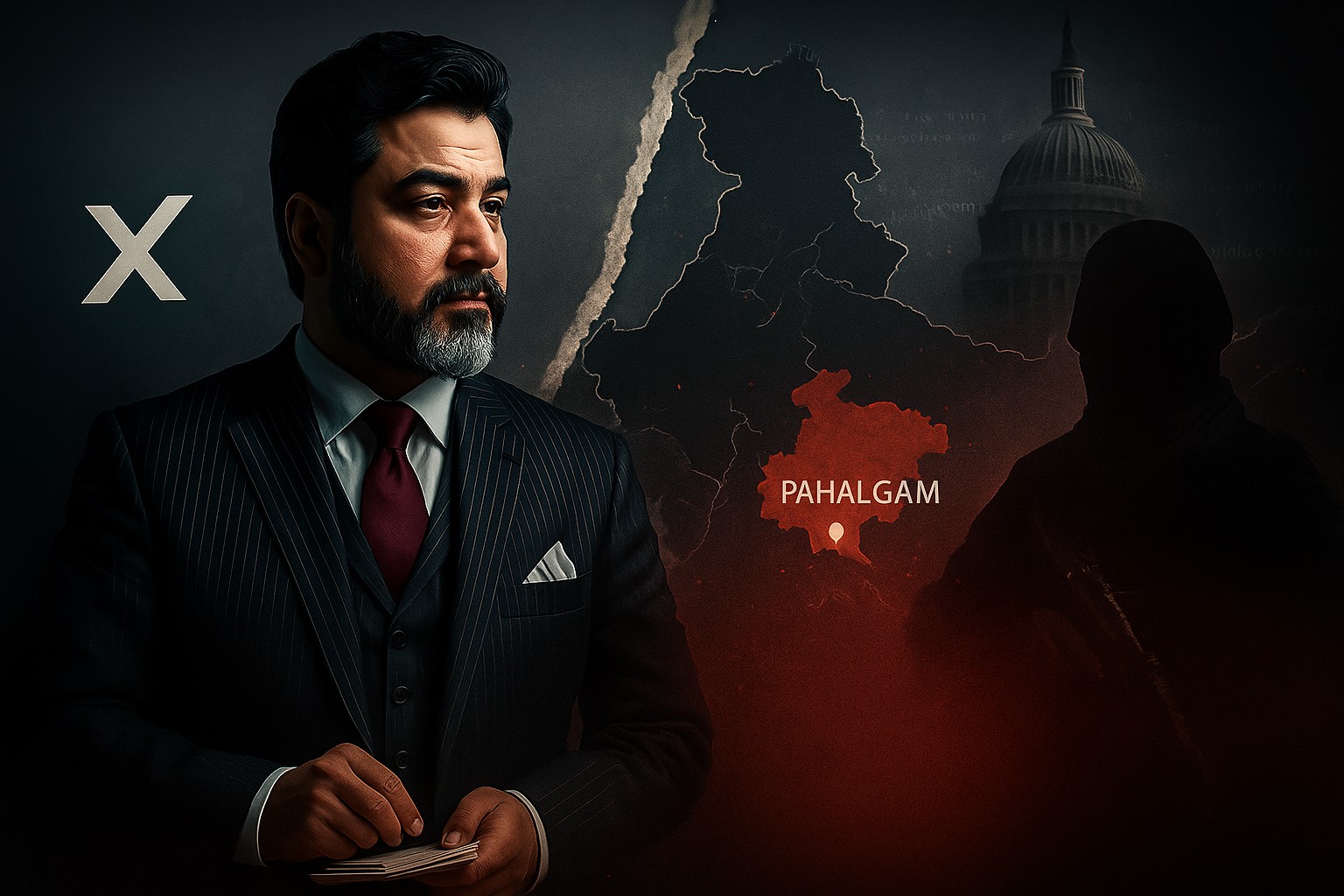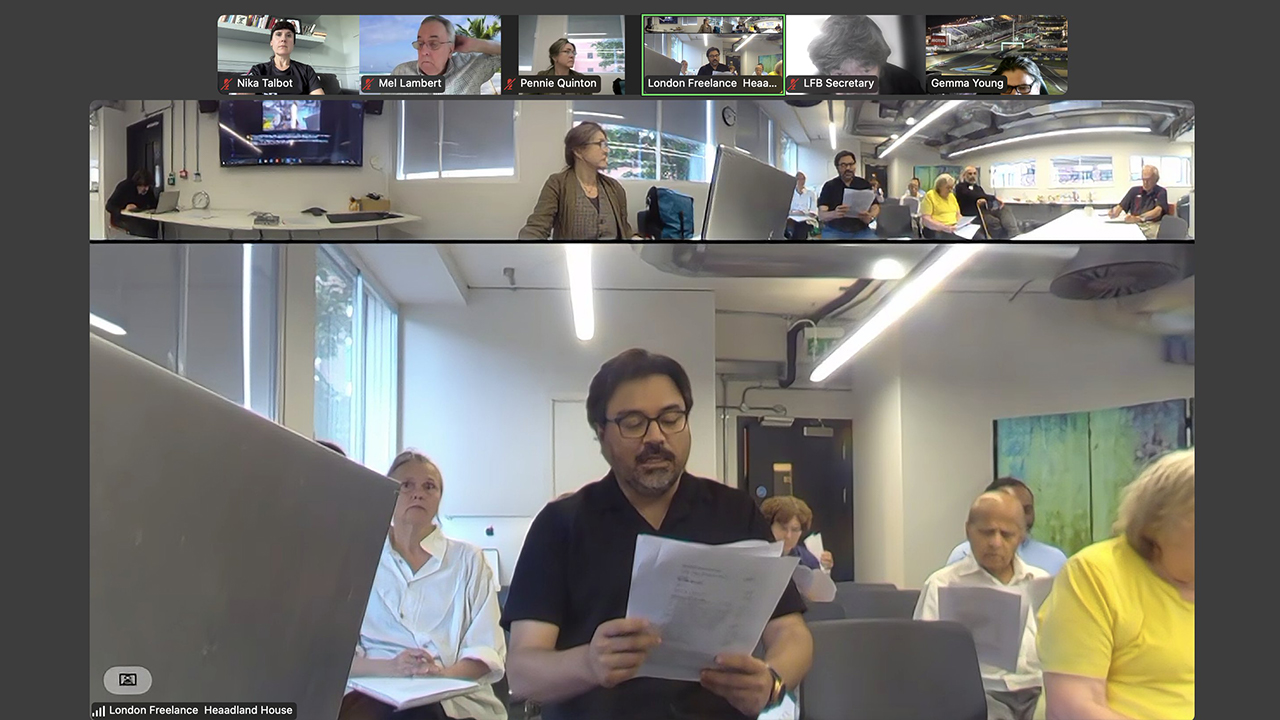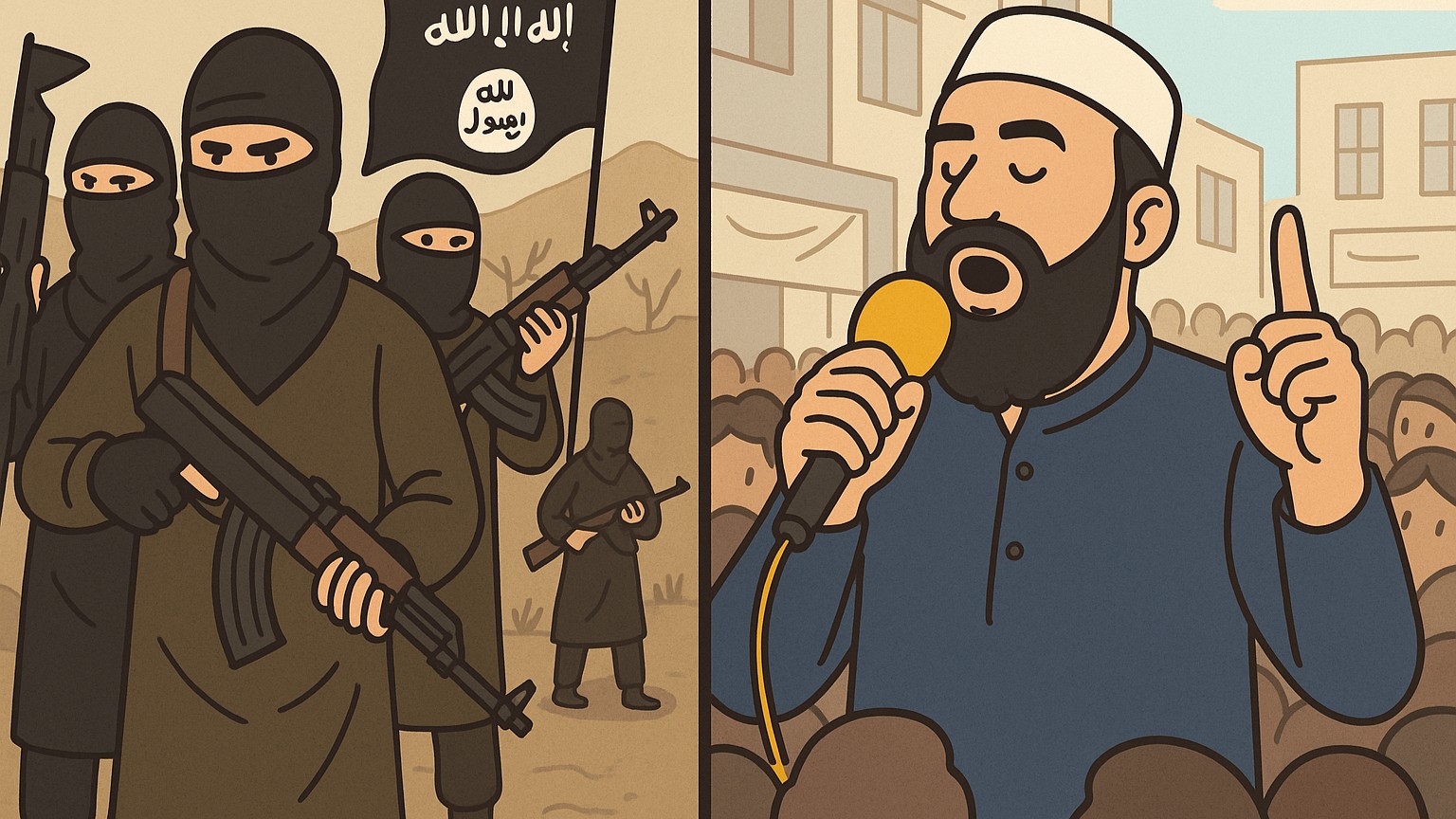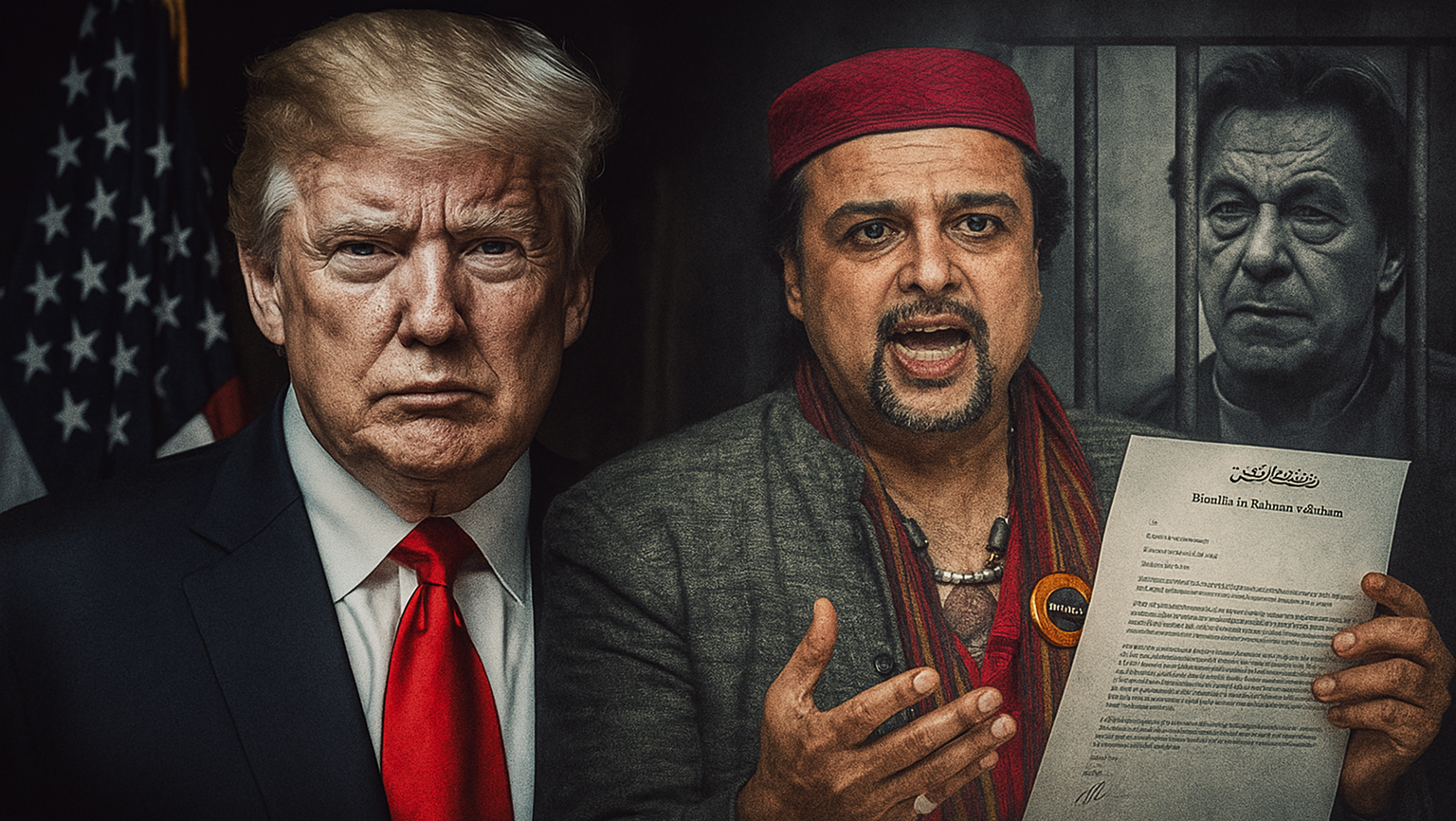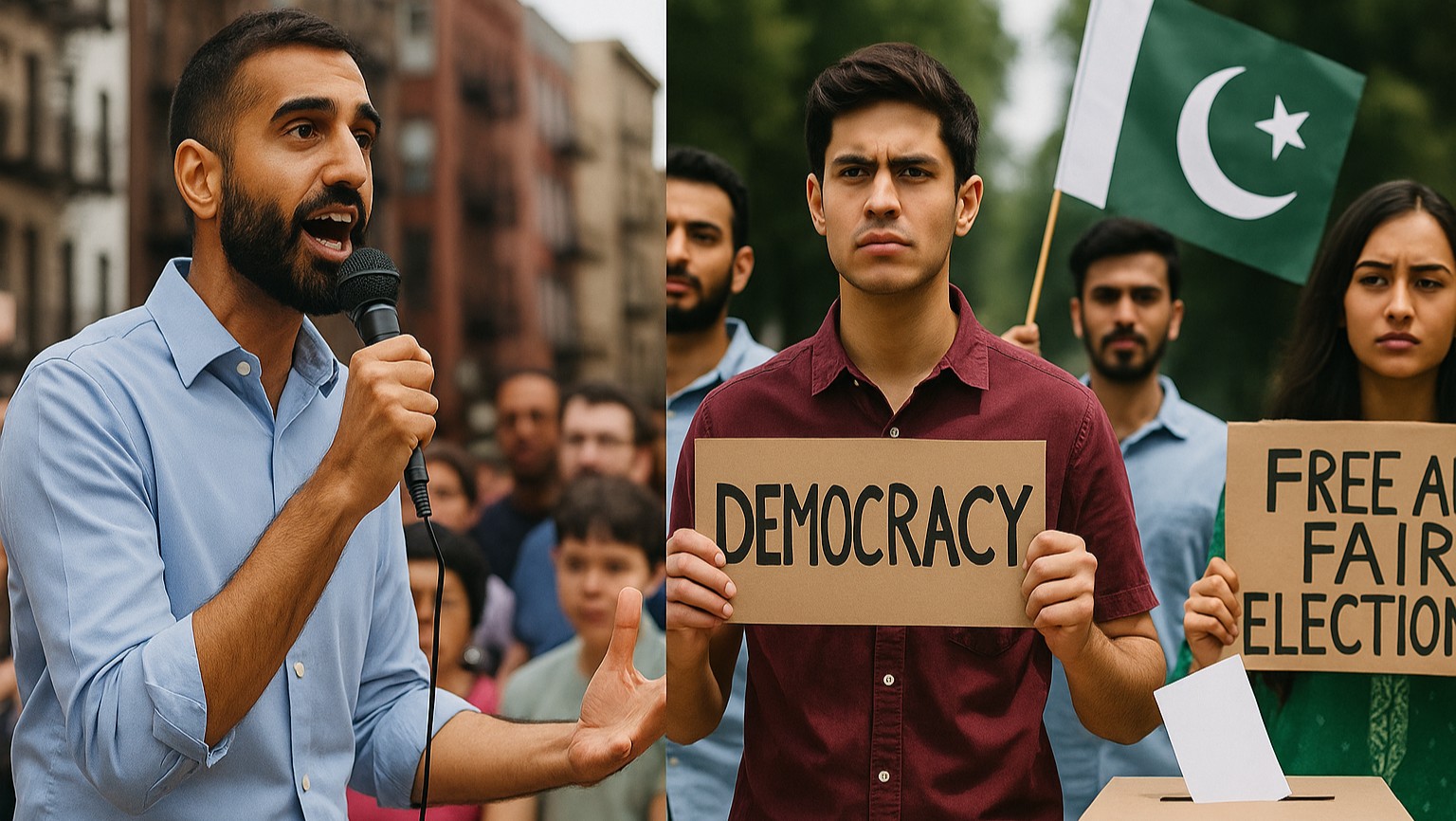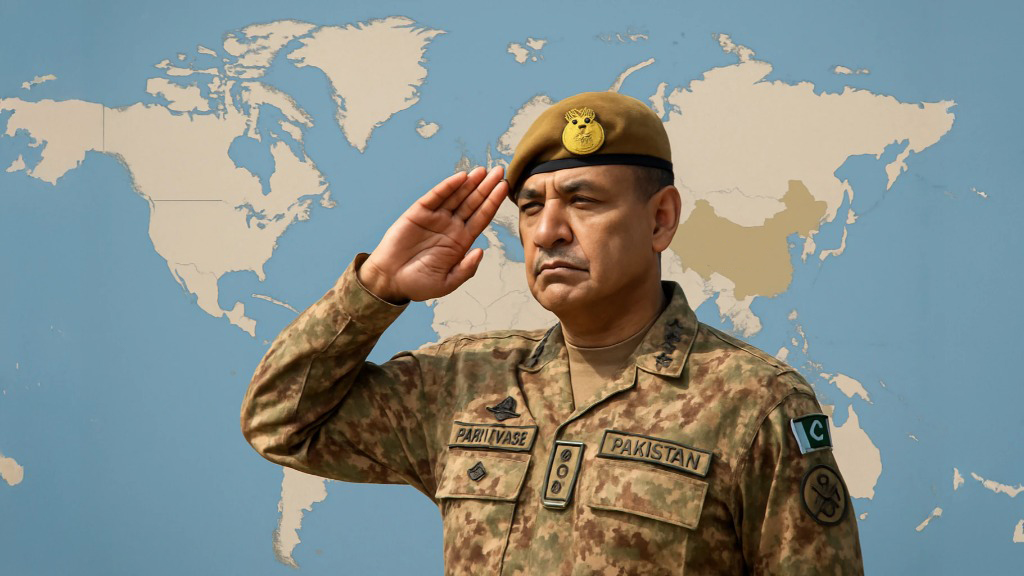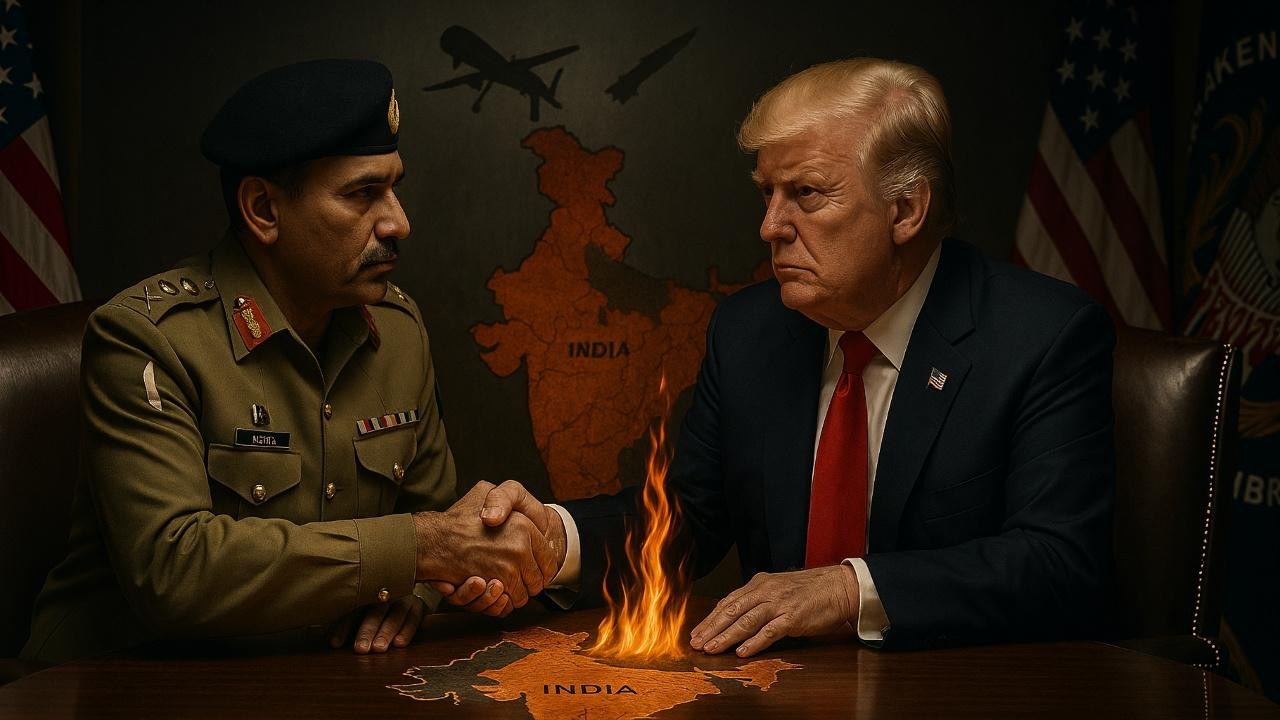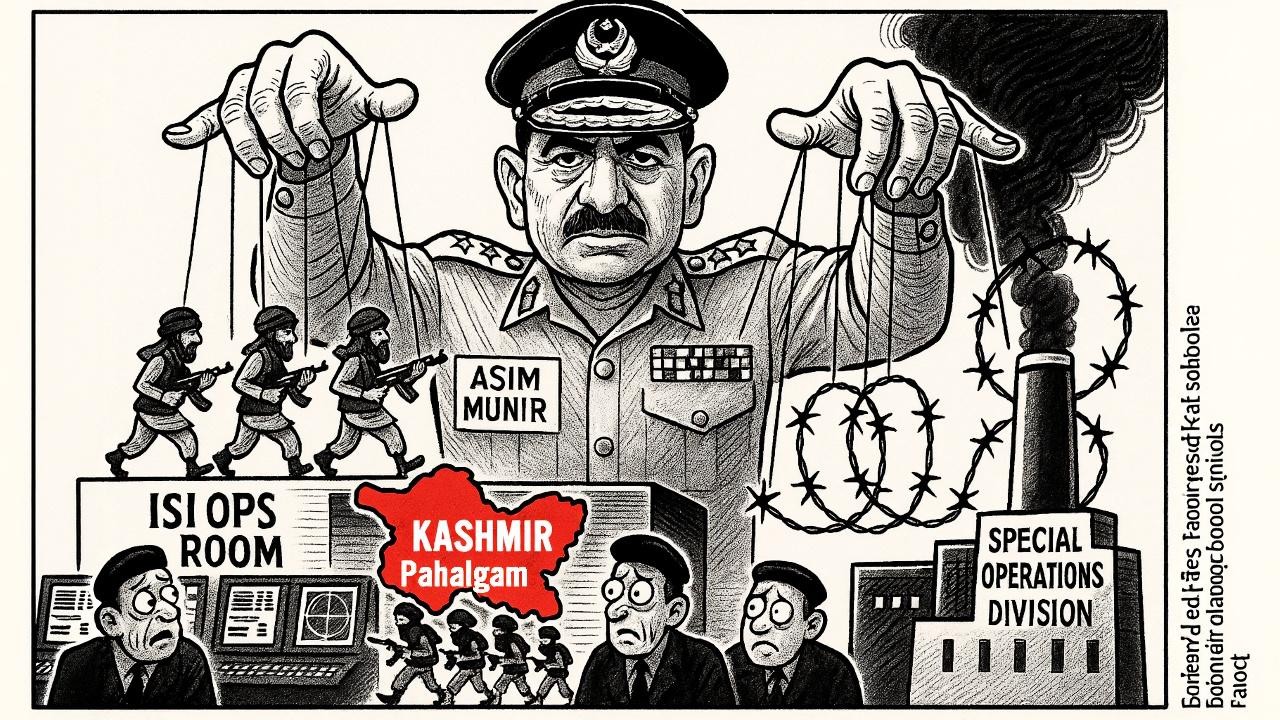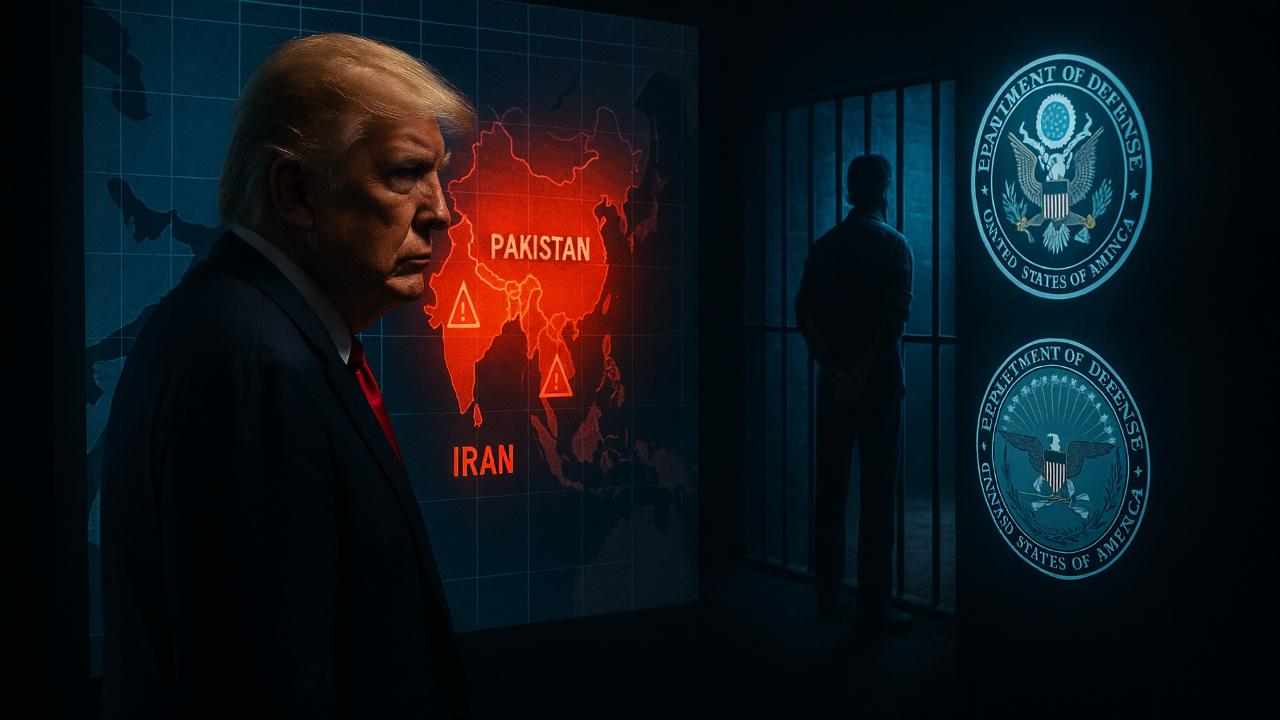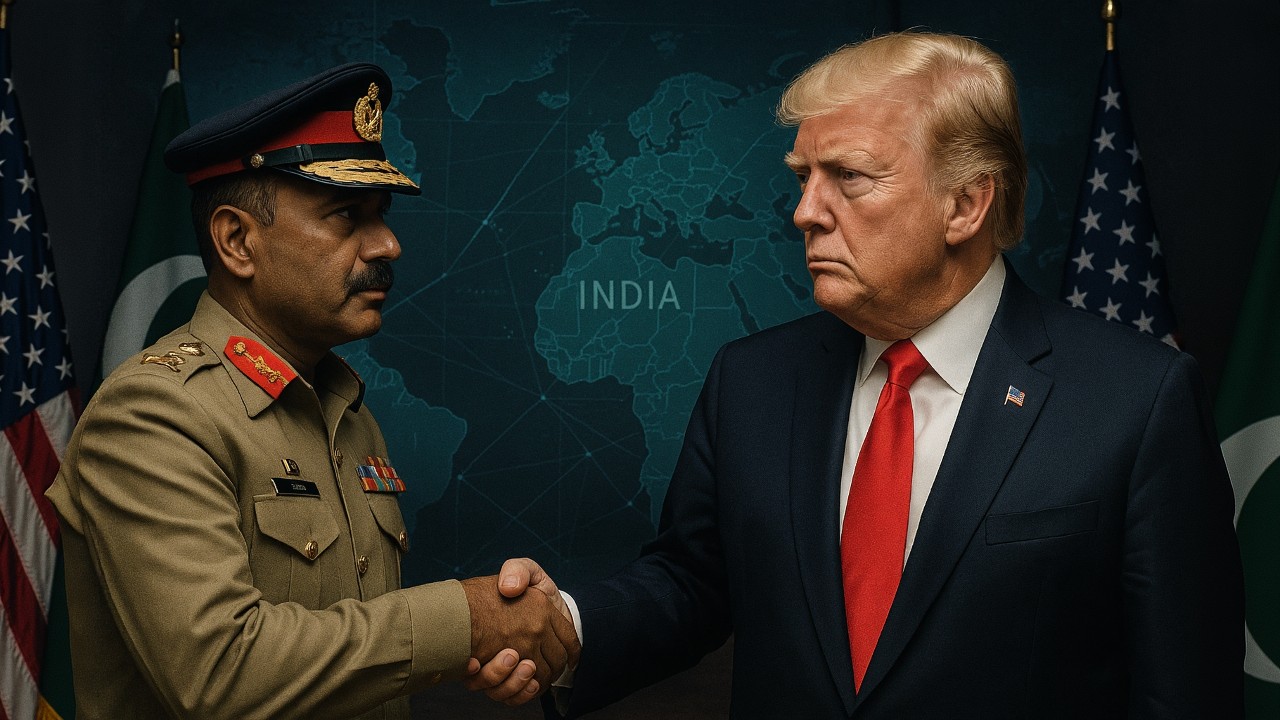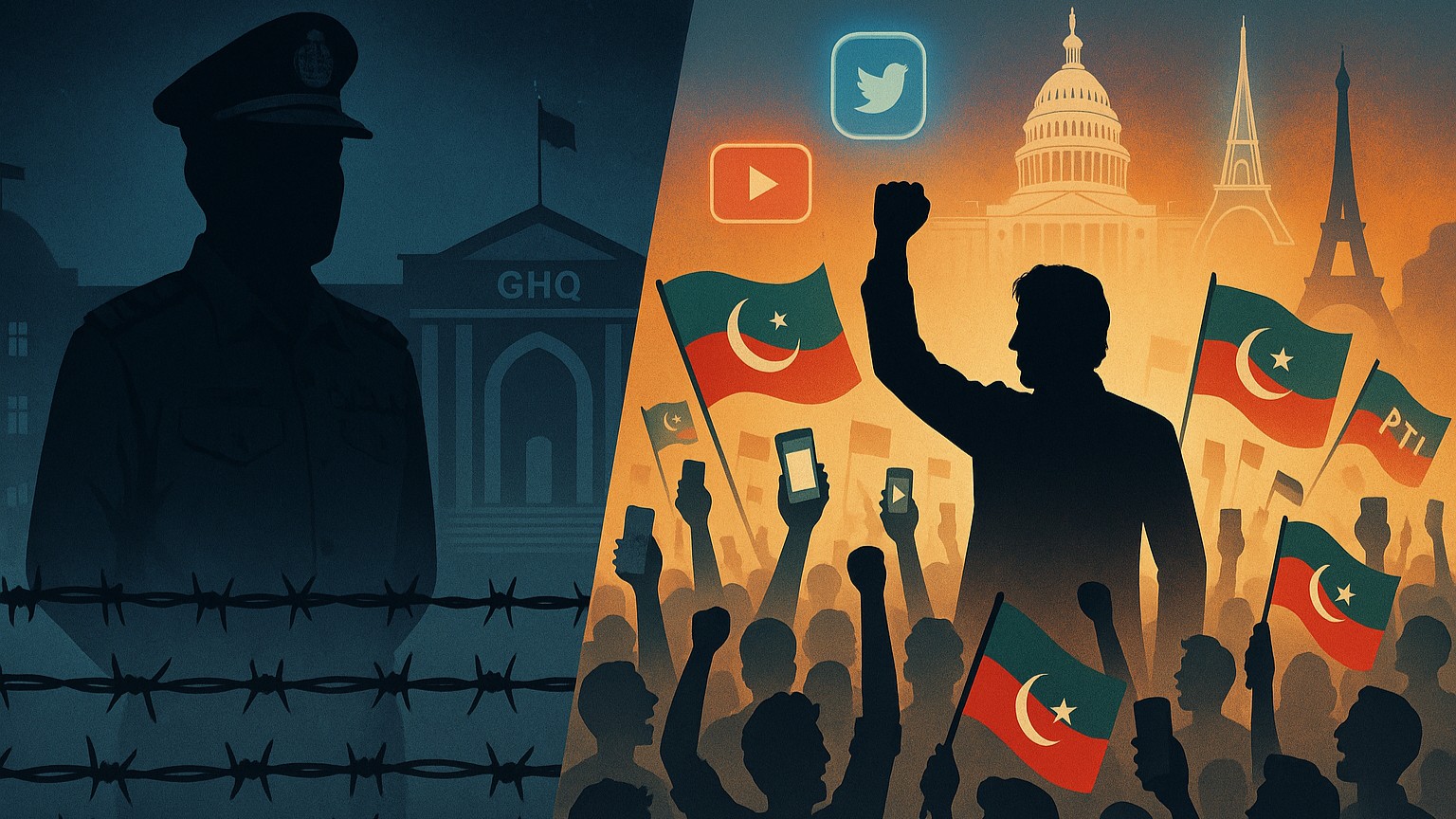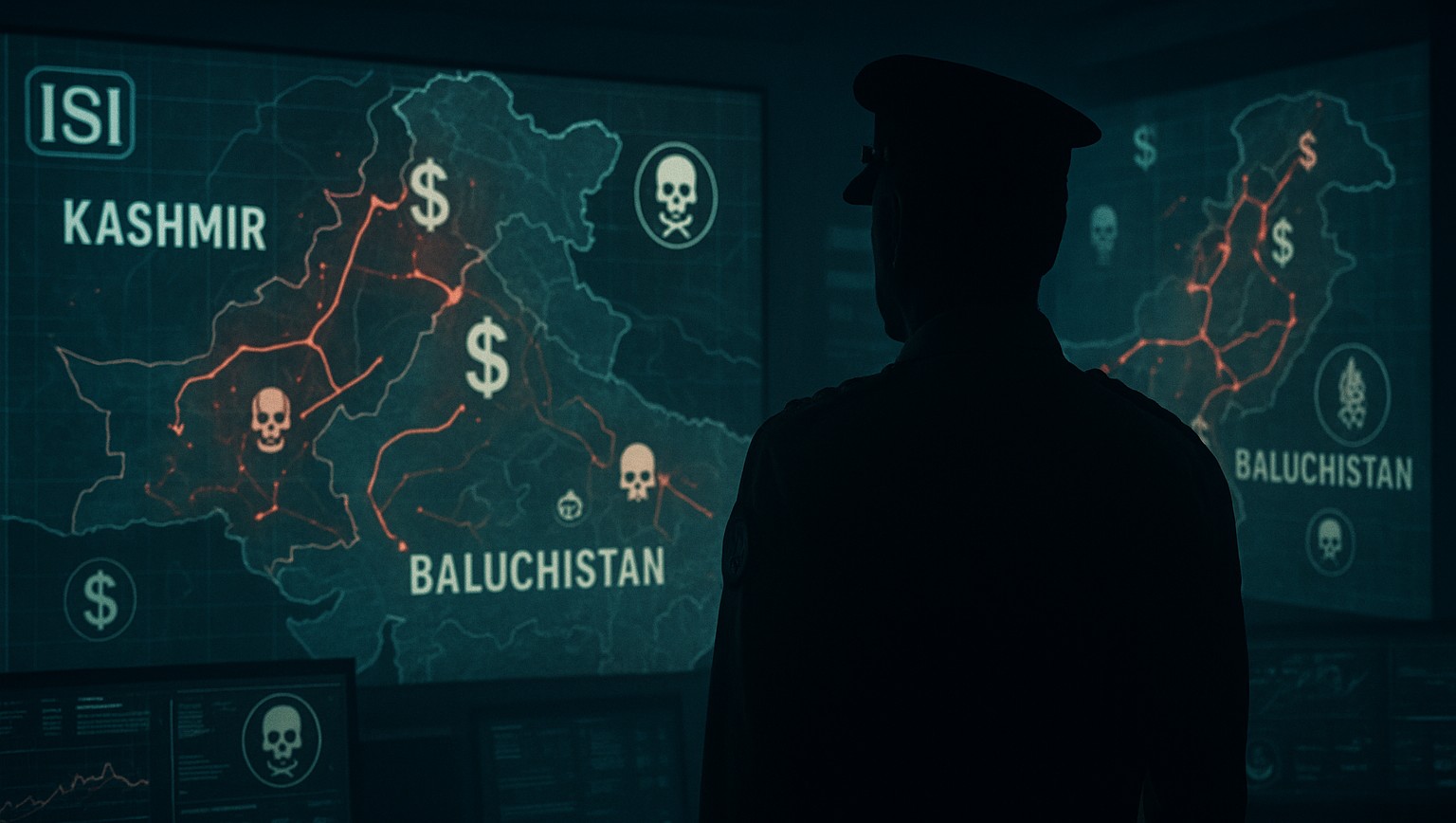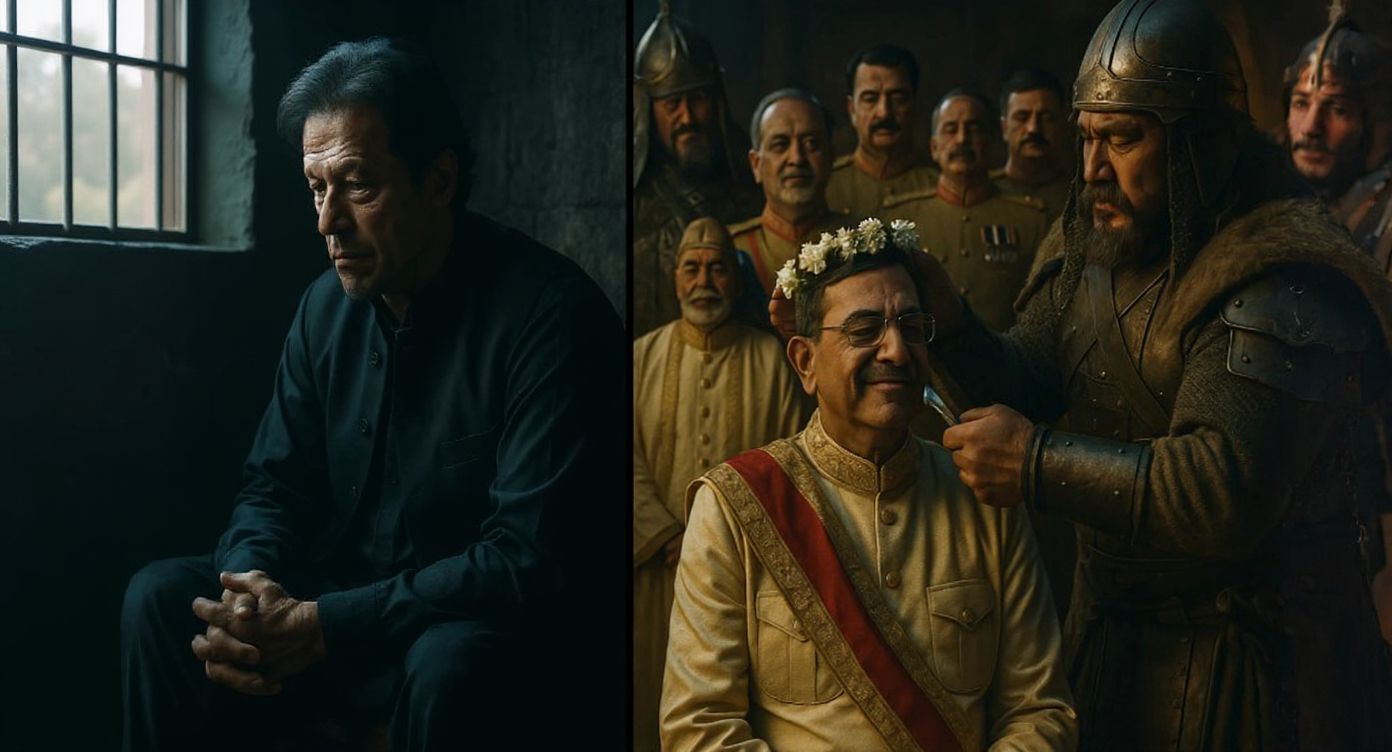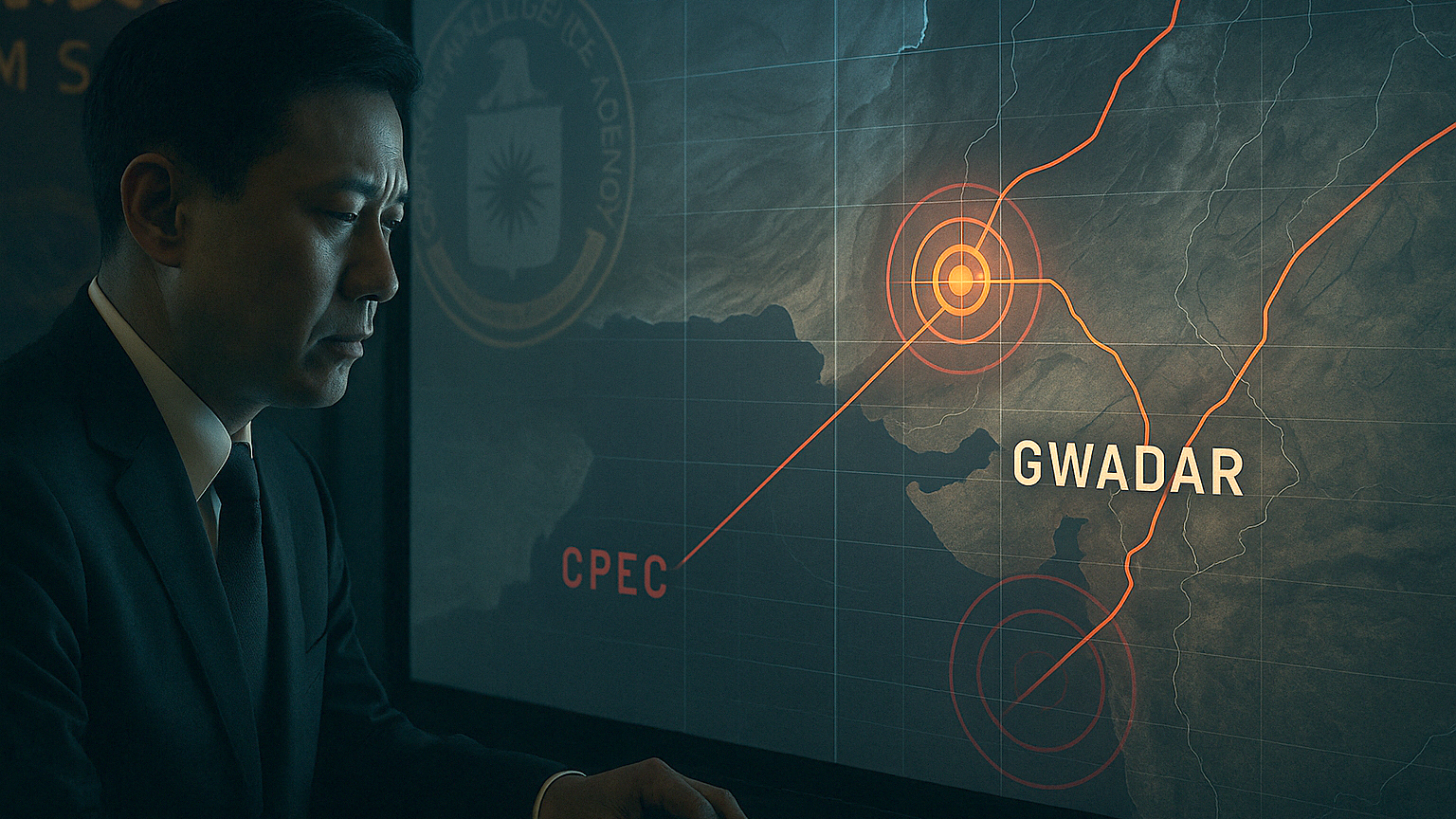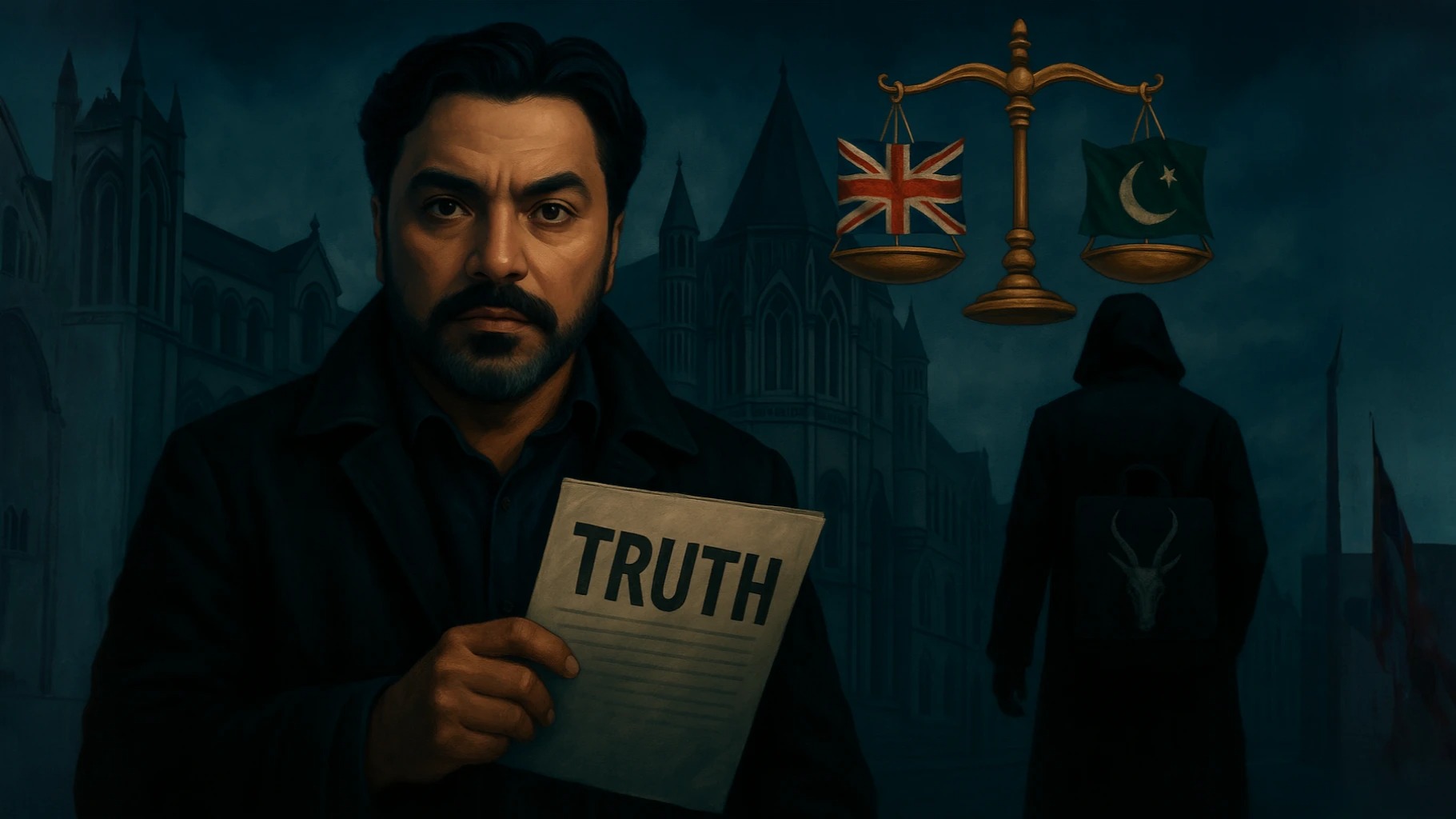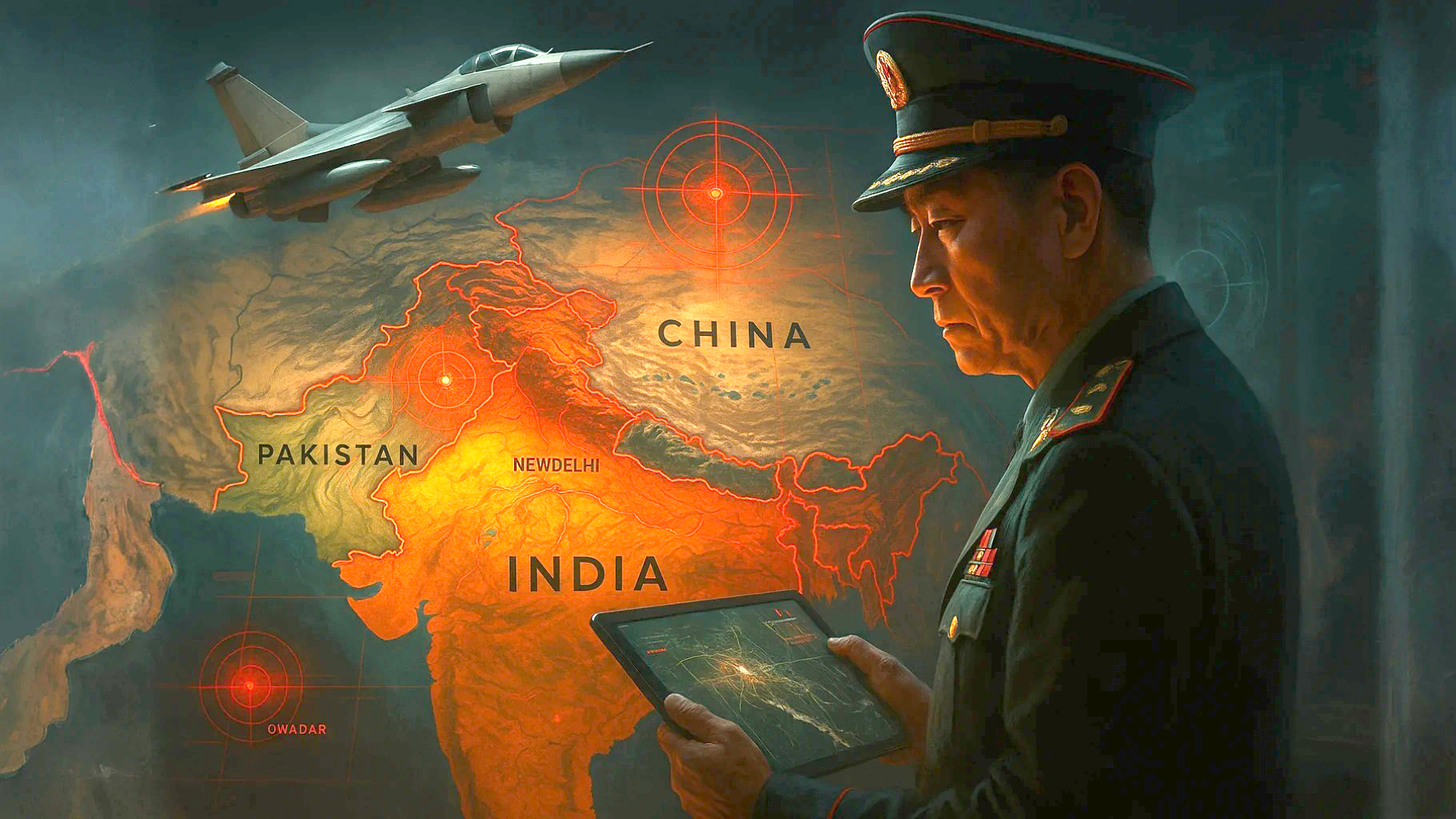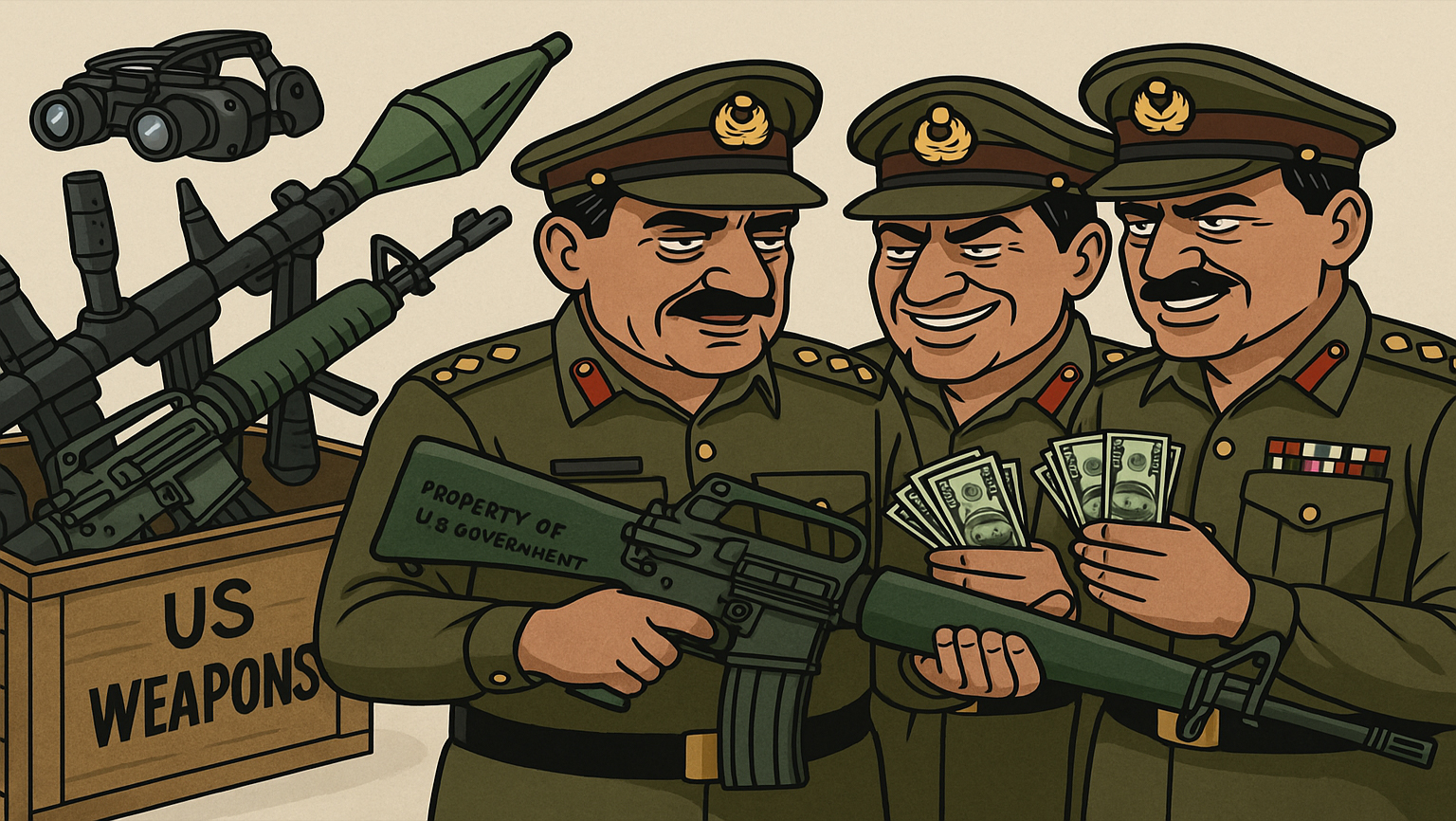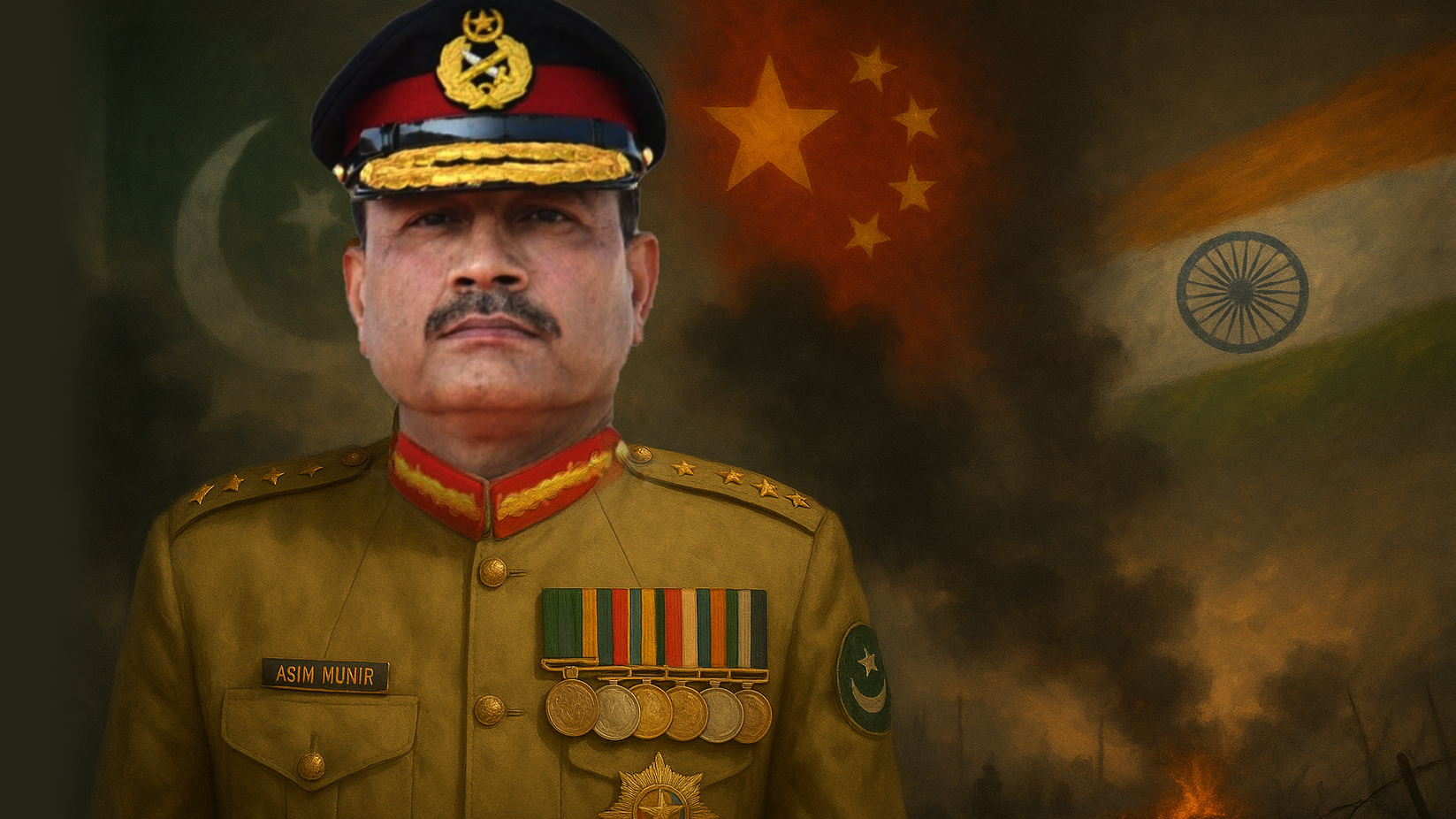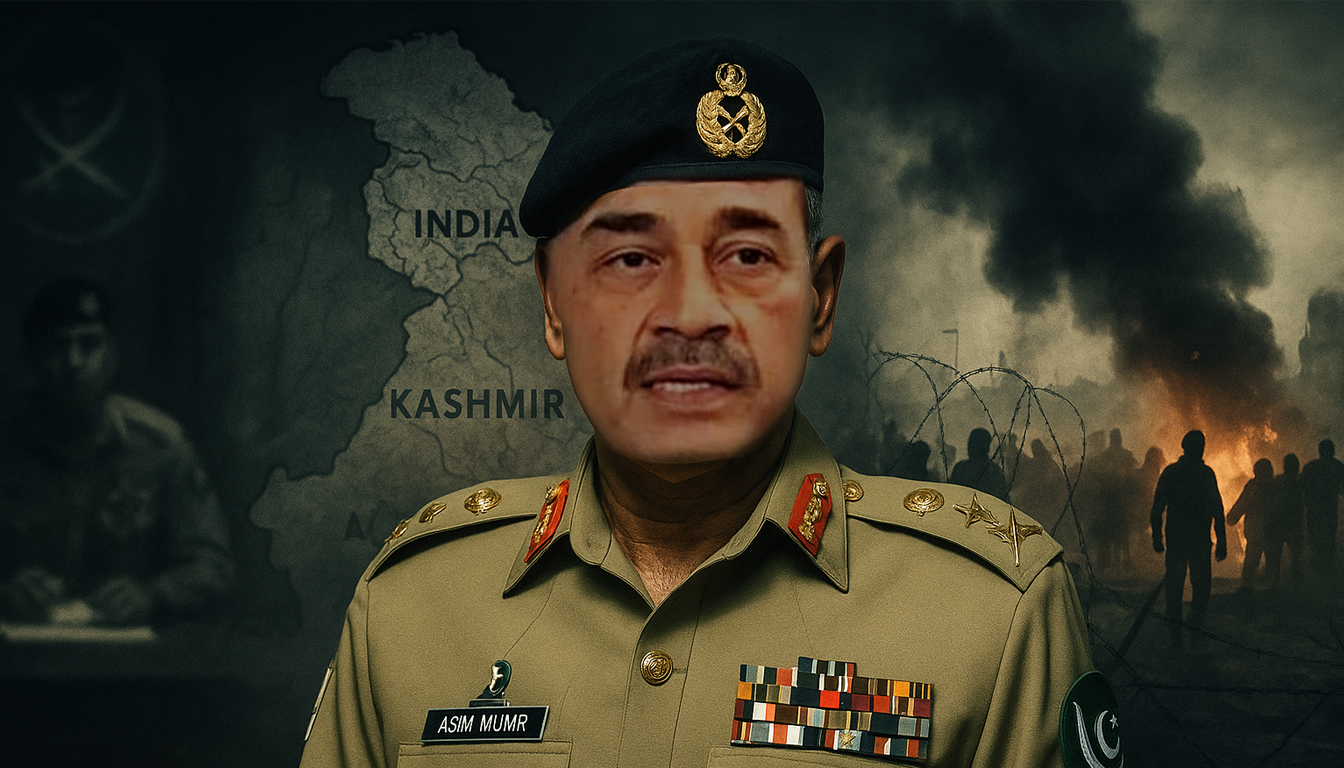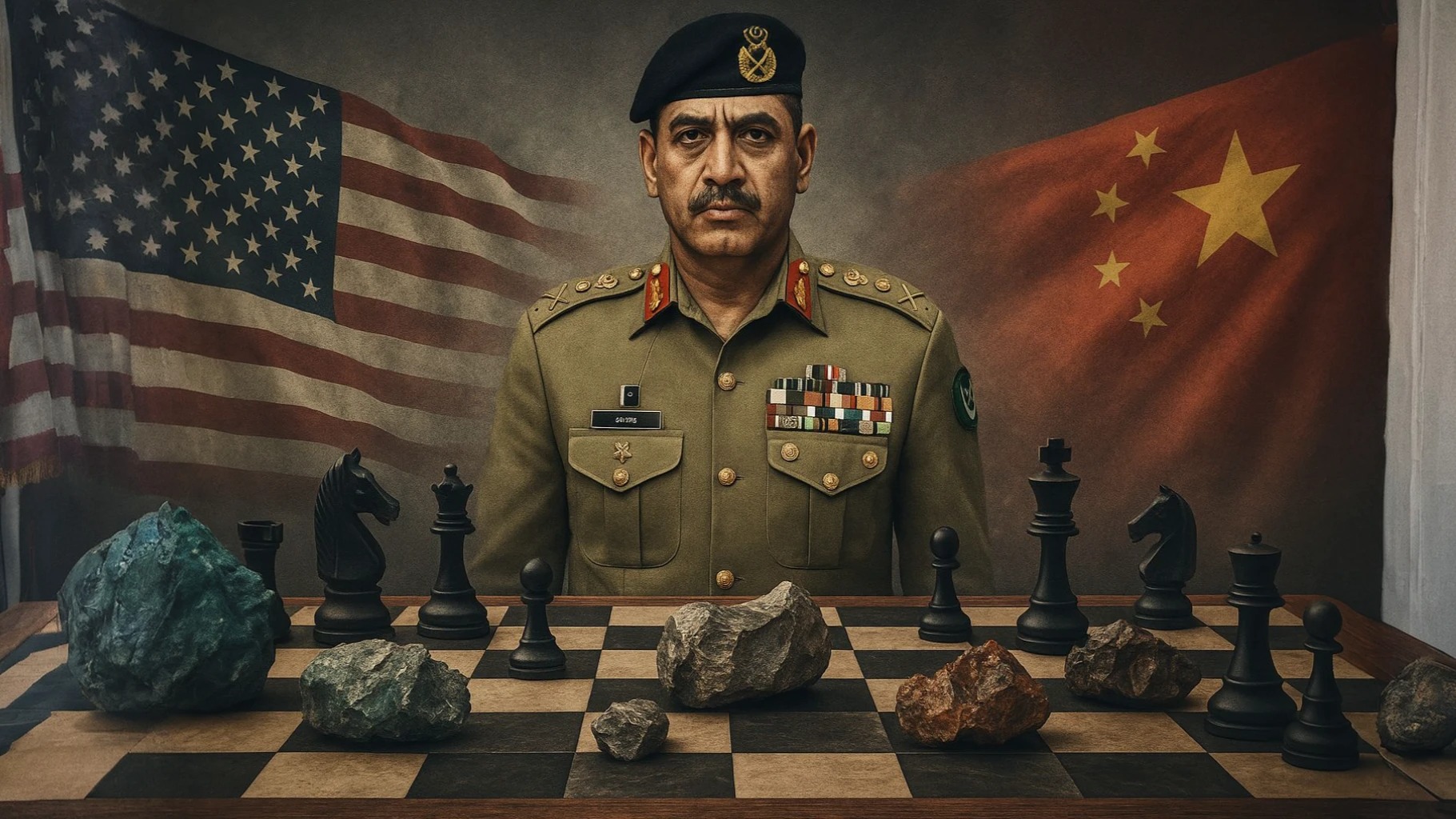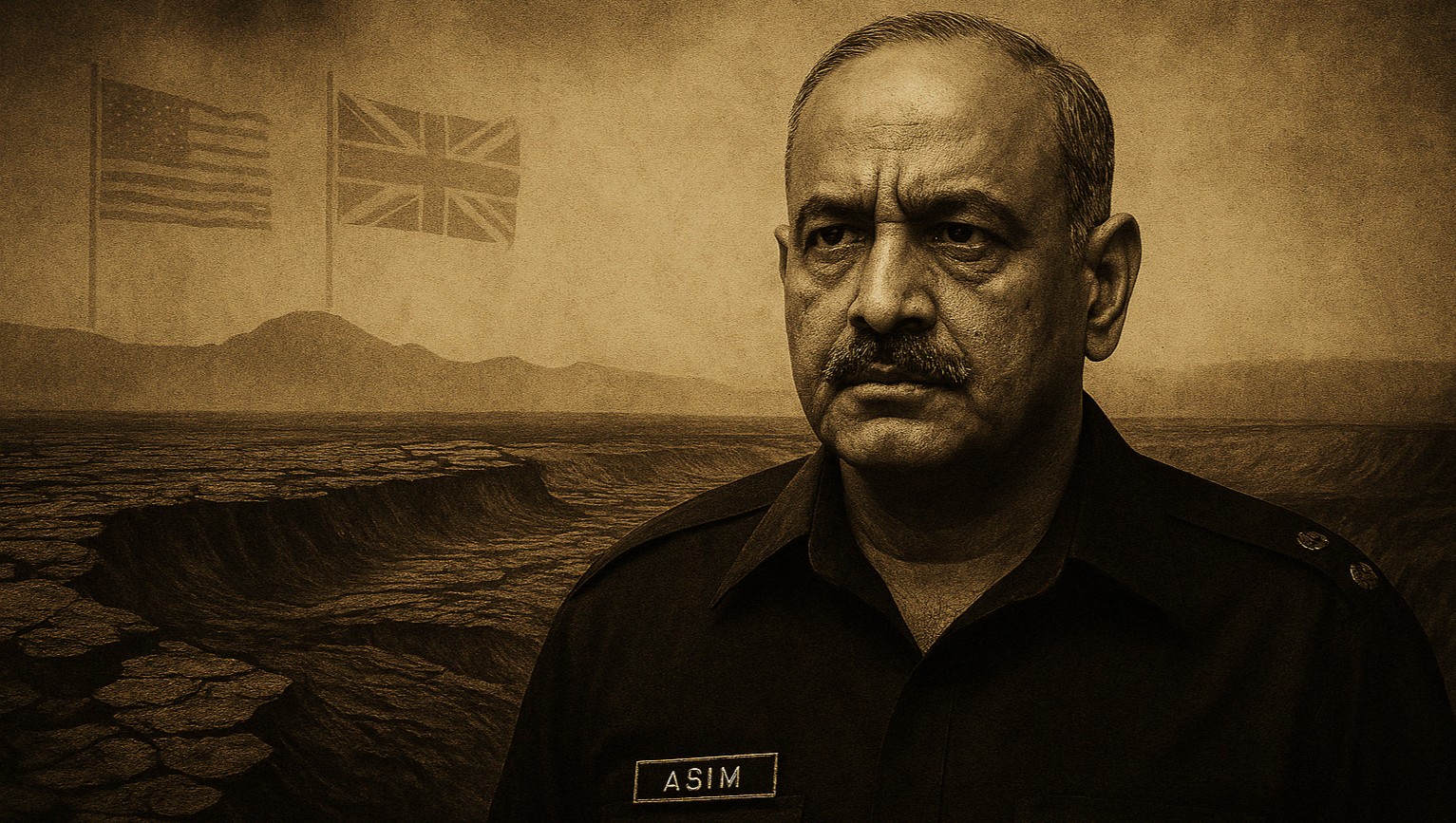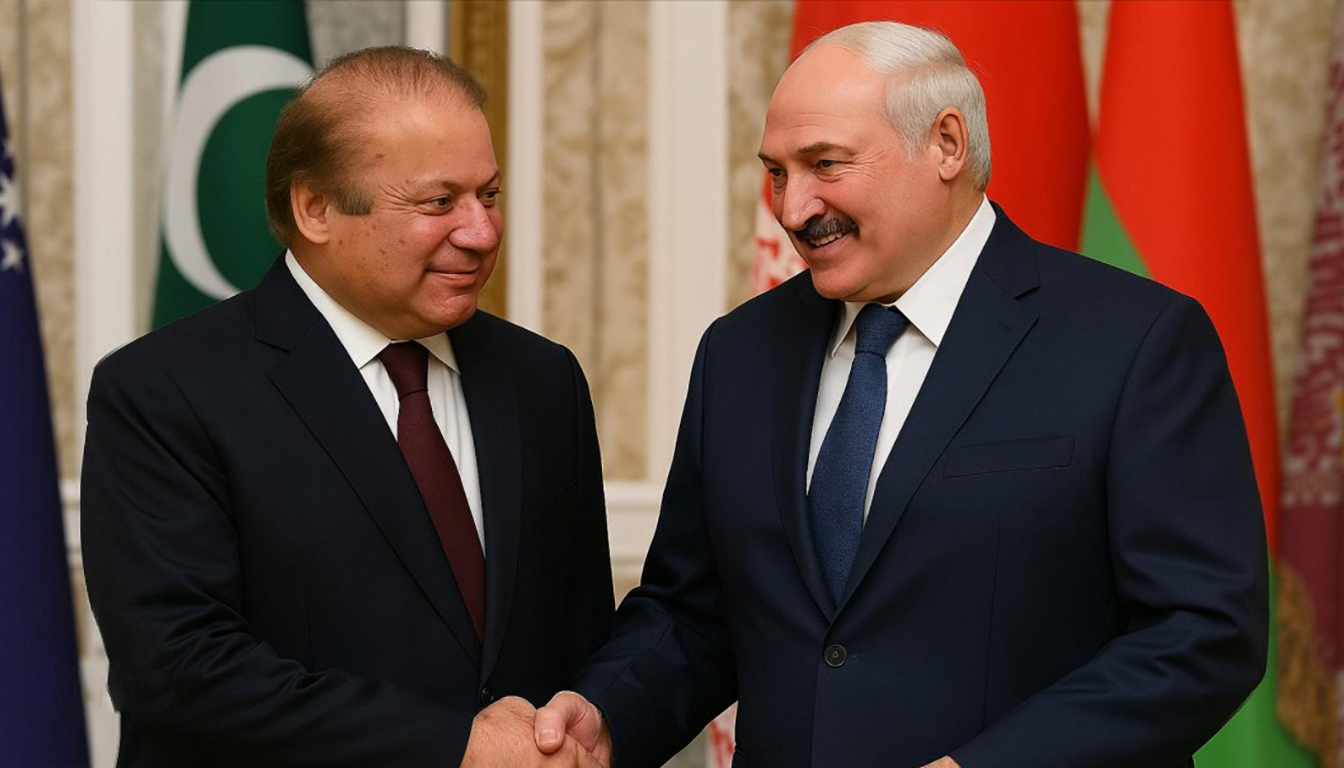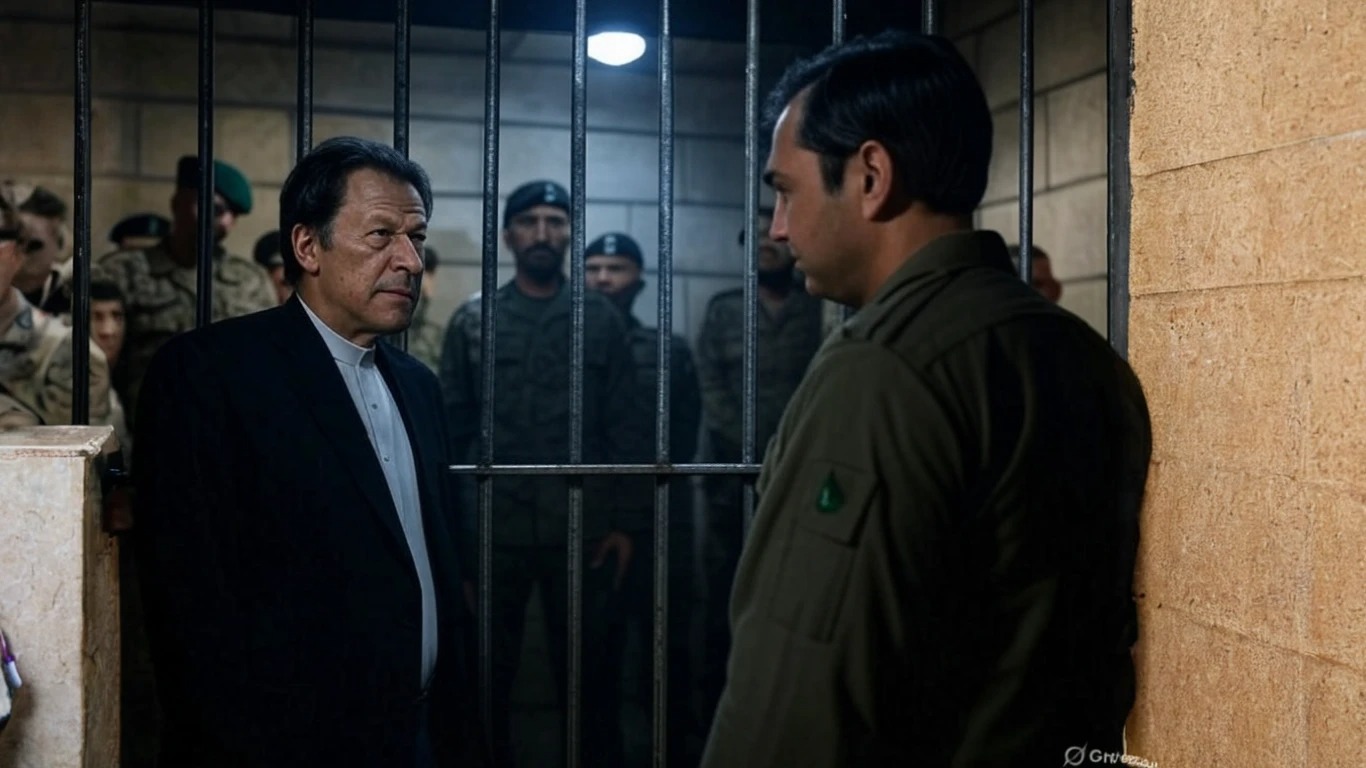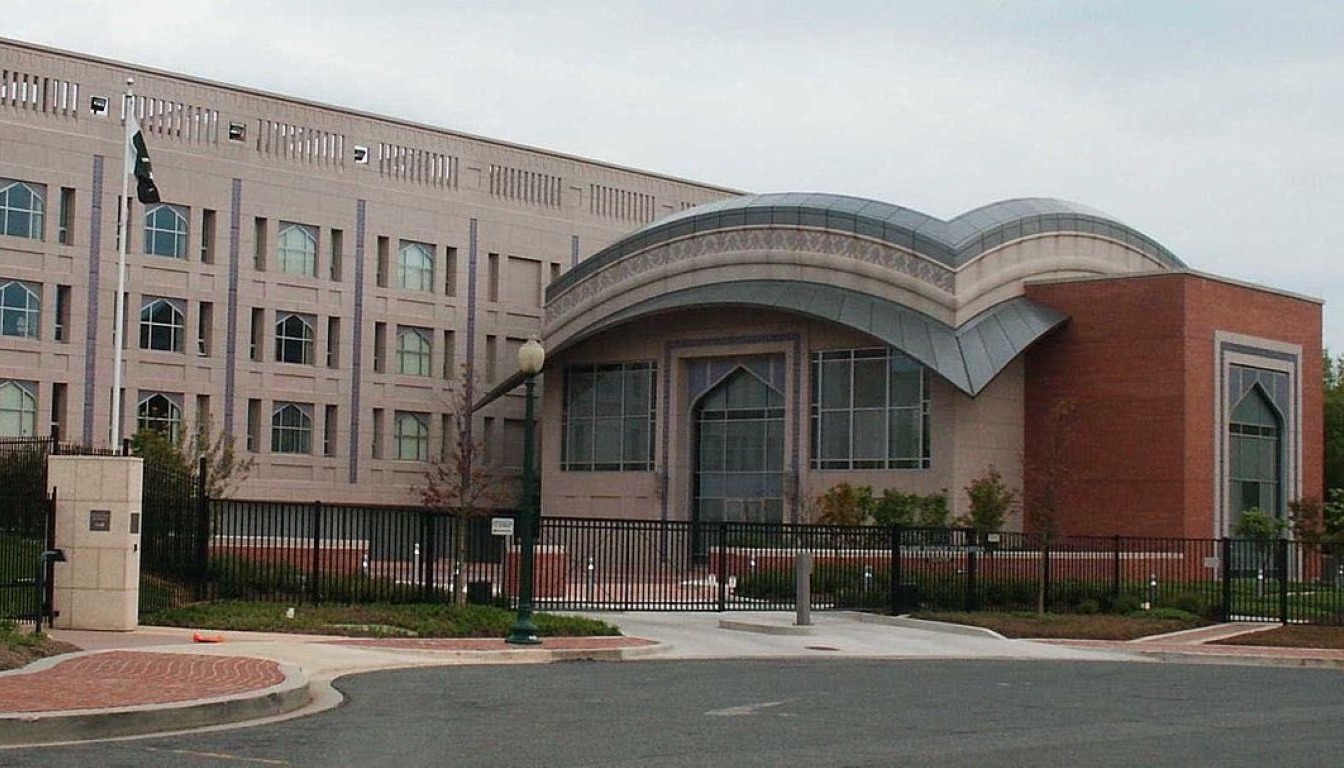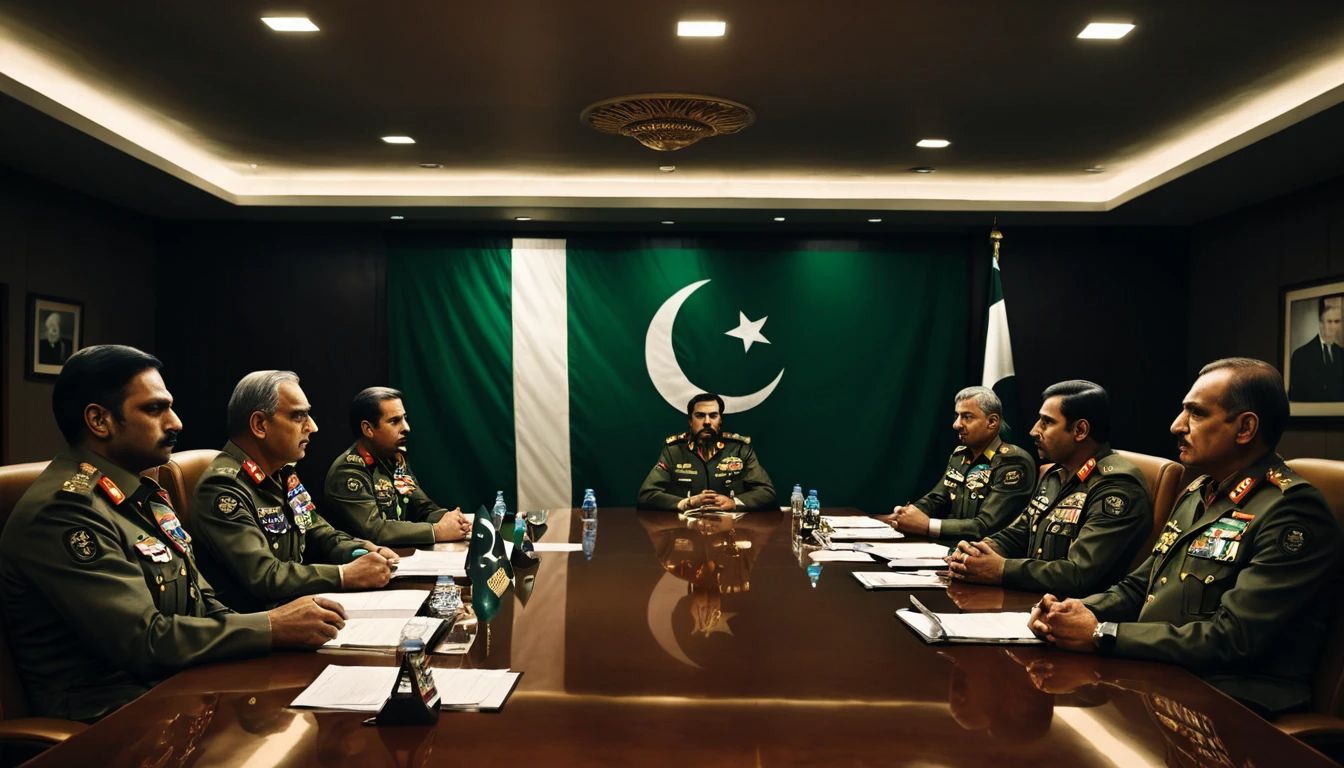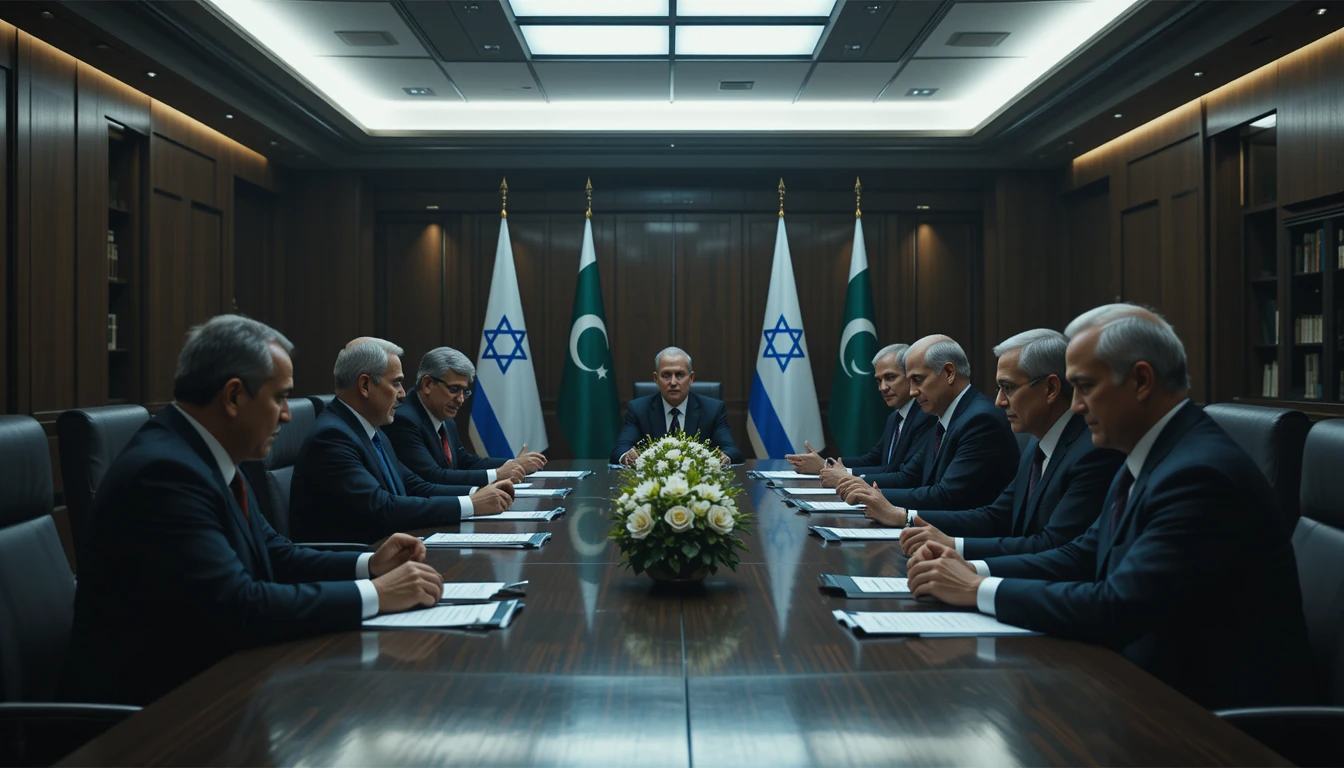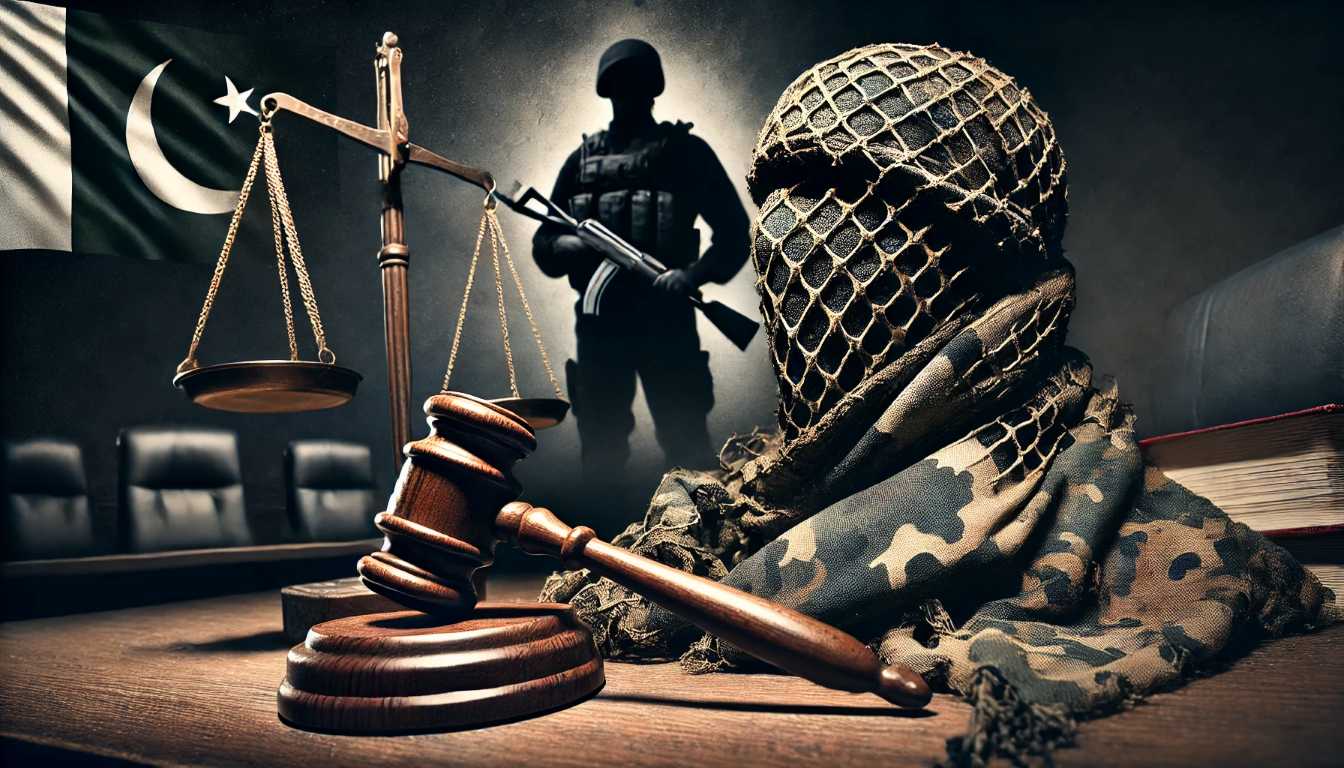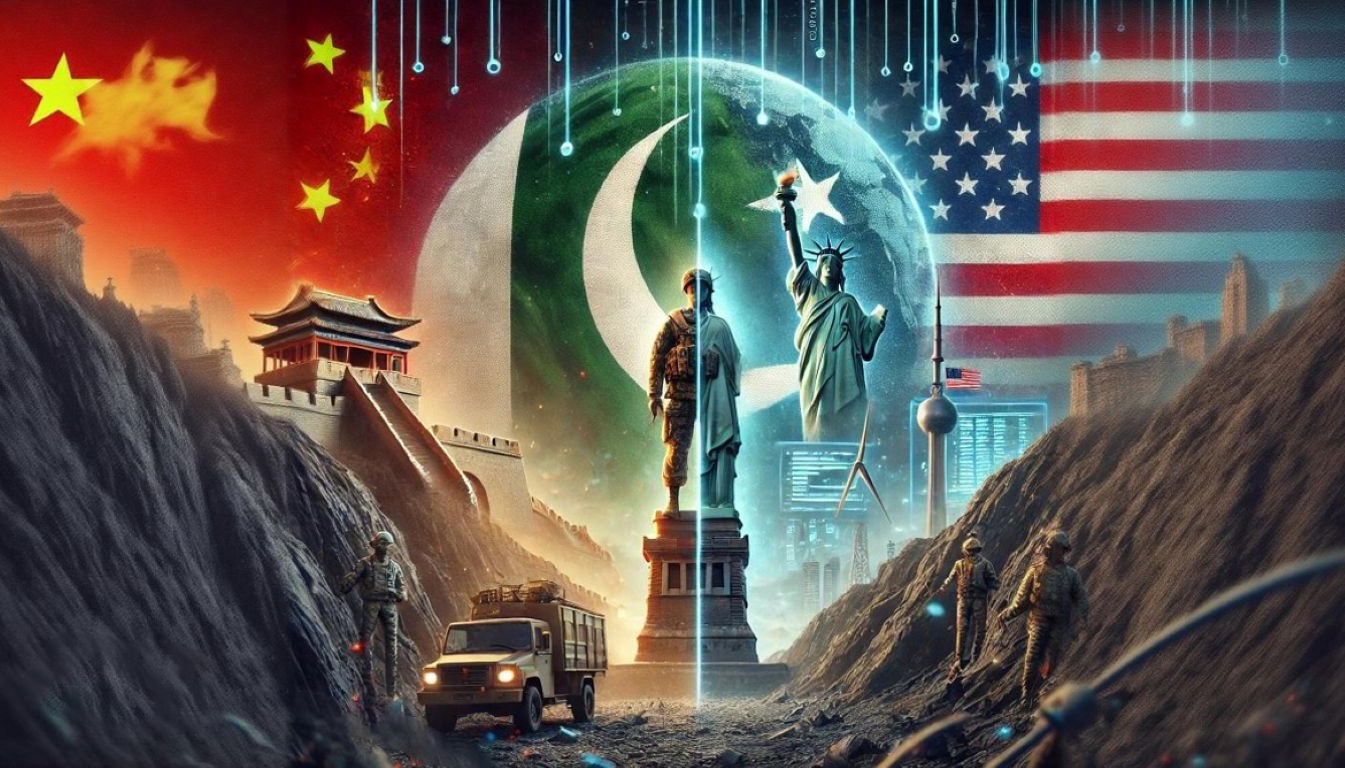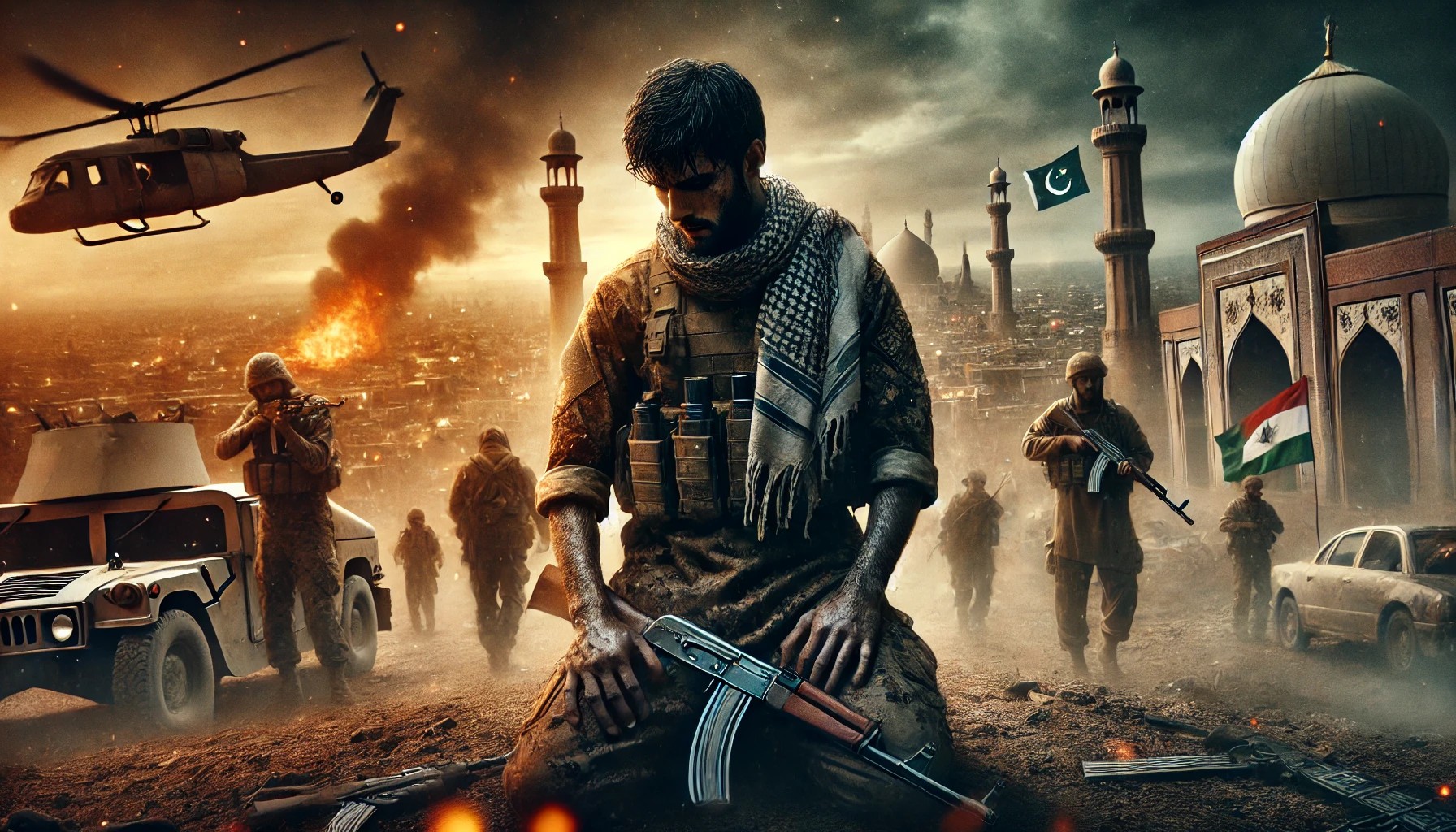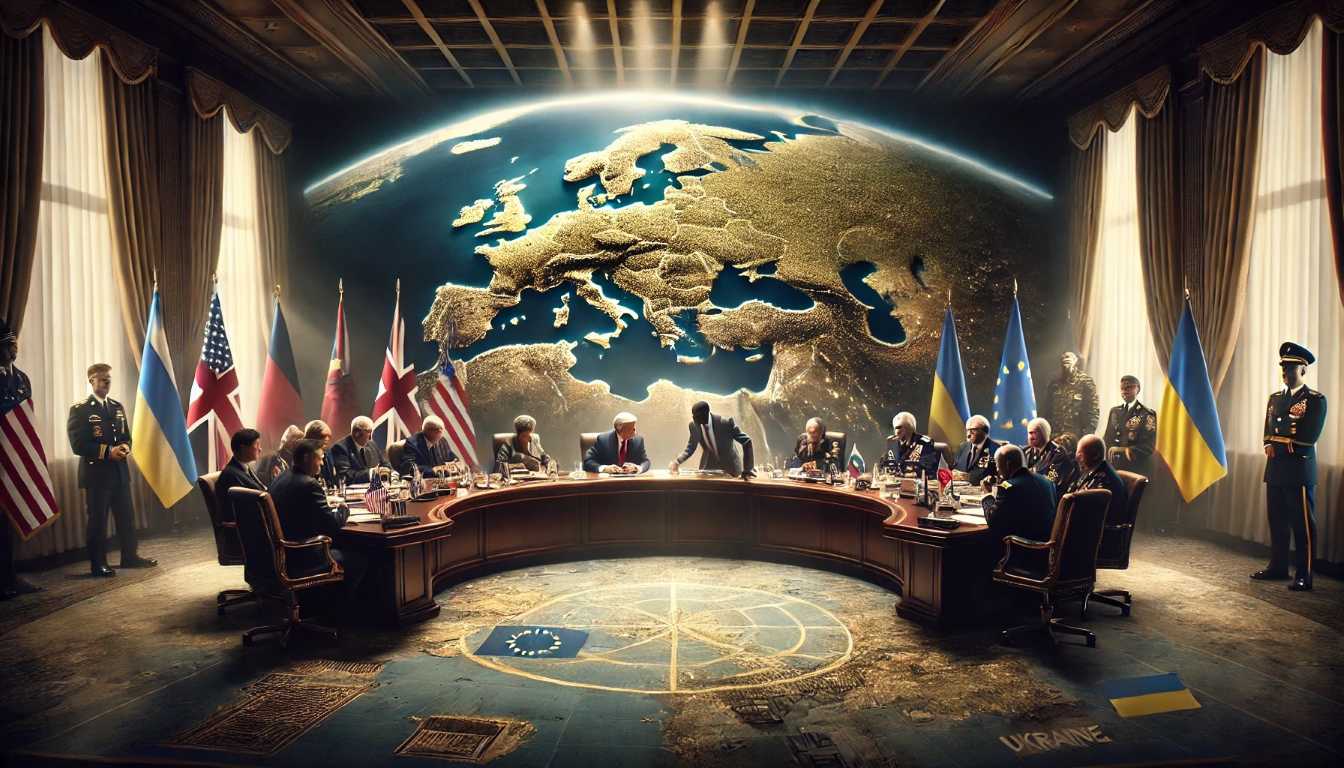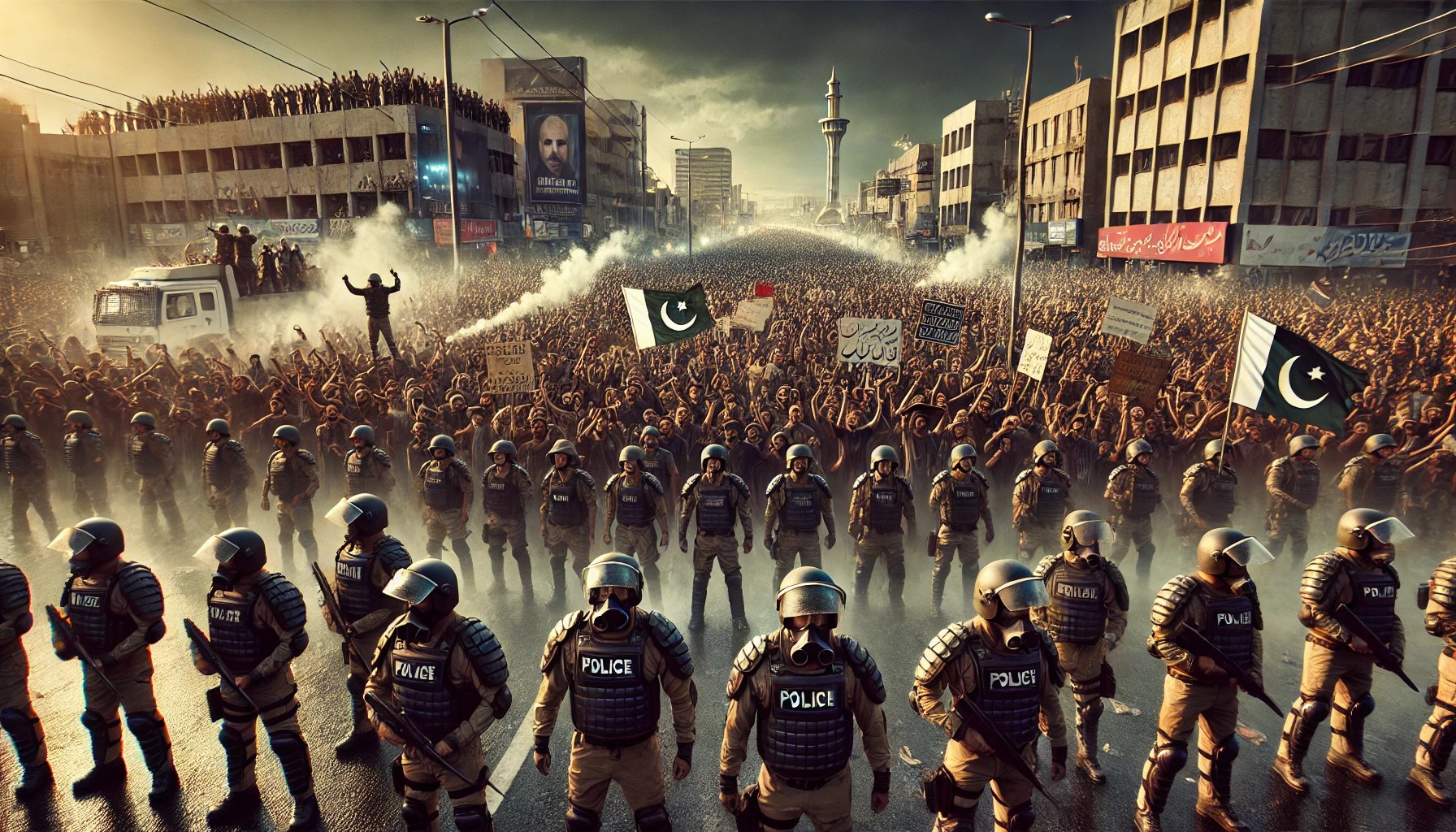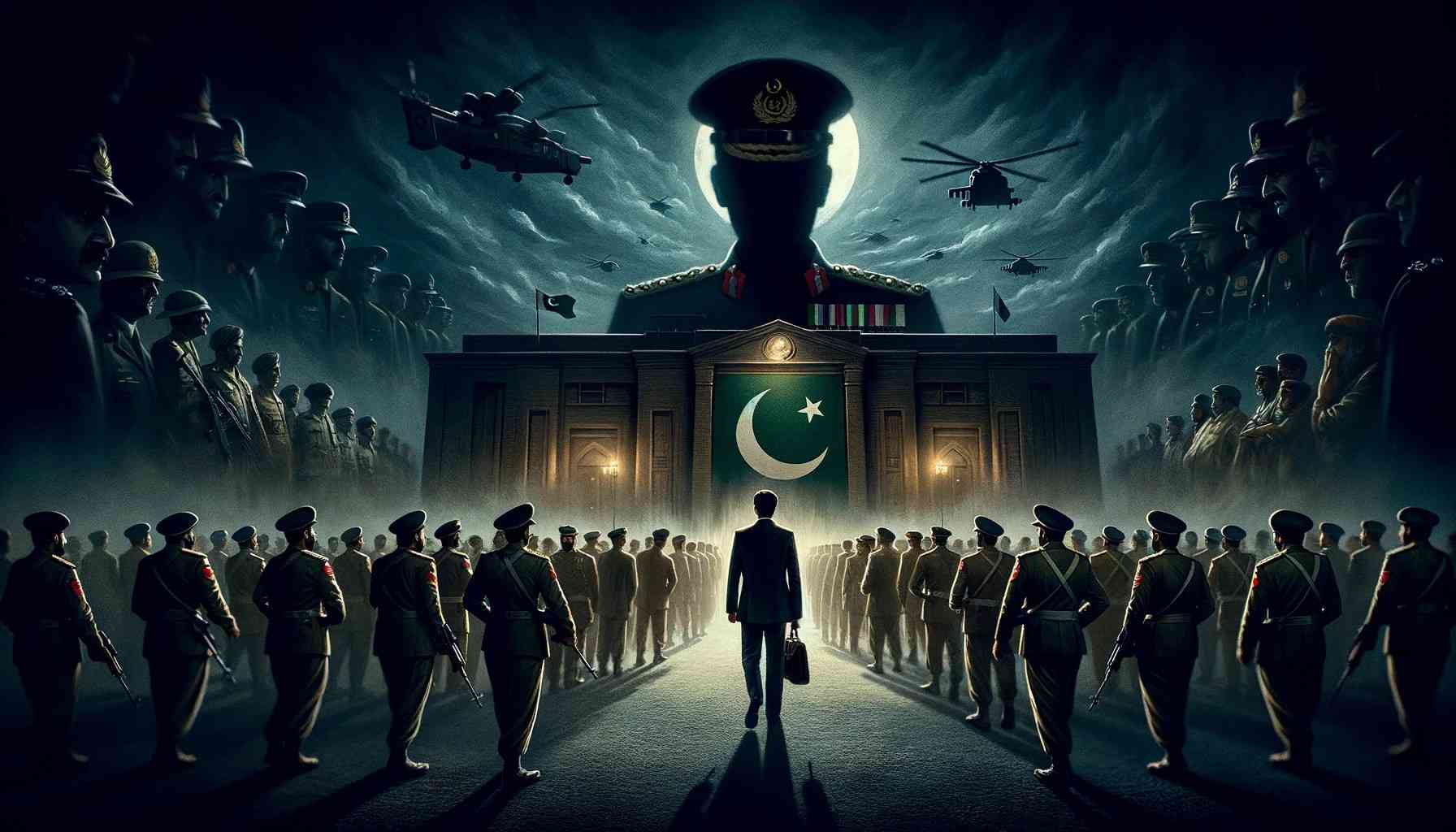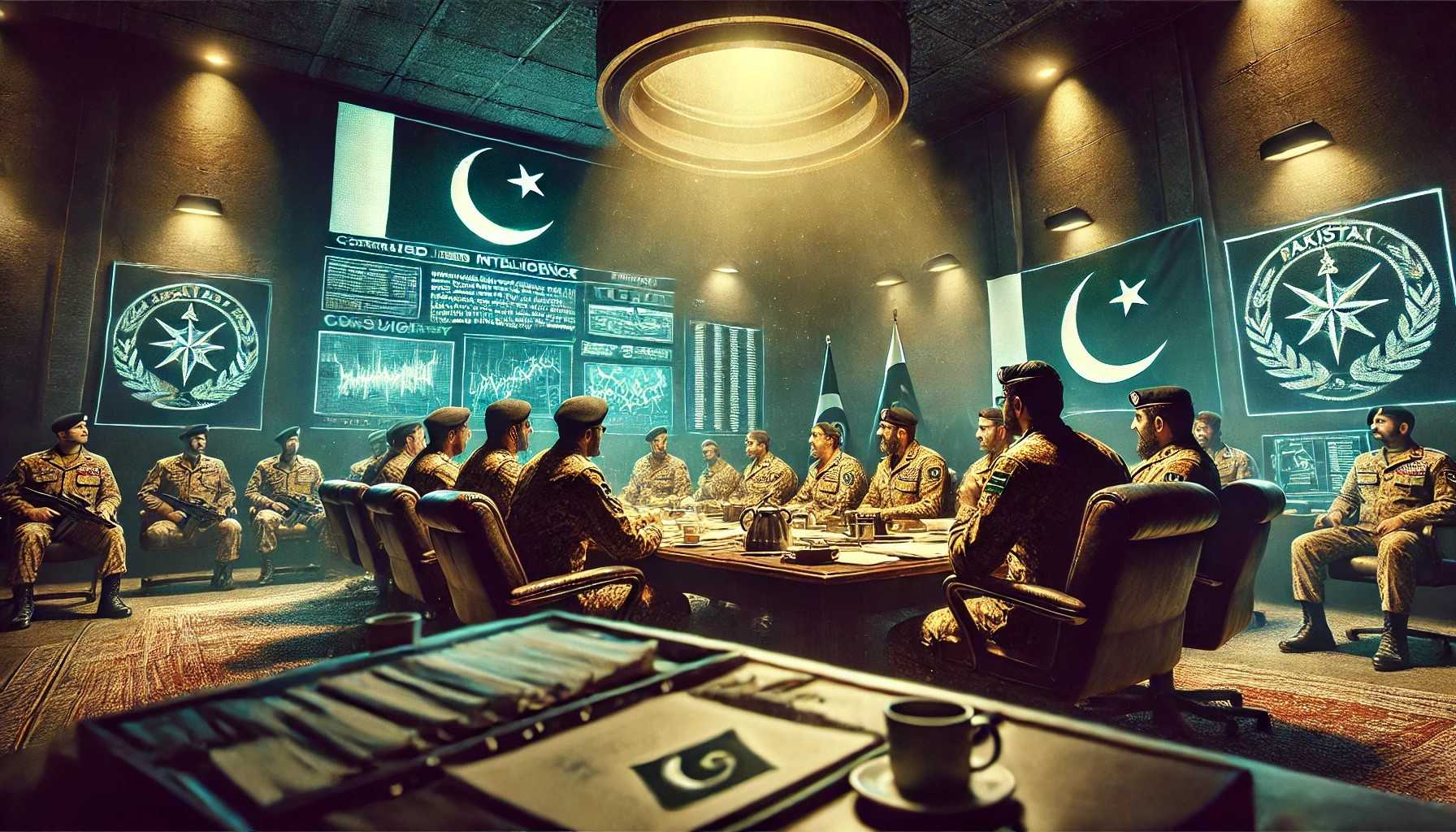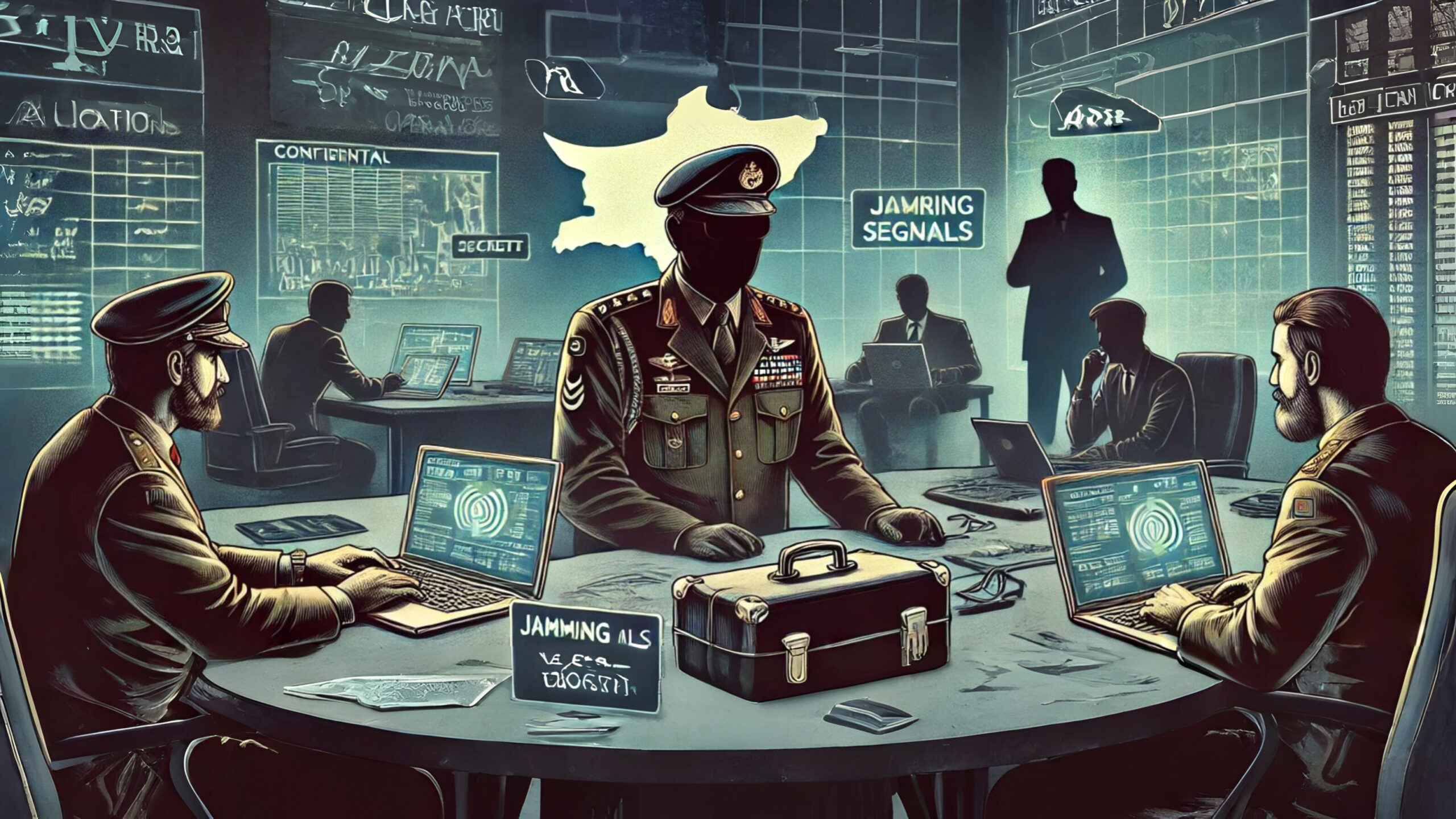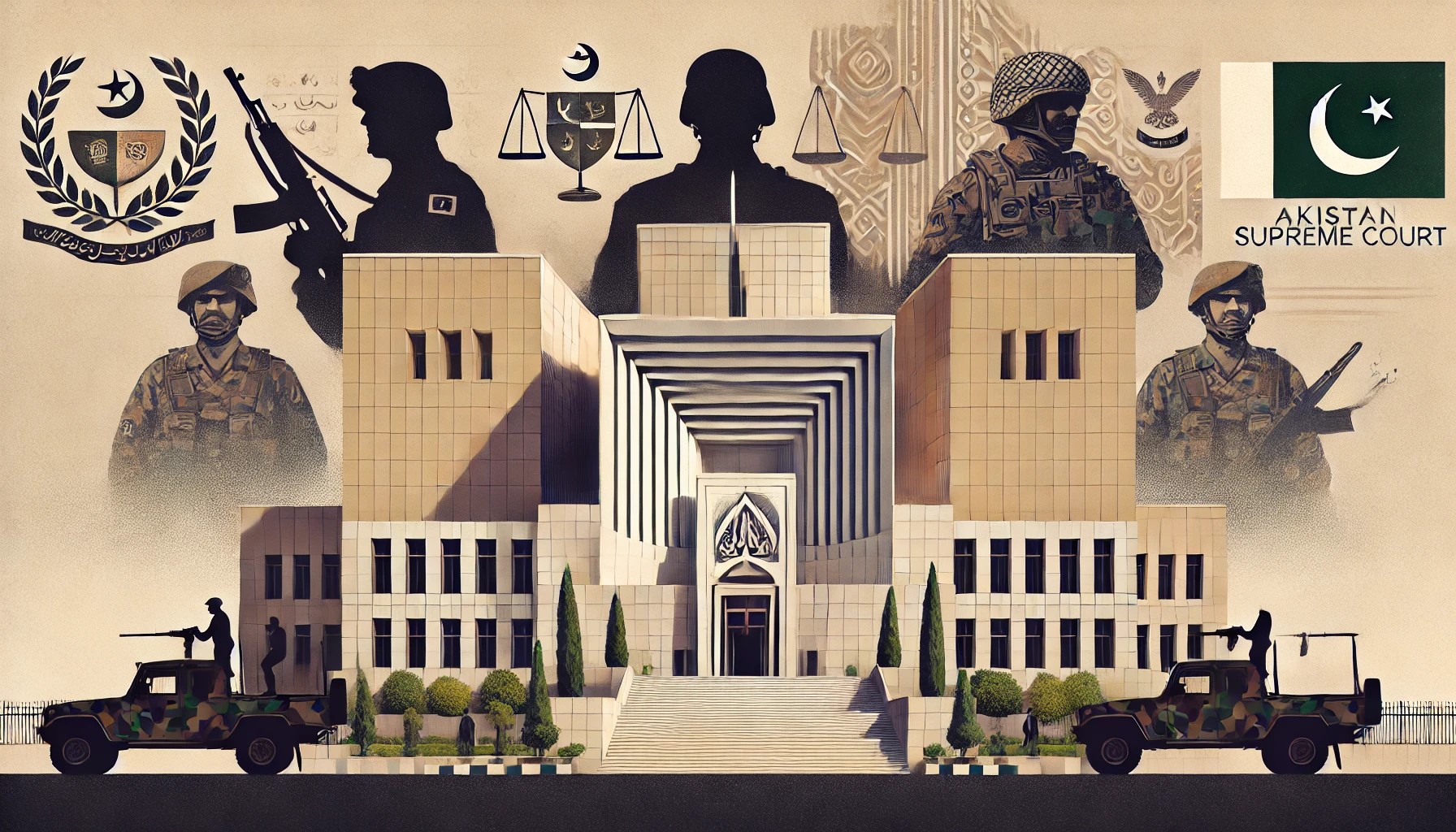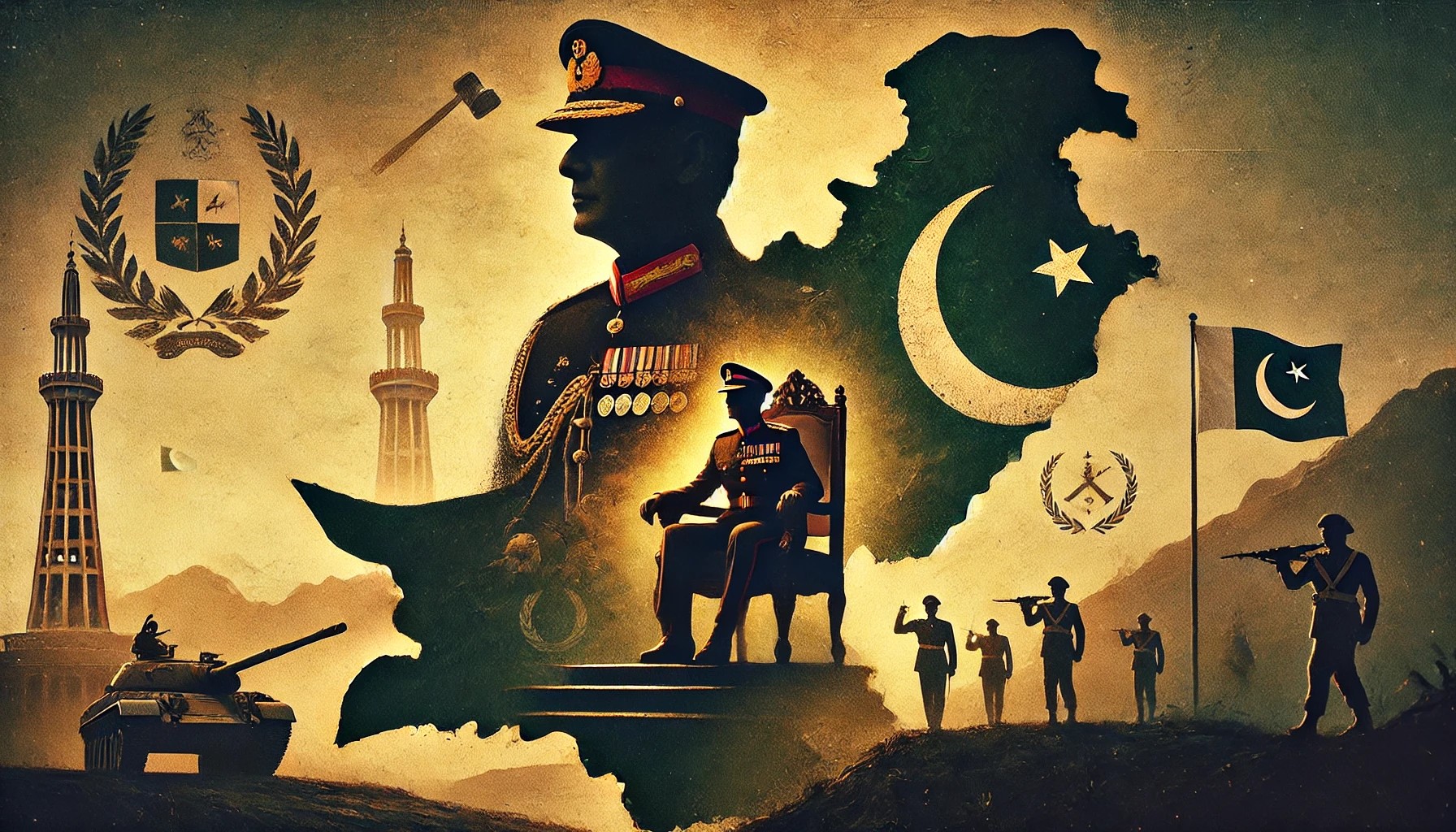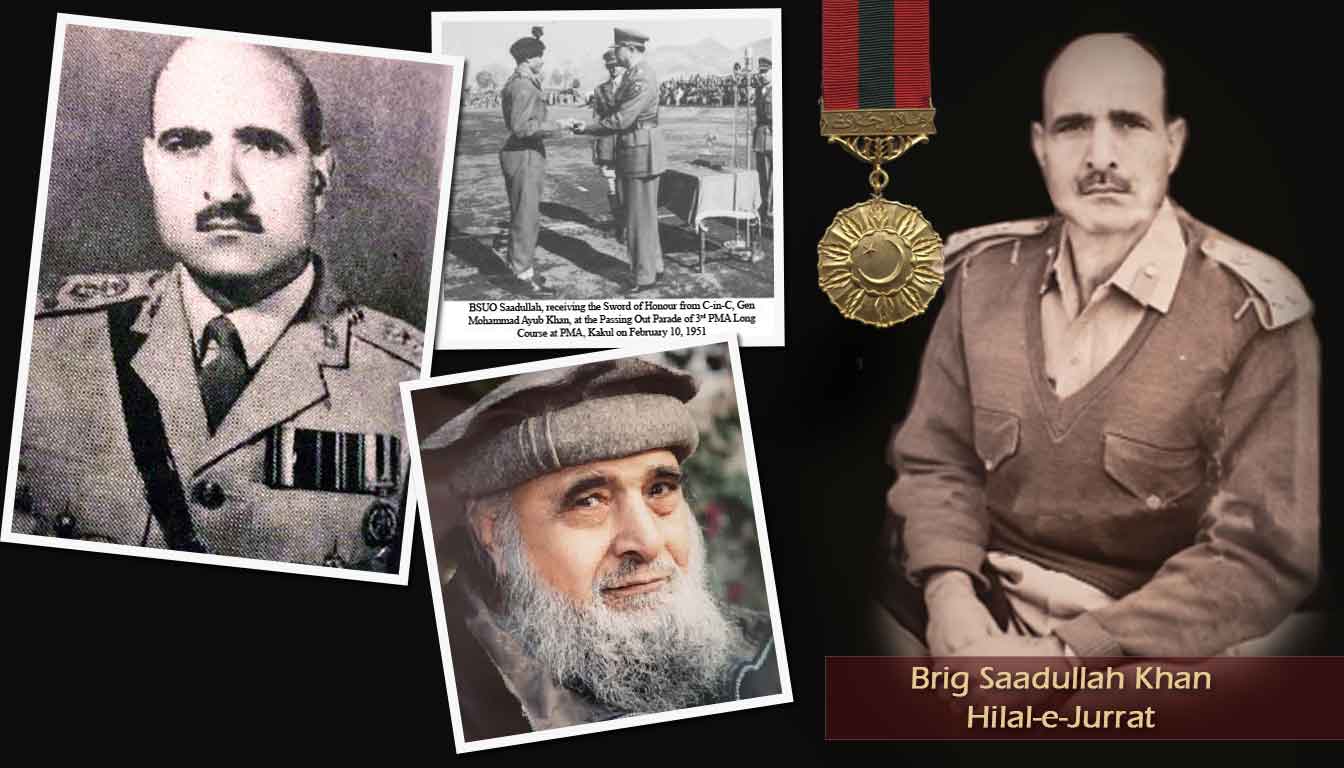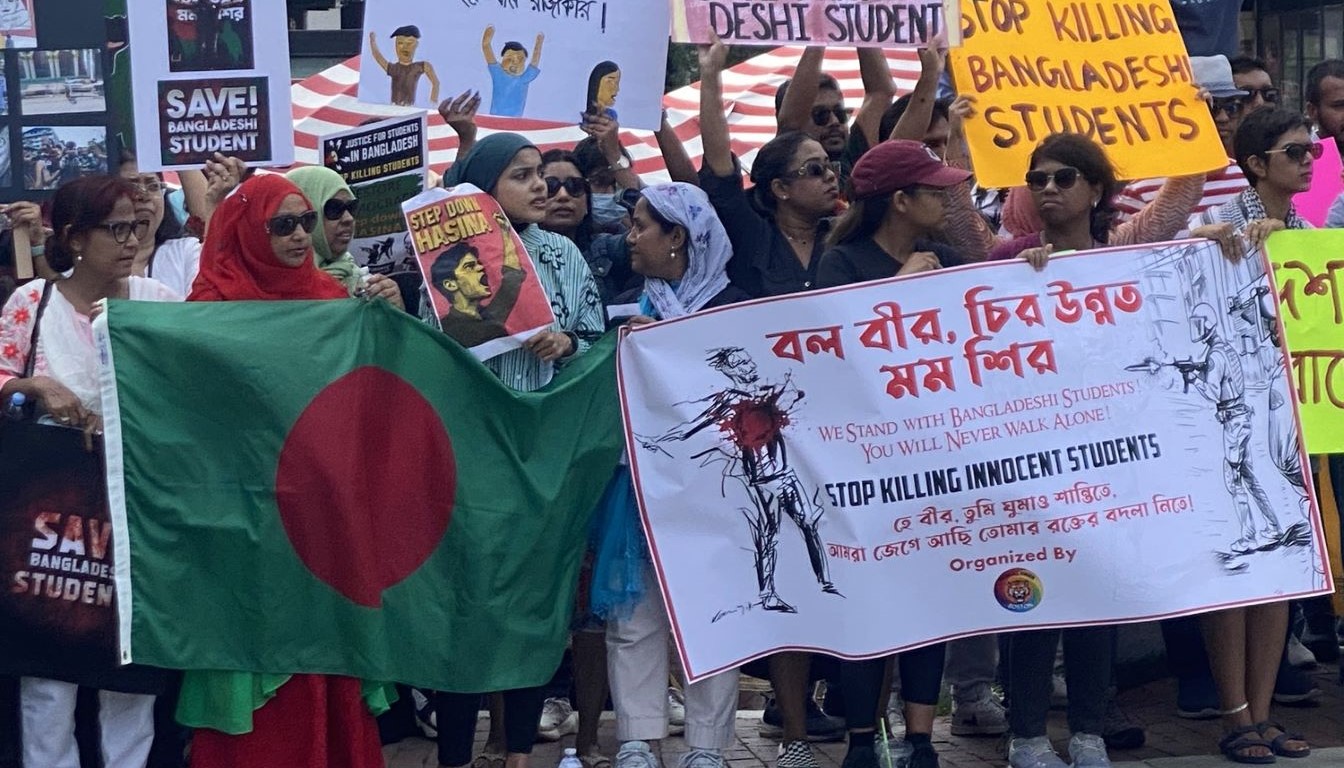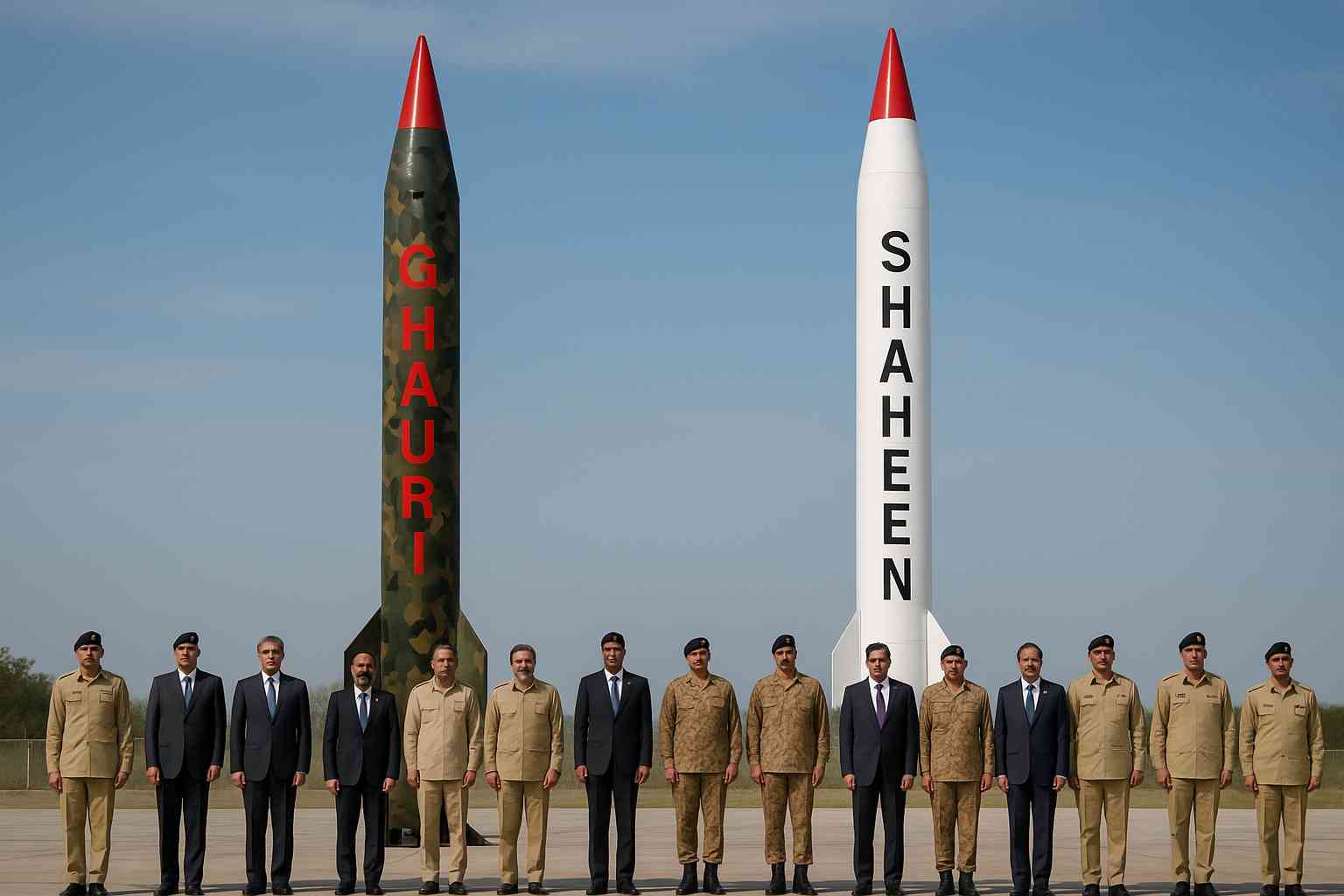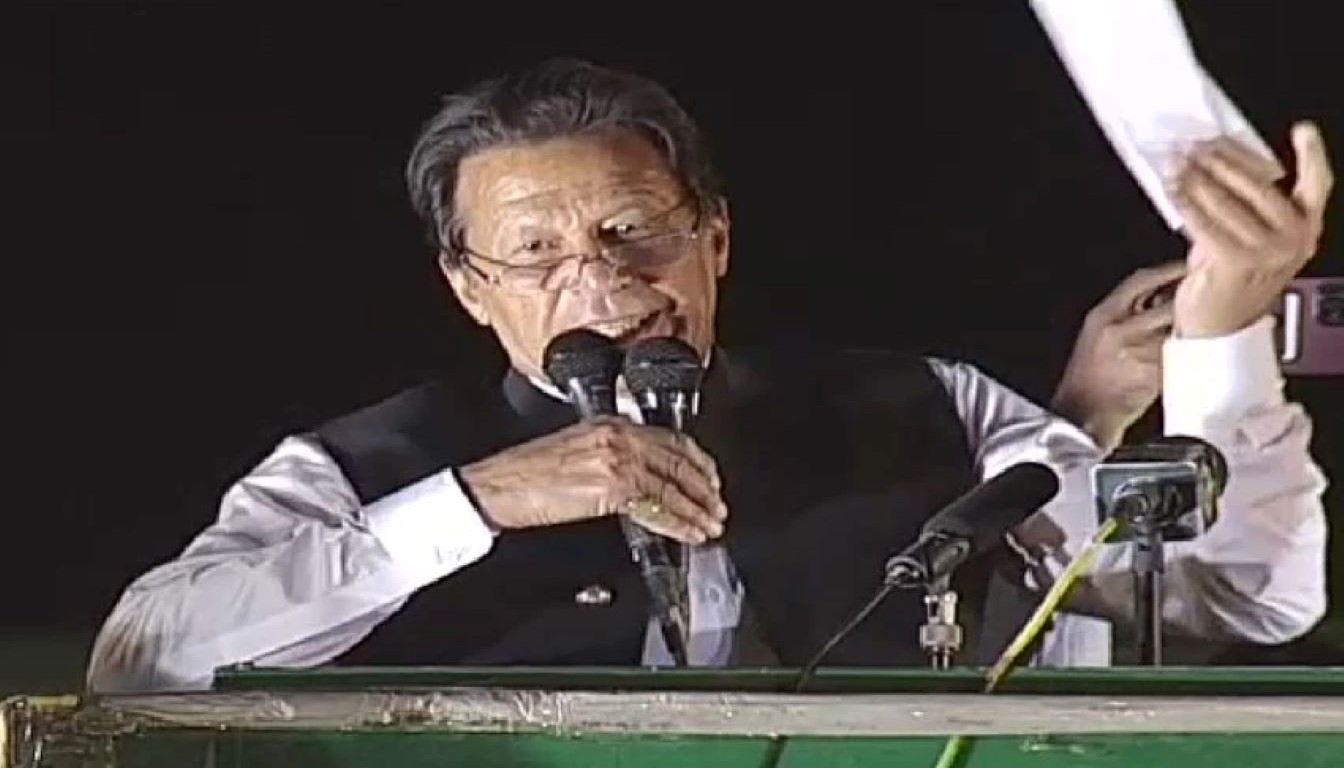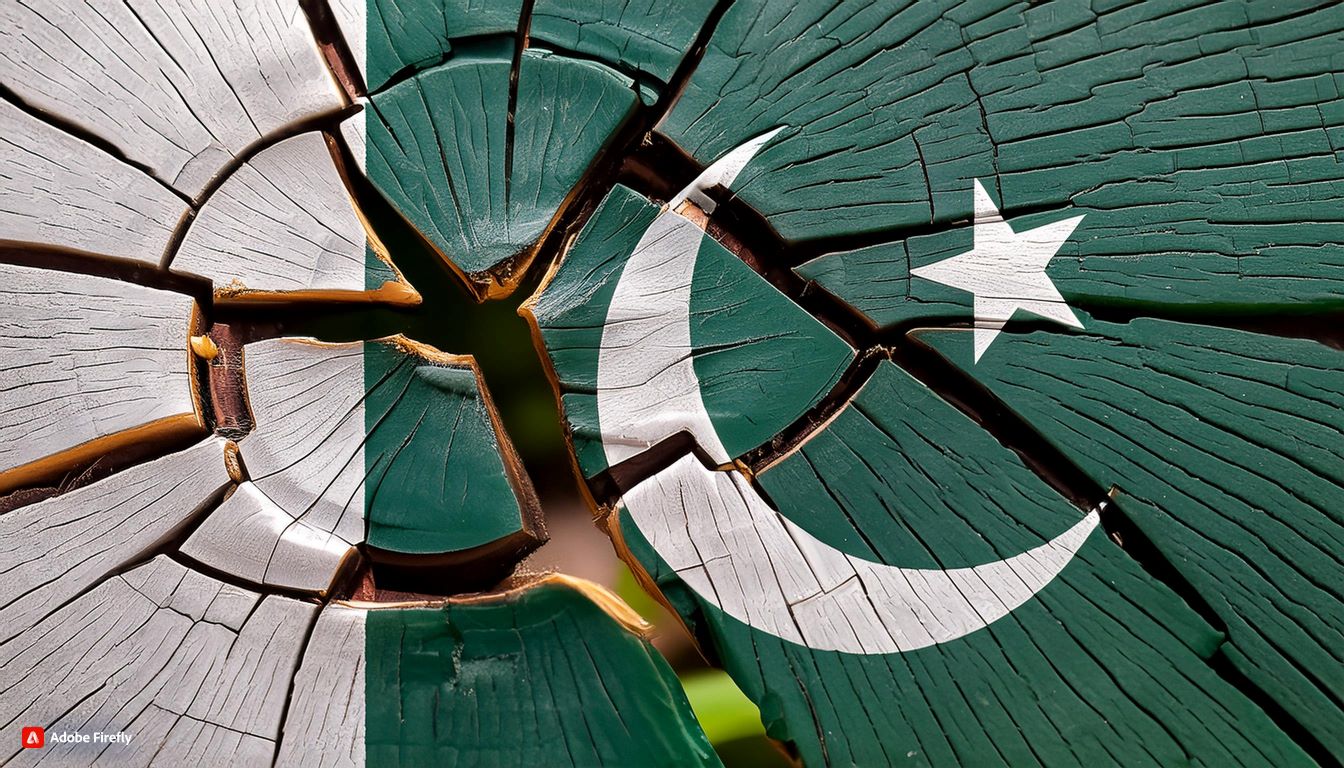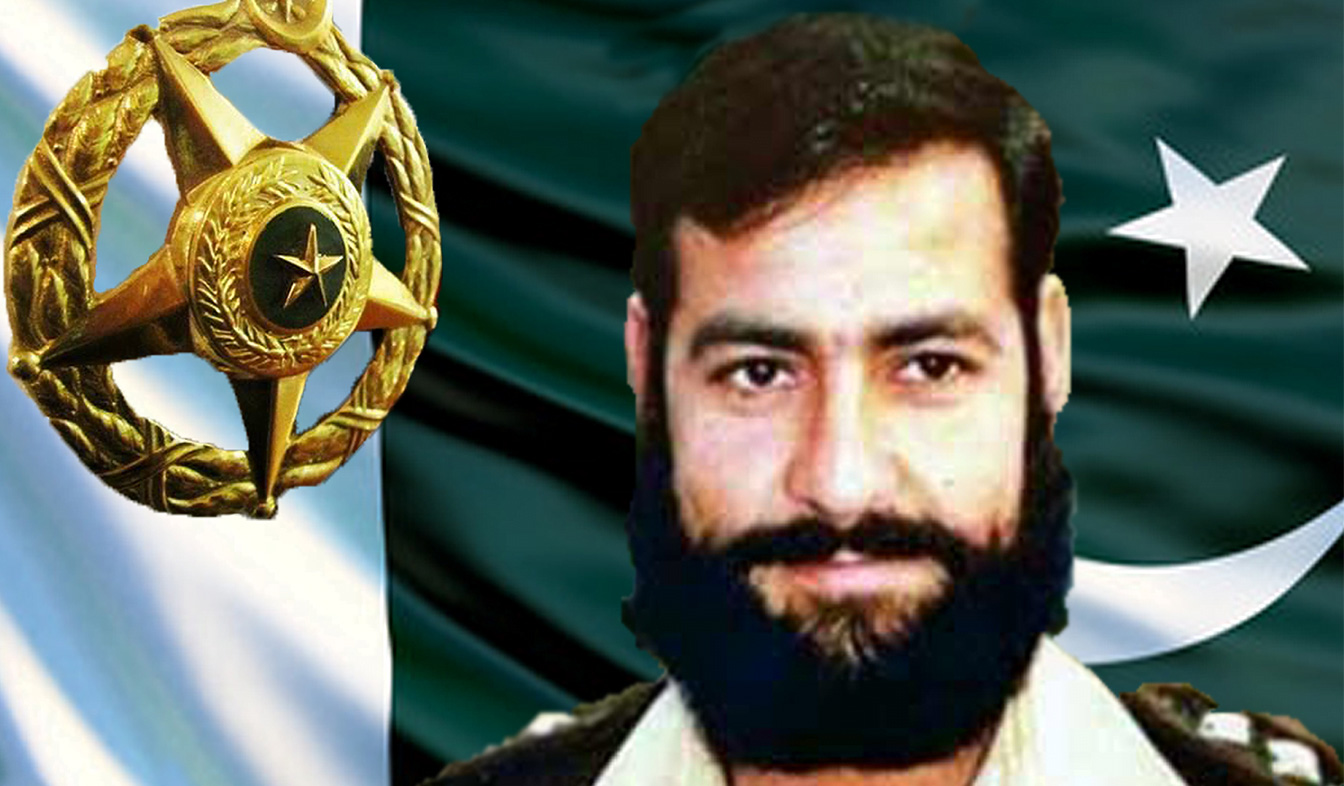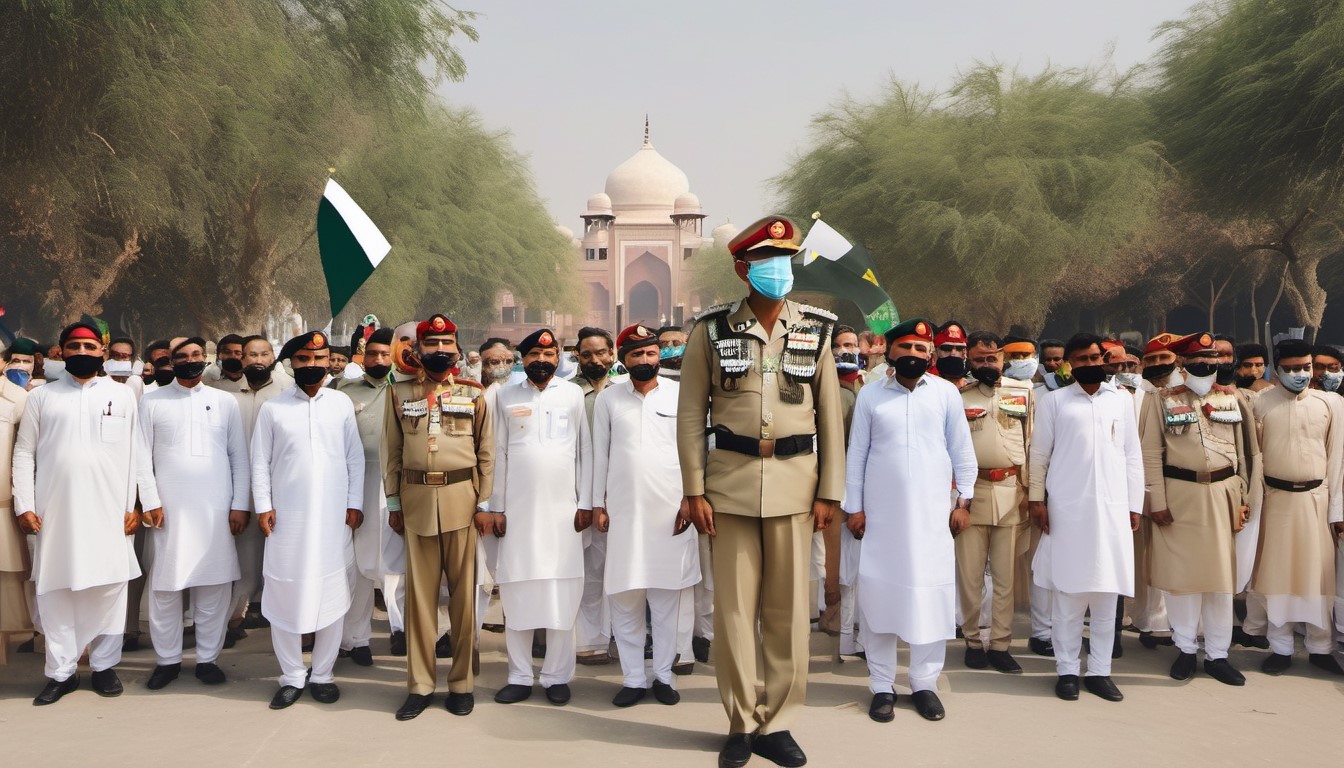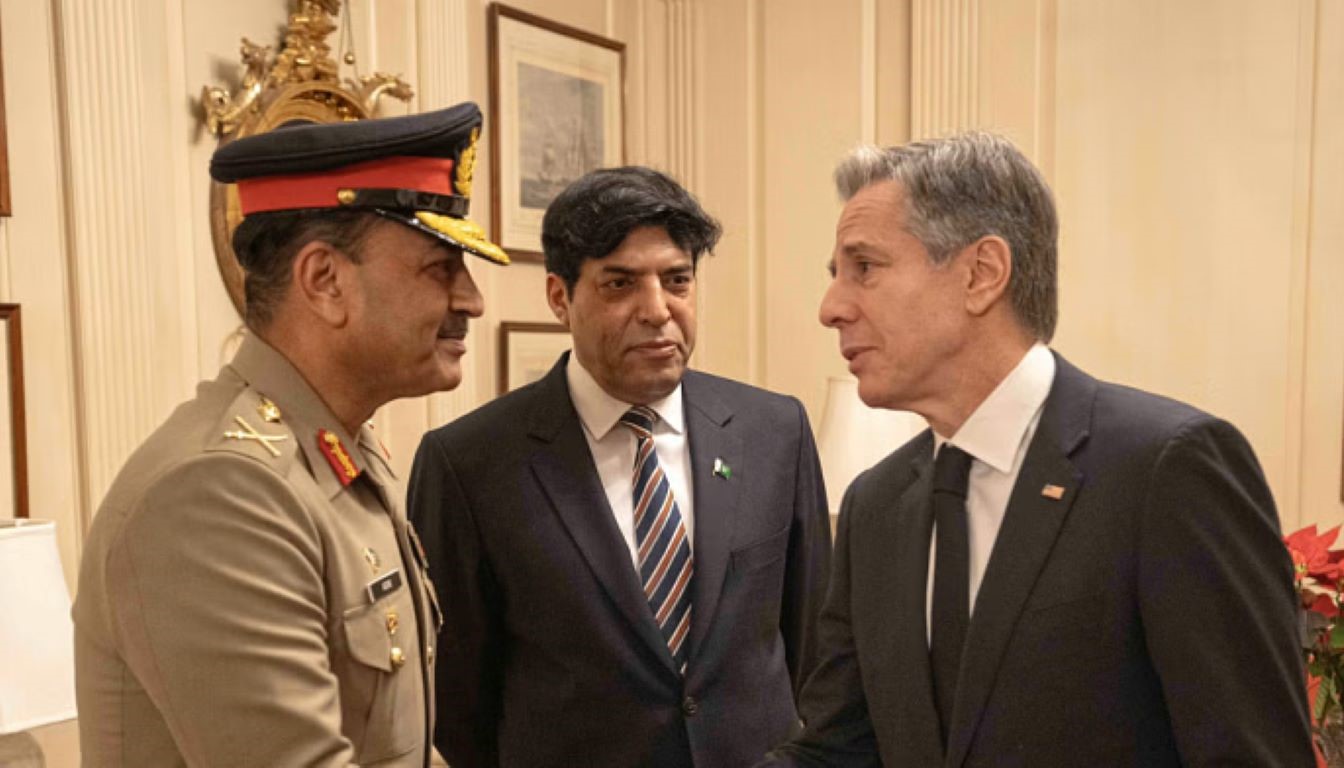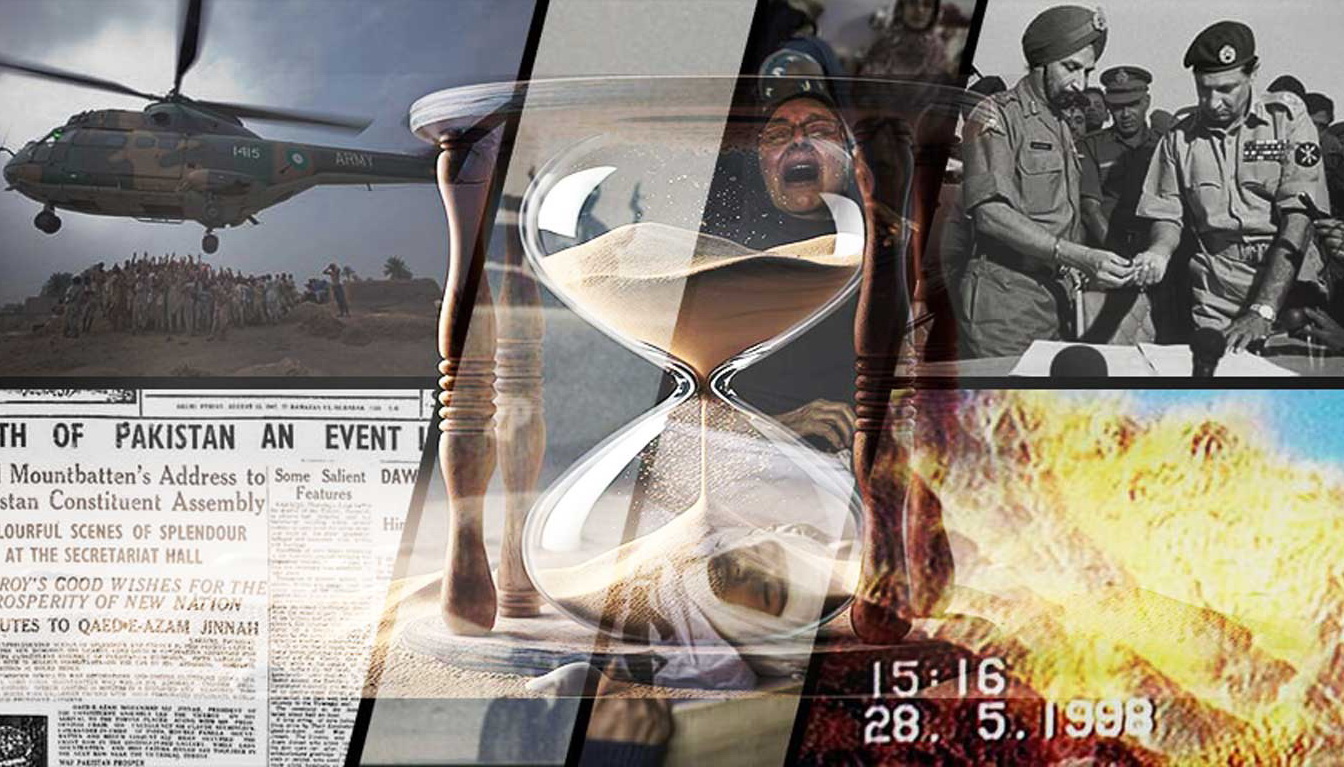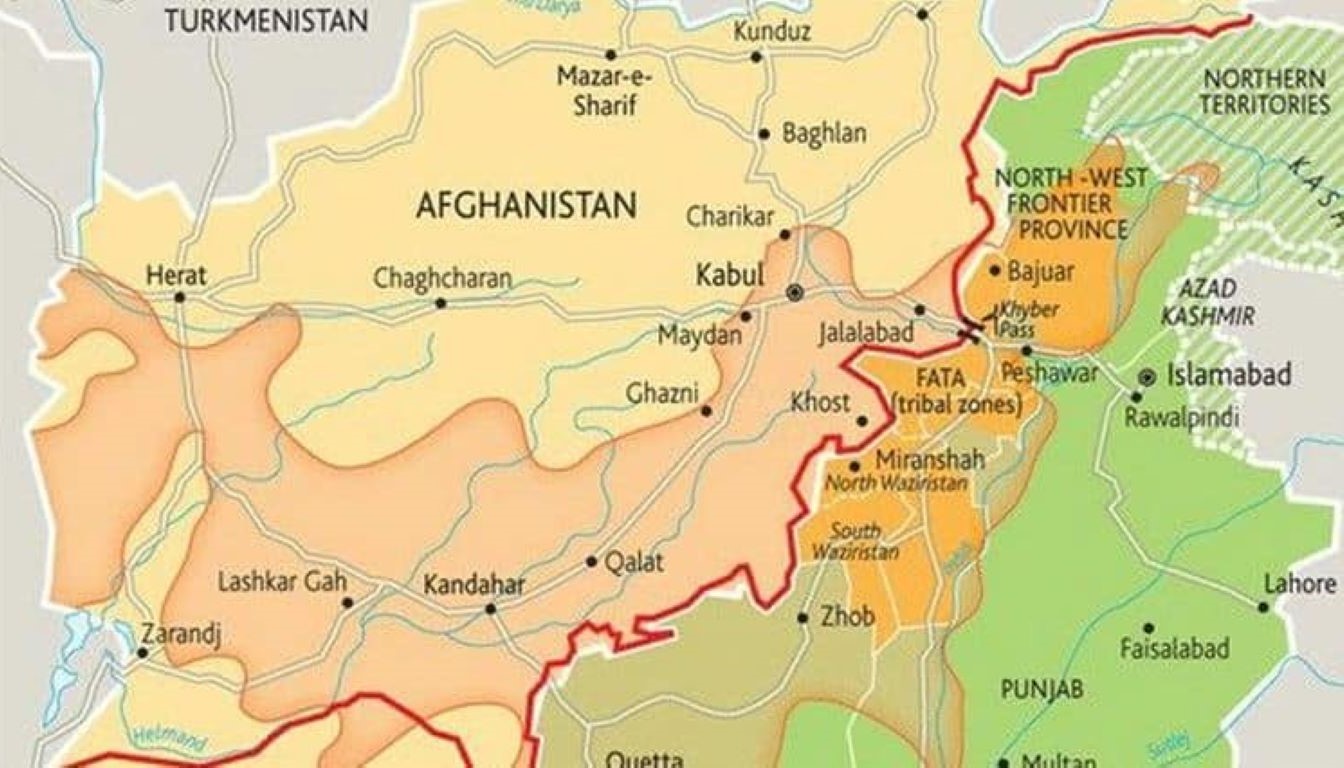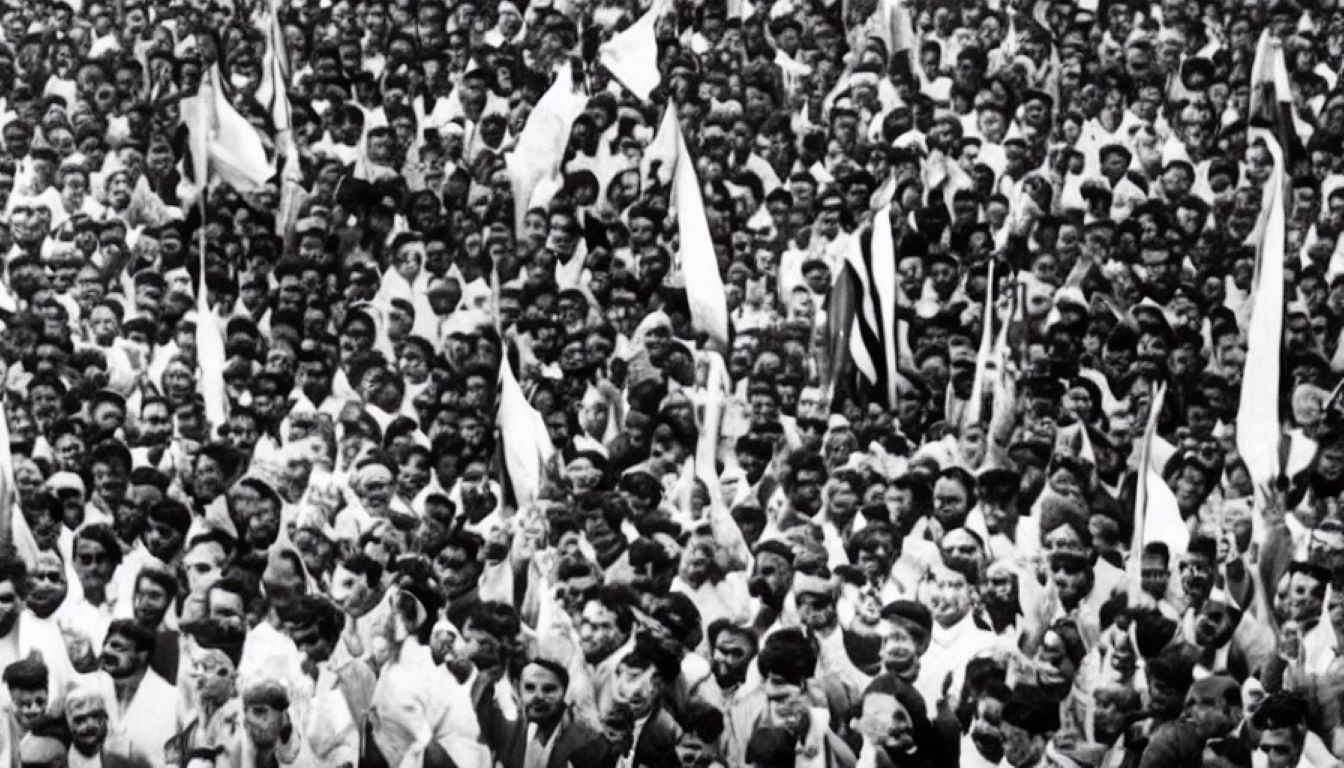On this August 16th, as we mark the 28th anniversary of Nusrat Fateh Ali Khan’s passing, I pause not in sorrow but in invocation—like a qawwal summoning the divine through swirling raags and relentless rhythm. As a fellow musician, a friend touched by his grace, and a seeker shaped by his unyielding quest for transcendence, I reflect on how his voice became the rudder for my own rock and roll jihad.
In 1990, through Imran Khan’s fateful introduction, I first met this titan of Sufi sound. What followed was not only a friendship but a sacred mentorship that reshaped my path. Sharing the stage with him—on those incandescent nights where his alaaps soared like shaheens over the Himalayas—I witnessed music not as mere melody, but revelation: a Divine gift, a pursuit of unity amid division.
Nusrat’s Global Voice
Born in Faisalabad in 1948 into a 600-year lineage of qawwals, Nusrat became the Shahenshah-e-Qawwali—the “Emperor of Qawwali”—after his father’s death in 1964. He did not just preserve this centuries-old Sufi devotional form; he ignited it with improvisation, blending classical raags into emotional tempests that awakened the ruh, the soul. Ethnomusicologist Regula Burckhardt Qureshi described qawwali as “an occasion for Sufi devotion,” and Nusrat transformed that devotion into thunderous, unforgettable ecstasy.
As an ambassador of Sufi music, he carried qawwali from Punjab’s shrines to the world’s stages. Peter Gabriel amplified his genius on the Real World label, calling him “perhaps the greatest singer of them all.” Collaborations on The Last Temptation of Christ soundtrack and albums like Mustt Mustt and the Grammy-nominated Night Song fused East and West, while tours across more than 40 countries brought millions into Sufism’s orbit. Imran Khan’s patronage opened these doors, transforming Nusrat from a local legend into a global luminary.
Through lyrics steeped in ishq-e-haqiqi—divine love—Nusrat proclaimed truth, humanity, and peace. “One must be willing to release one’s mind and soul from one’s body to achieve ecstasy through music,” he once said, embodying qawwali as liberation itself.
His influence was vast. Jeff Buckley dubbed him “my Elvis.” A.R. Rahman wove qawwali into Bollywood epics inspired by him. From Eddie Vedder to Mick Jagger, from Michael Brook to Zayn Malik, artists across genres felt his gravitational pull.
A Bridge Beyond Borders
Nusrat was more than a performer; he was a cultural bridge. His voice echoed in Sufi shrines and homes across India and Pakistan, dissolving religious and political divides. Even when reformist pressures threatened traditional expression, his qawwali endured as an unbreakable thread uniting South Asia’s fractured hearts.
His innovations were fearless. He transcended genre boundaries—incorporating ghazals, film songs, Punjabi folk, and Sikh shabads with reverence. Tracks like Mast Mast and Dum Mast Qalandar lit ancient flames anew for younger generations, proving that tradition thrives not in rigidity but in bold reinvention.
An Enduring Influence
Nusrat’s legacy thrives in today’s South Asian music, pop, and film. His nephew Rahat Fateh Ali Khan carries forward the family torch, while countless others walk the path he opened. With more than 125 albums and dual Grammy nominations in 1997 for Intoxicated Spirit and Night Song, his music remains a sanctuary for seekers searching for solace and transcendence.
More than a singer, he was a philosopher in sound, carving space for intercultural dialogue and shaping global awareness of Sufi philosophy. For Pakistan, he embodied spiritual resilience—a counter-narrative to turmoil. His voice showed the world a Pakistan of beauty, devotion, and light.
My Own Sufi Spark
I count myself among those transformed by Nusrat. His gentle prodding drew me deeper into the Sufi wilderness, a journey I chronicled in Rock & Roll Jihad. Without his inspiration, Junoon’s Azadi— our anthem of freedom — might never have been born.
He embodied courage and humility, reminding me that music is not diversion but alchemy: a vessel to turn grief into beauty, chaos into order. “Play music from the soul,” he urged me, his eyes ablaze with qawwal fire, “and the world will listen.”
For me, Nusrat personified the ultimate musician’s jihad—defying convention, embracing divine tumult, and transforming anguish into anthems of unity.
The Eternal Echo
As Pakistanis, musicians, and seekers, we inherit his mandate: to wield music as love’s weapon, bridging divides with devotion’s span. On this anniversary, let us not lament his departure but rejoice in his presence—in every alaap piercing the veil, every rhythm binding broken hearts.
Nusrat Fateh Ali Khan—the voice of the infinite—your melody continues to steer our restless souls toward unity, transcendence, and unquenchable light.
Dr. Salman Ahmad, United Nations Goodwill Ambassador, Pakistani-American, Human Rights Defender and a famous rockstar, Founder of rock band “Junoon”

